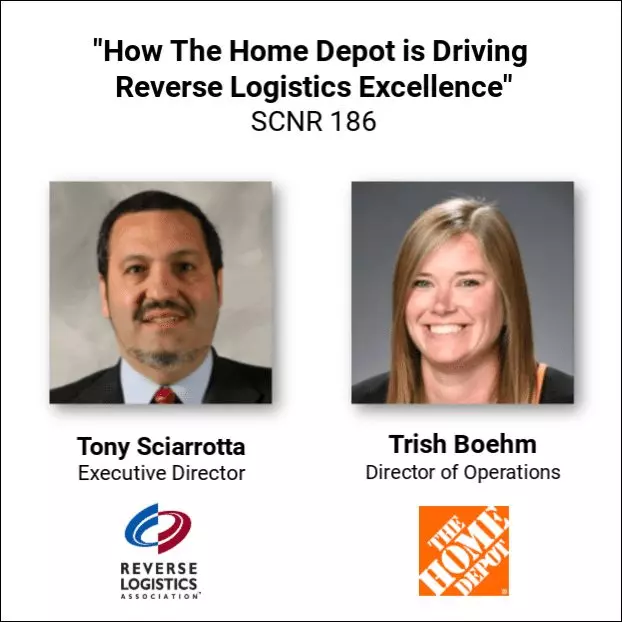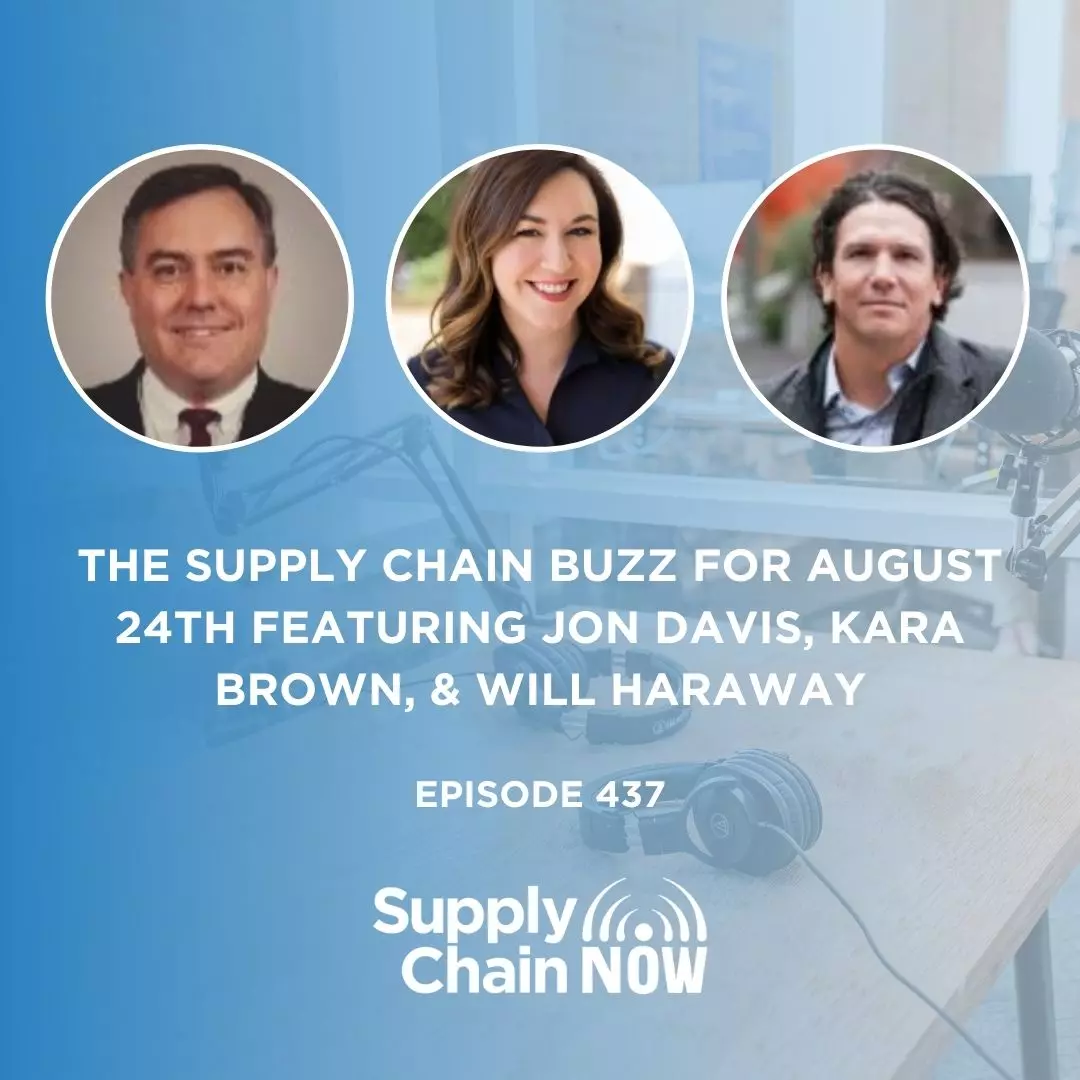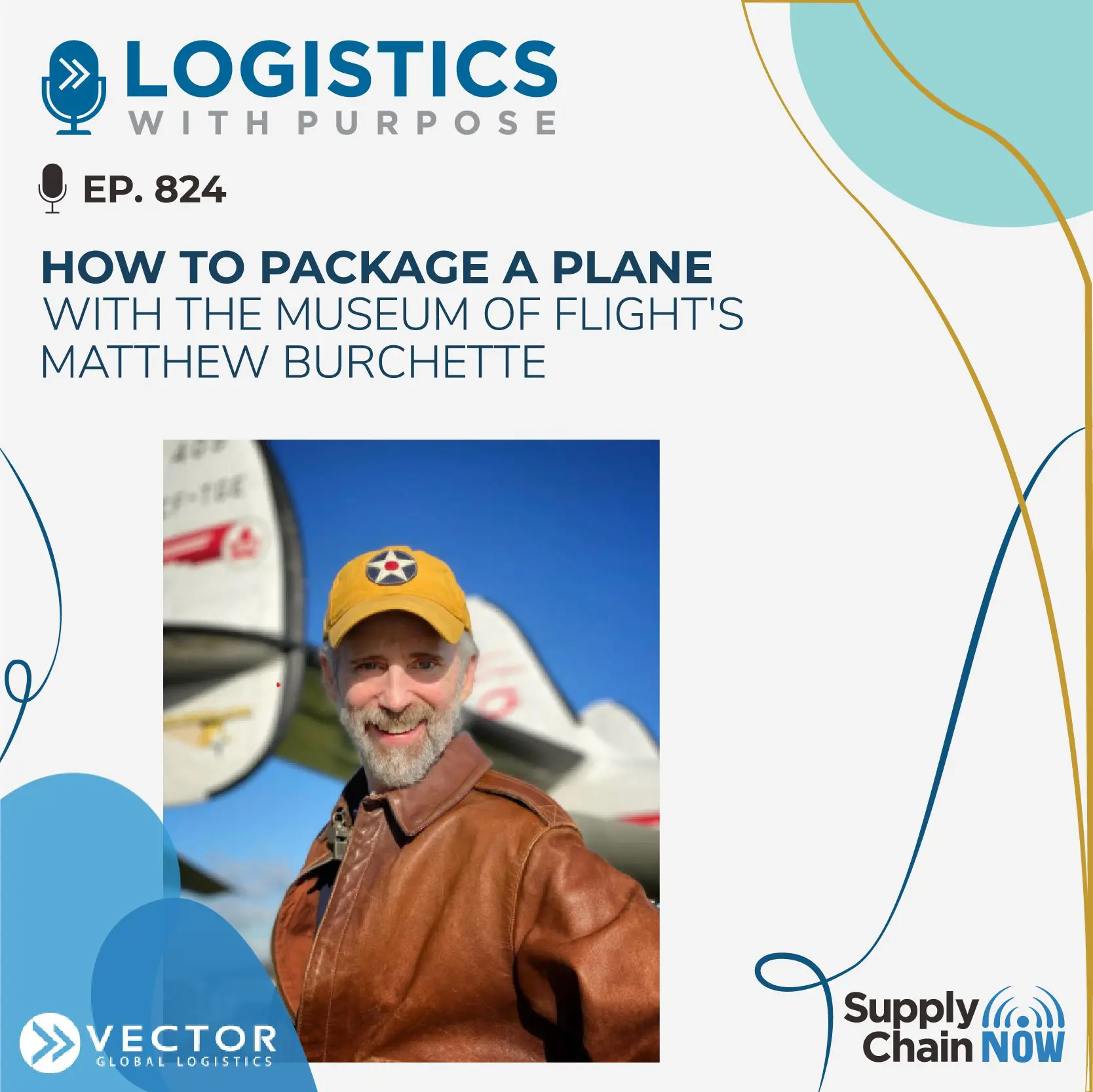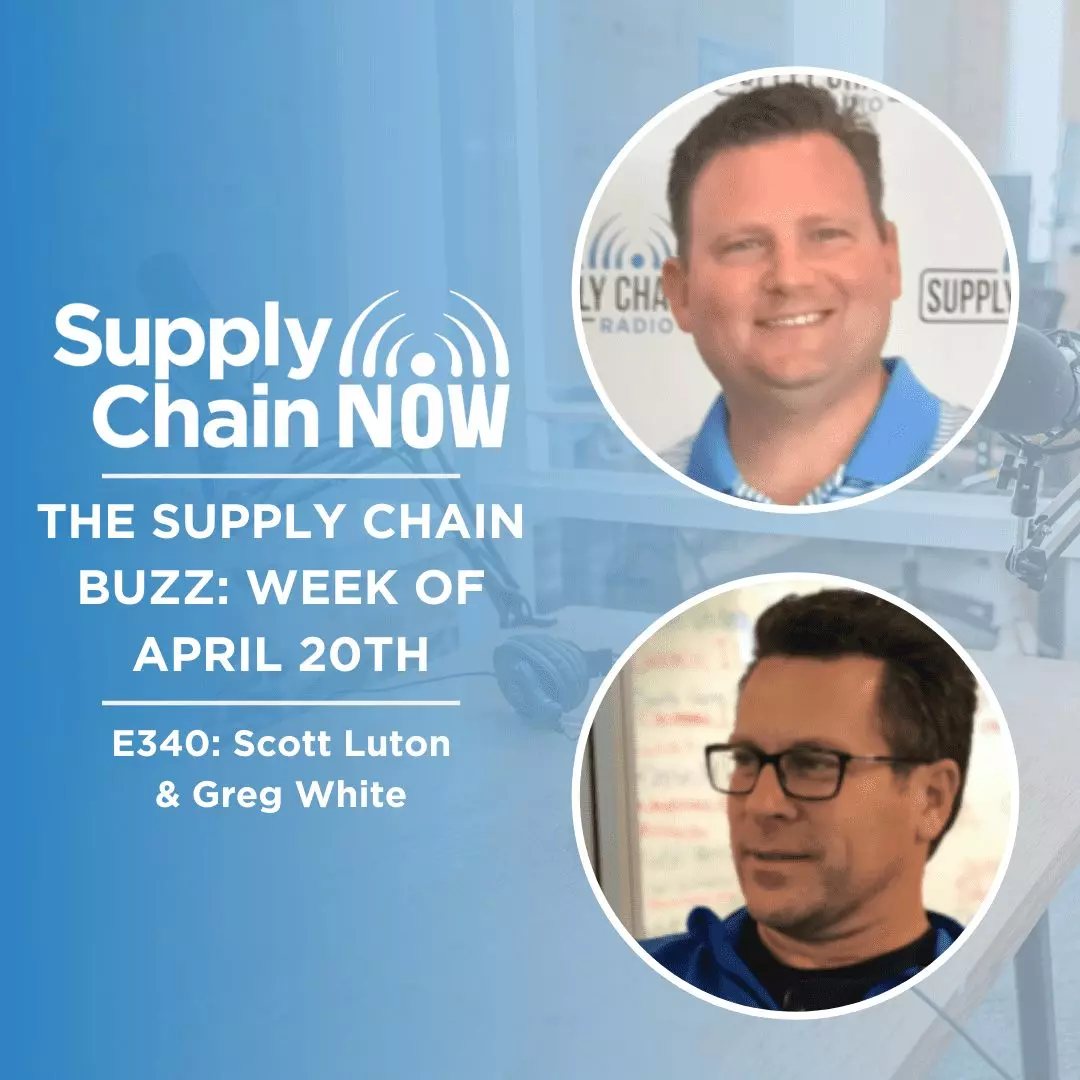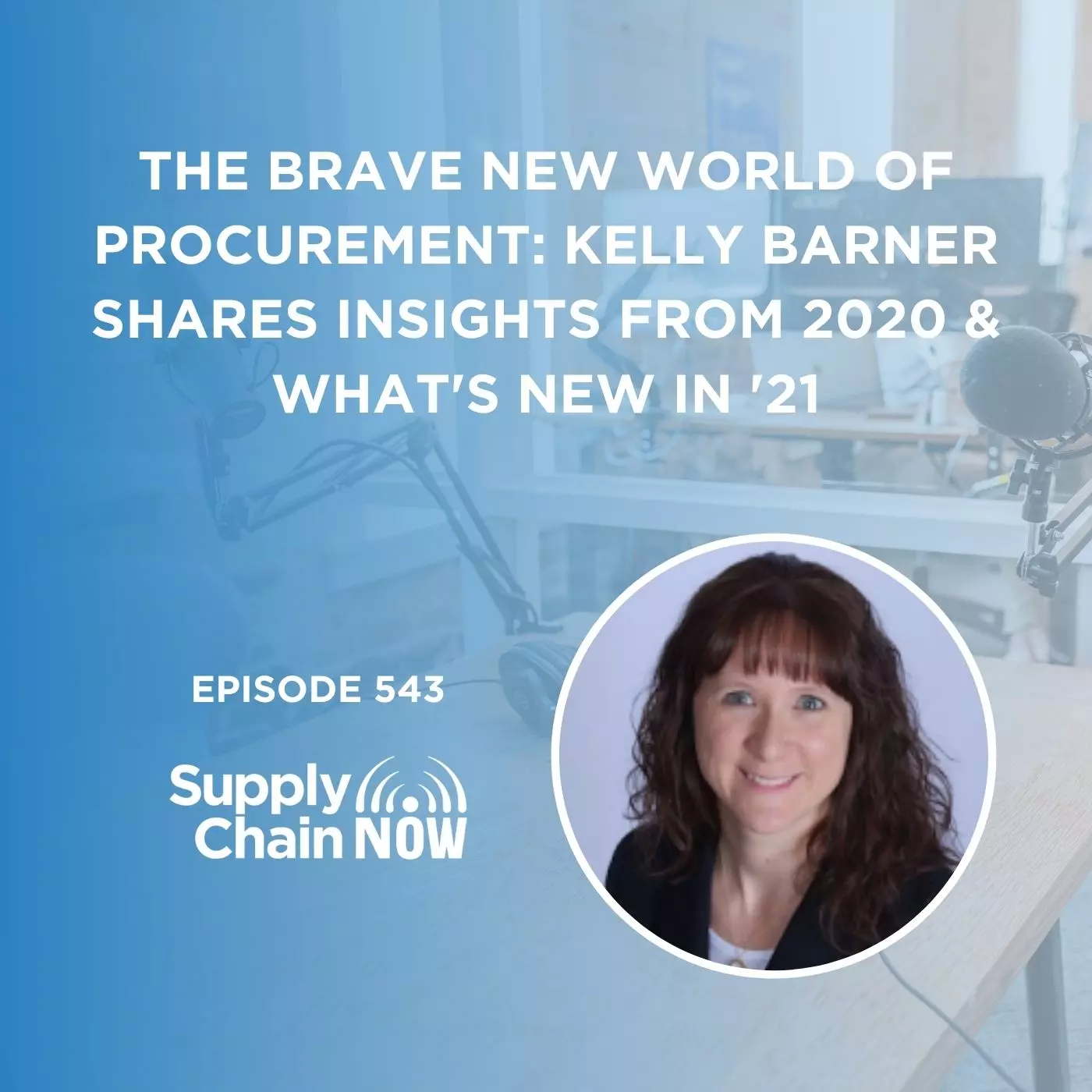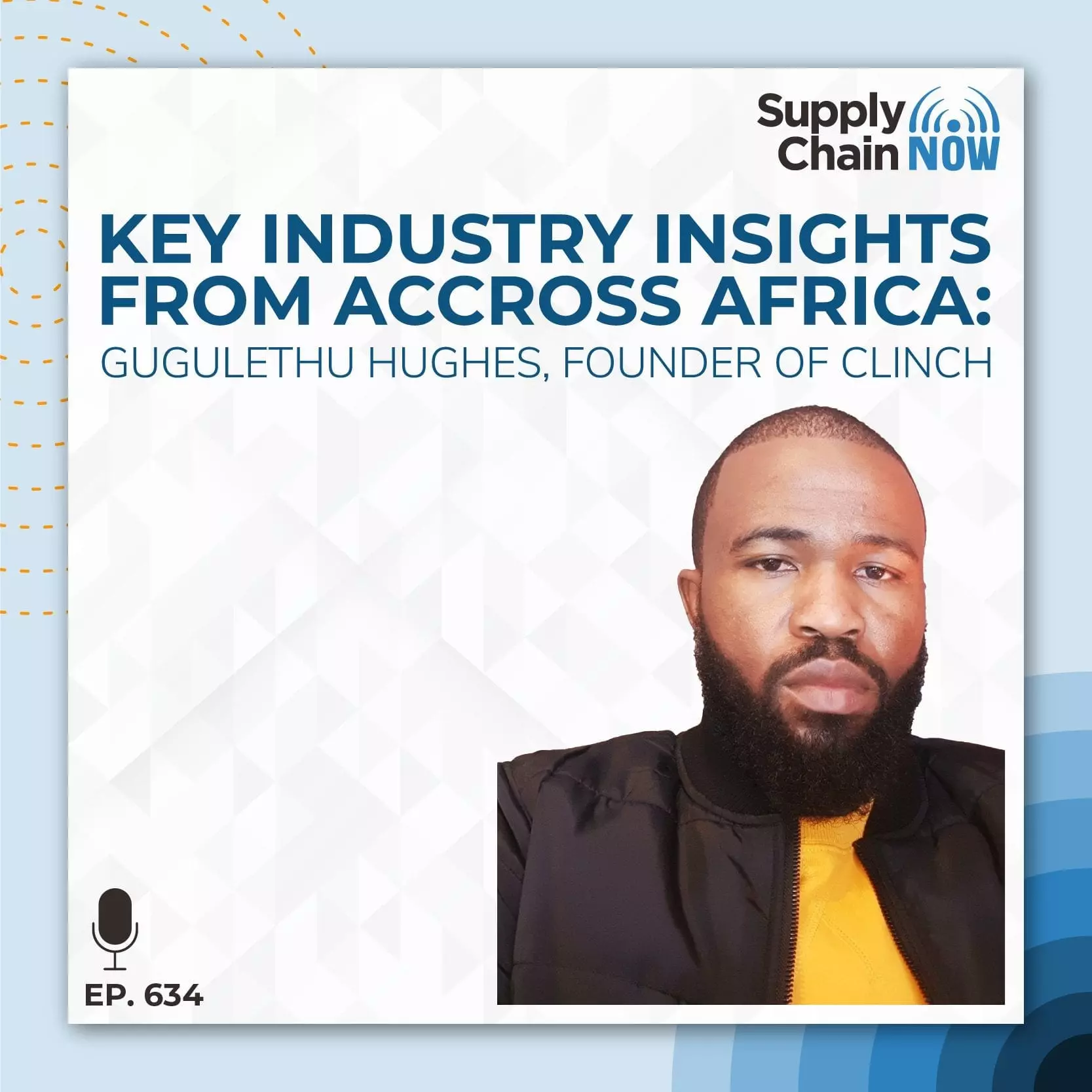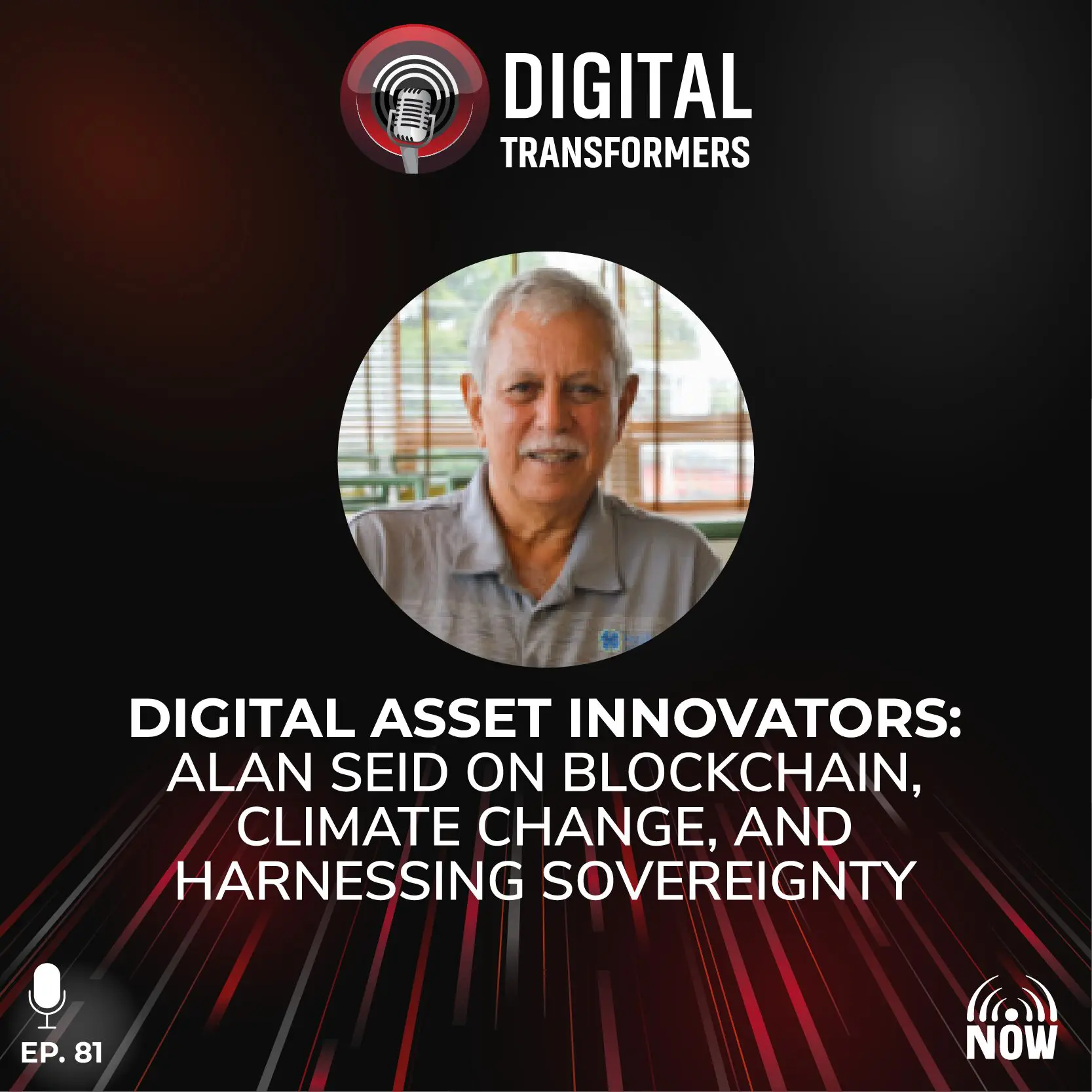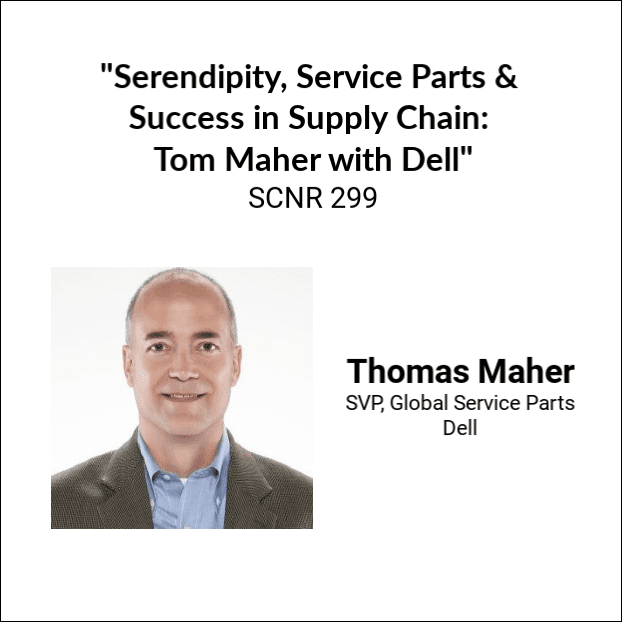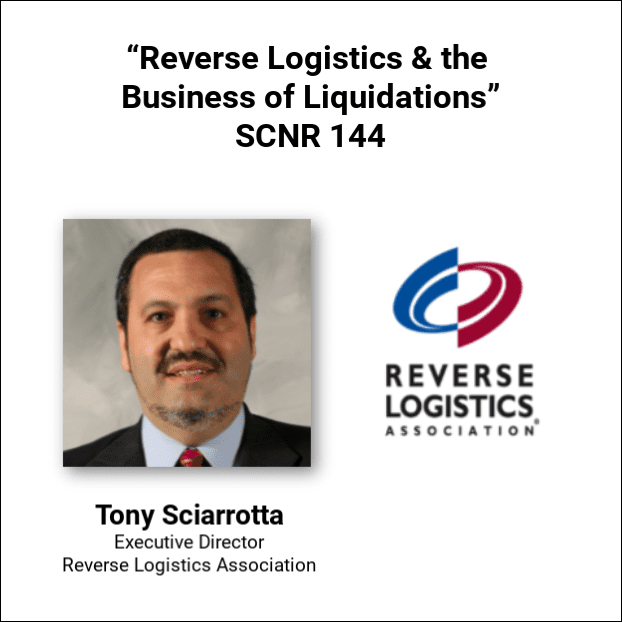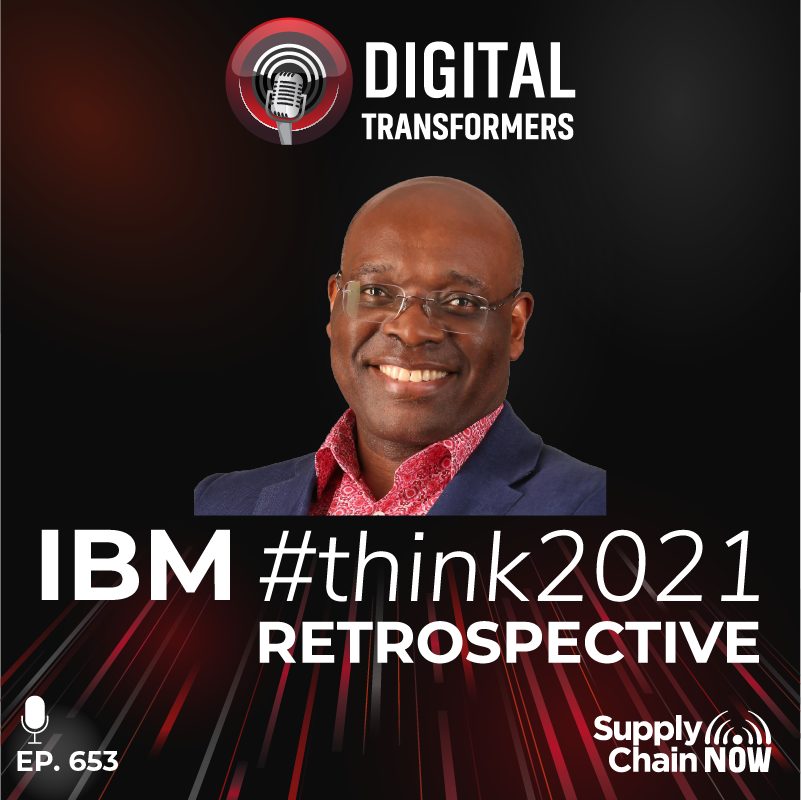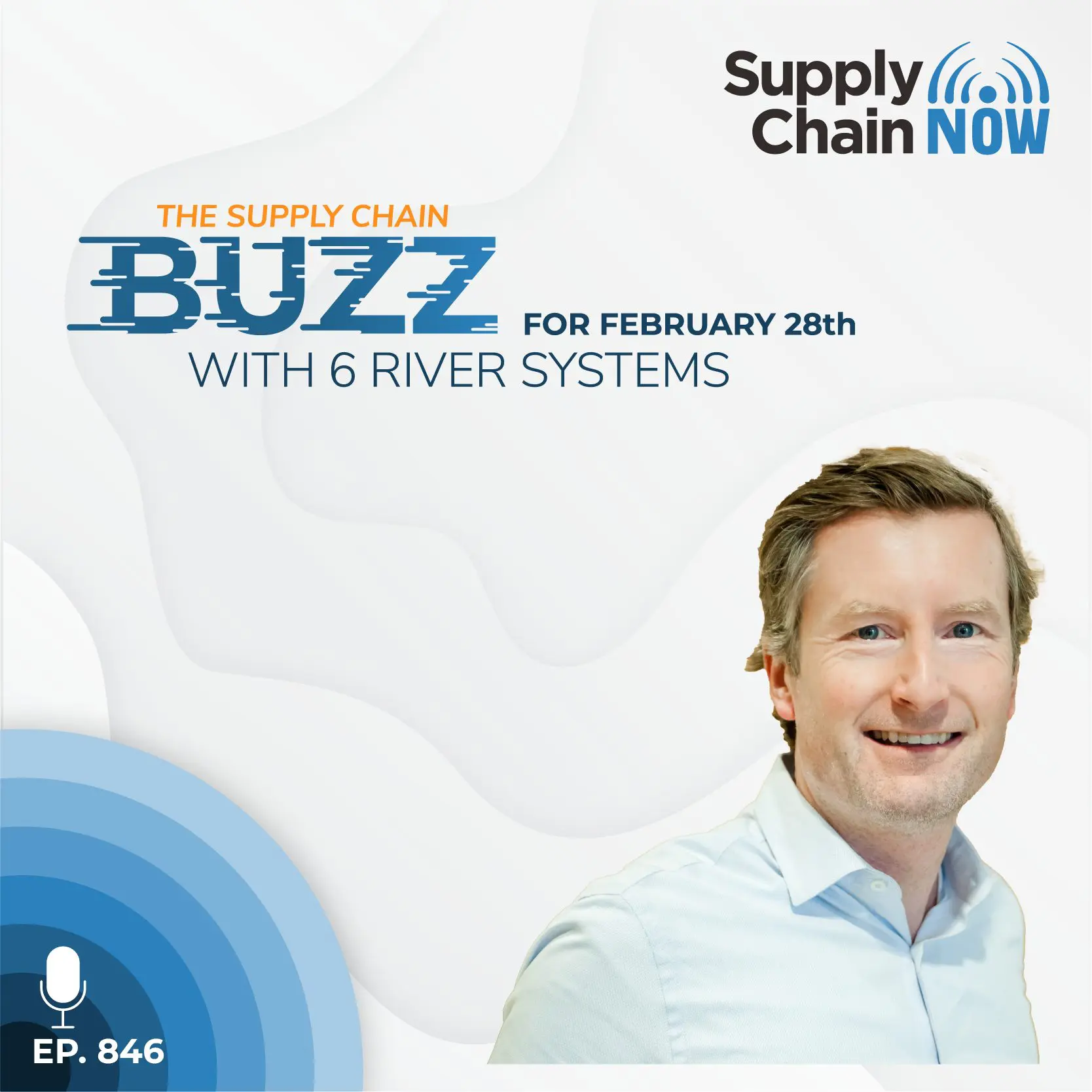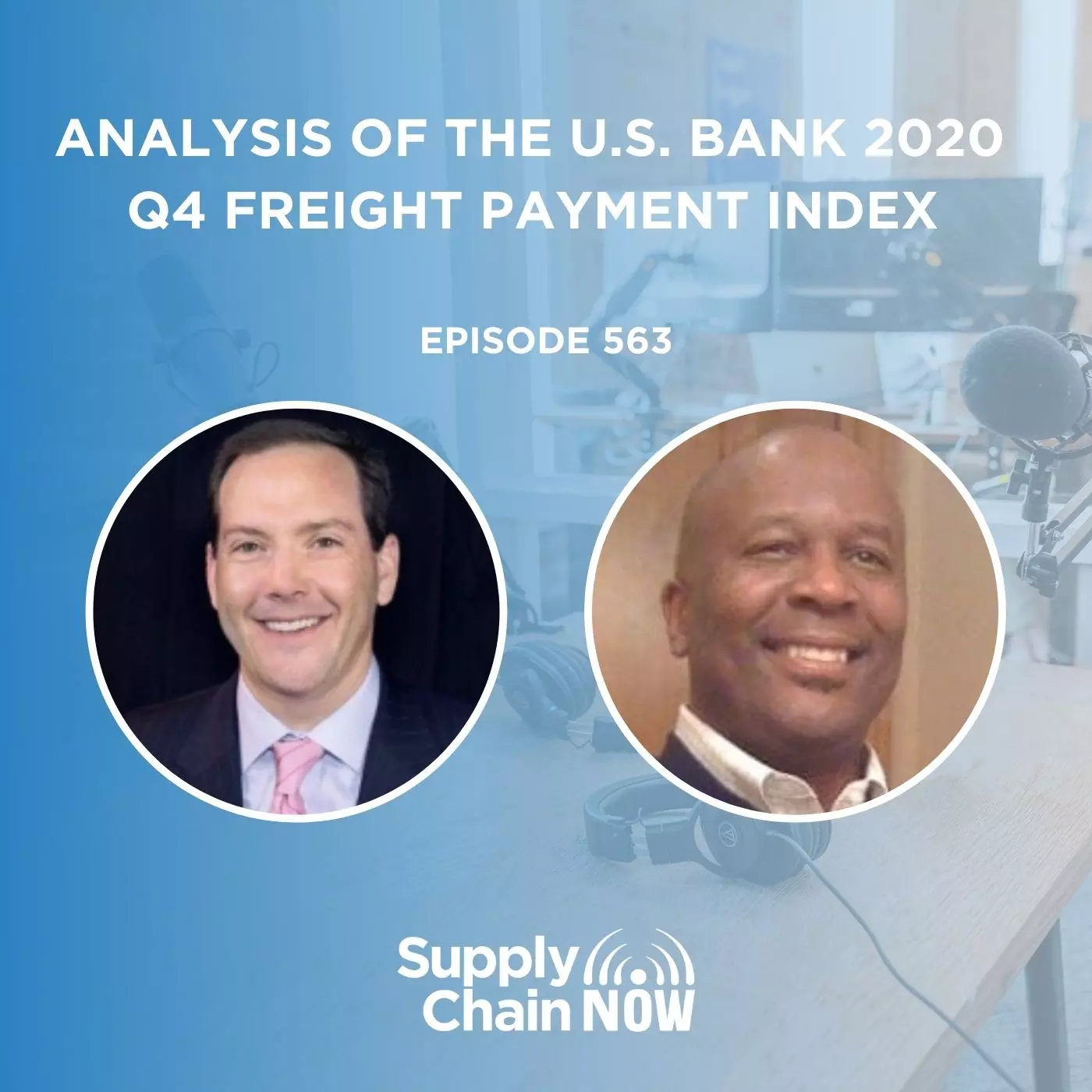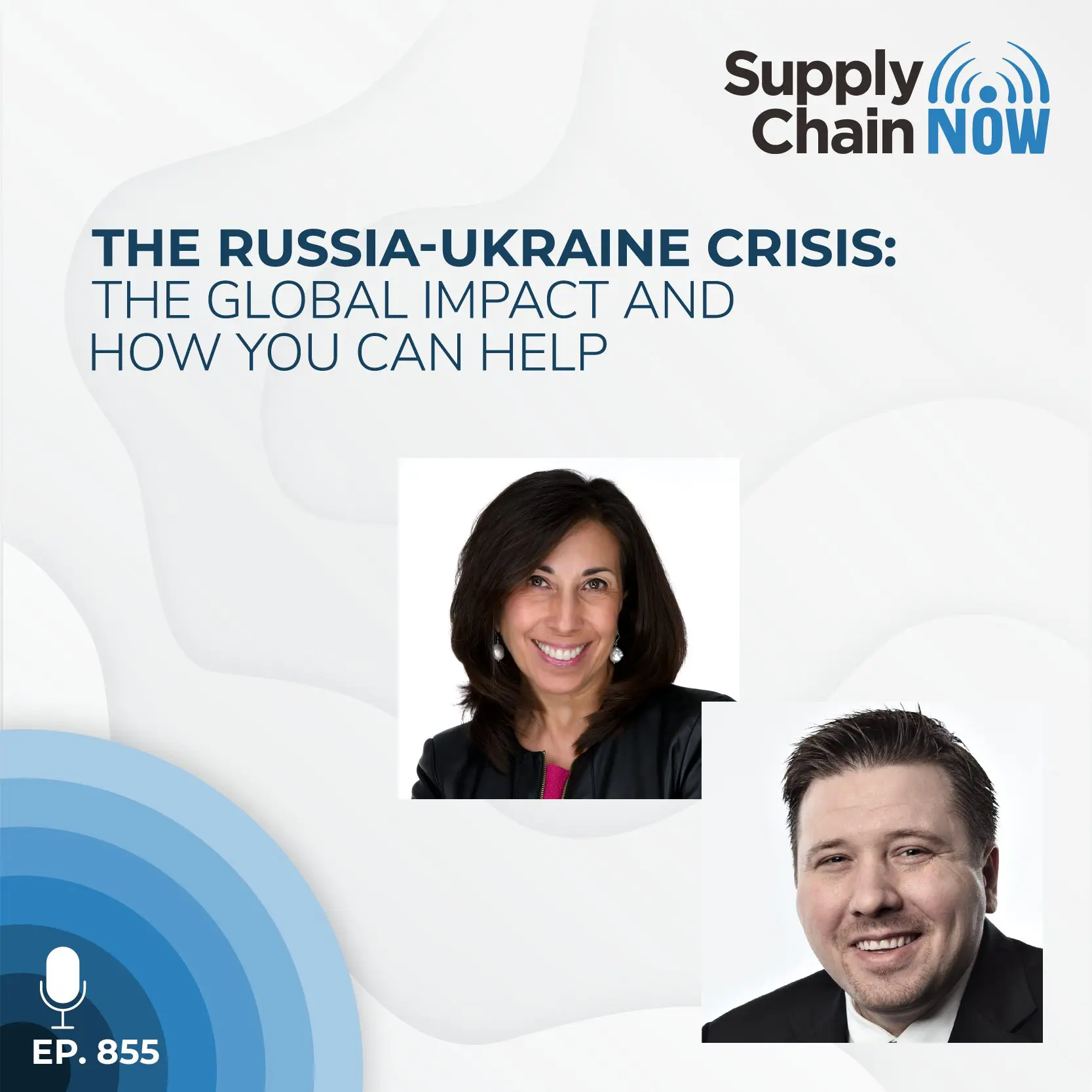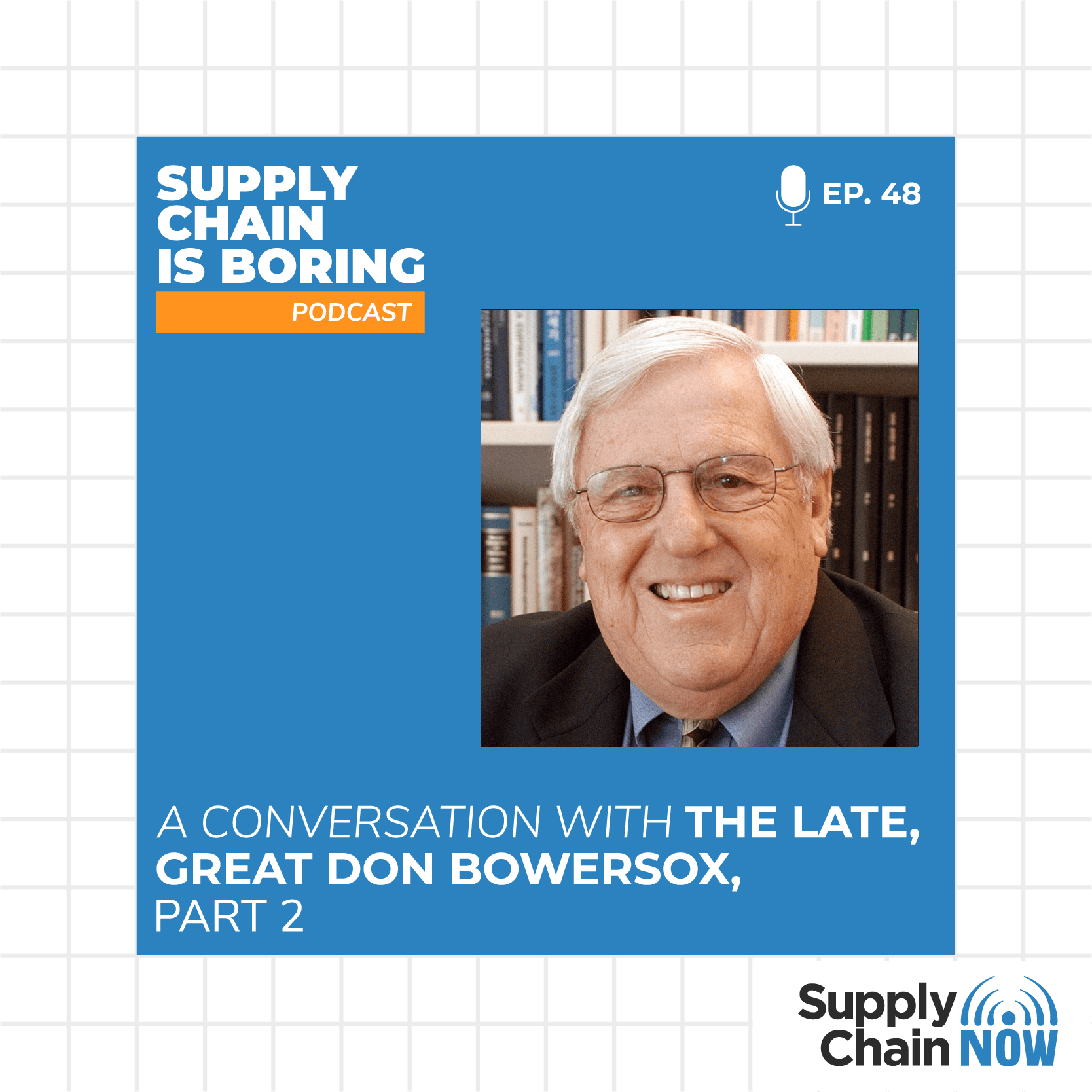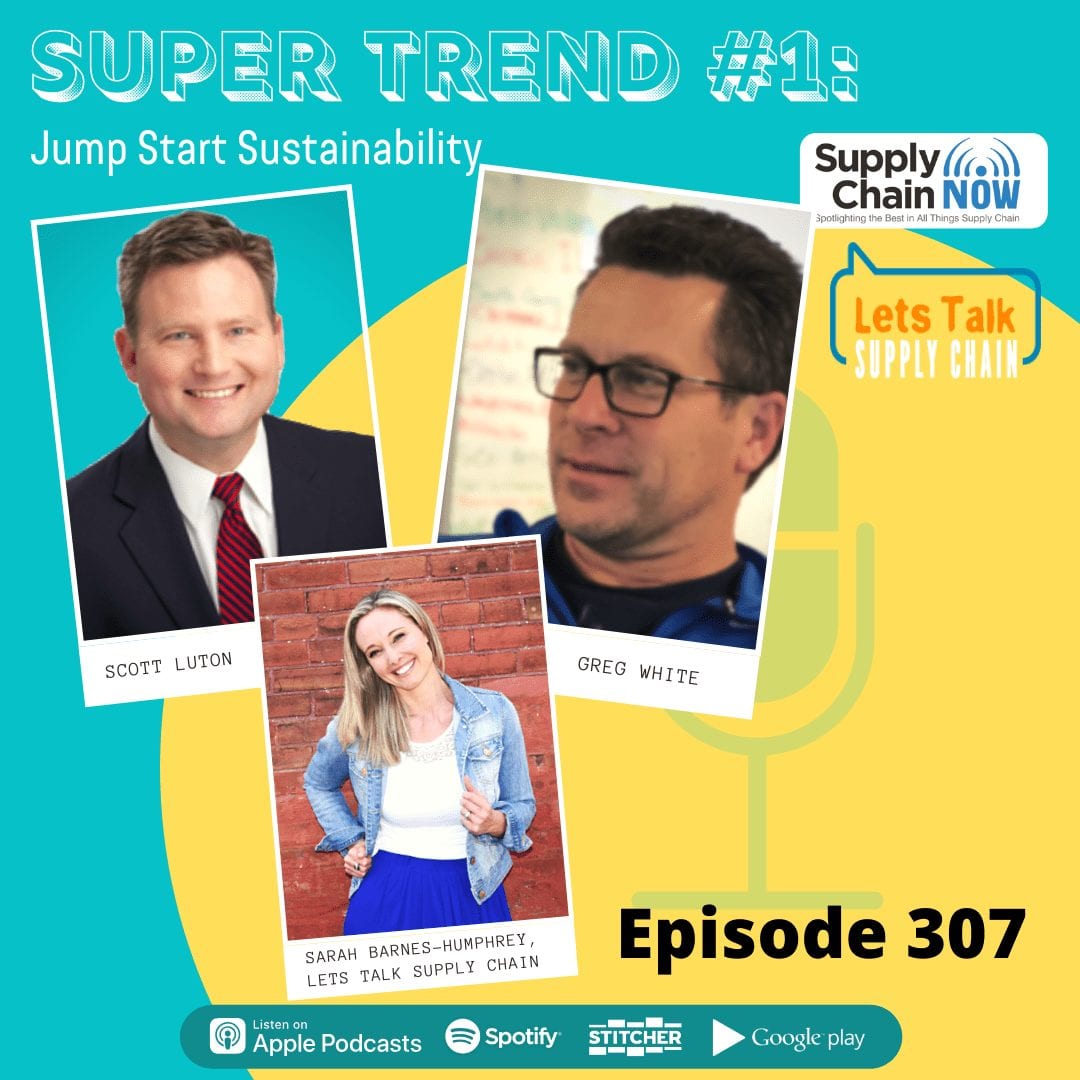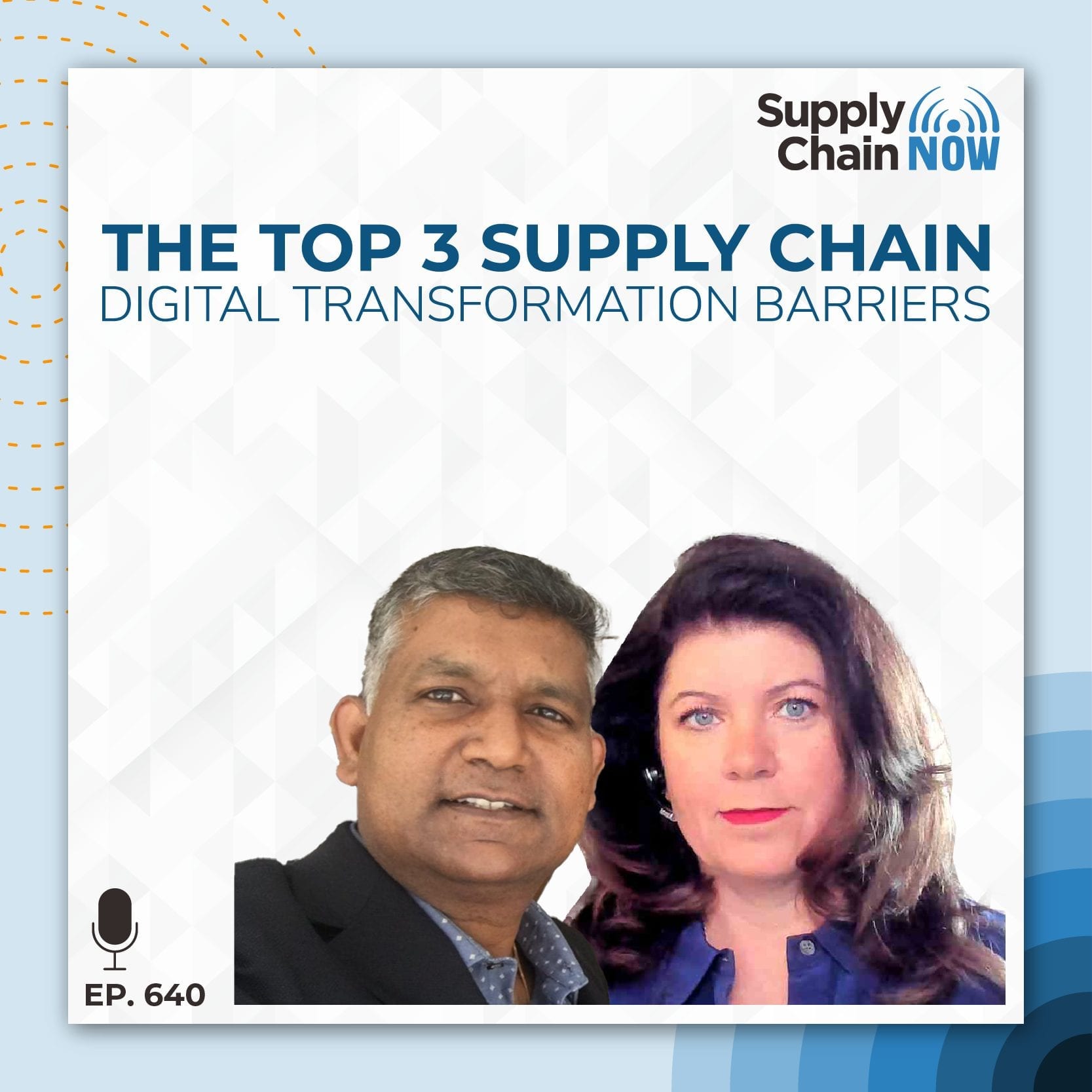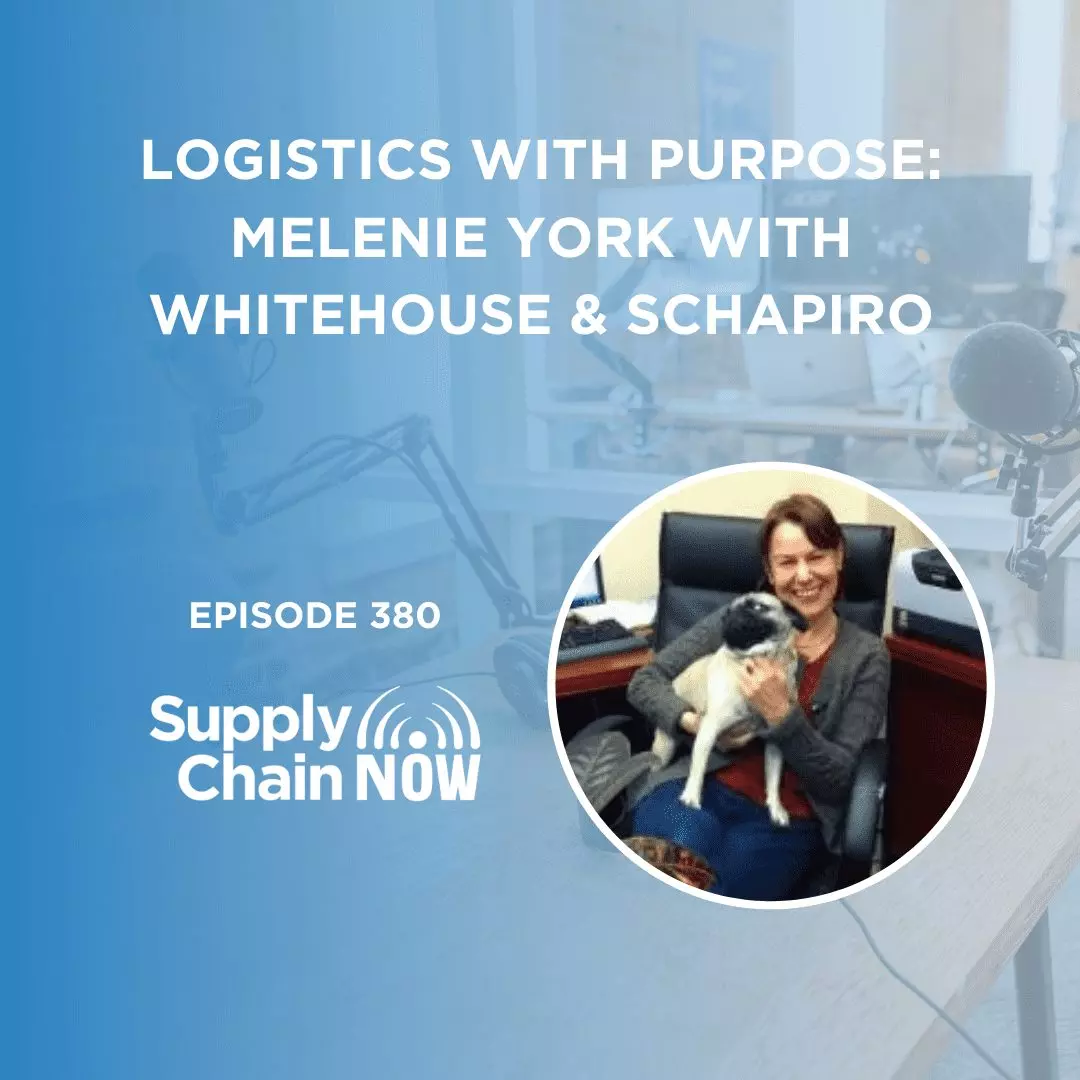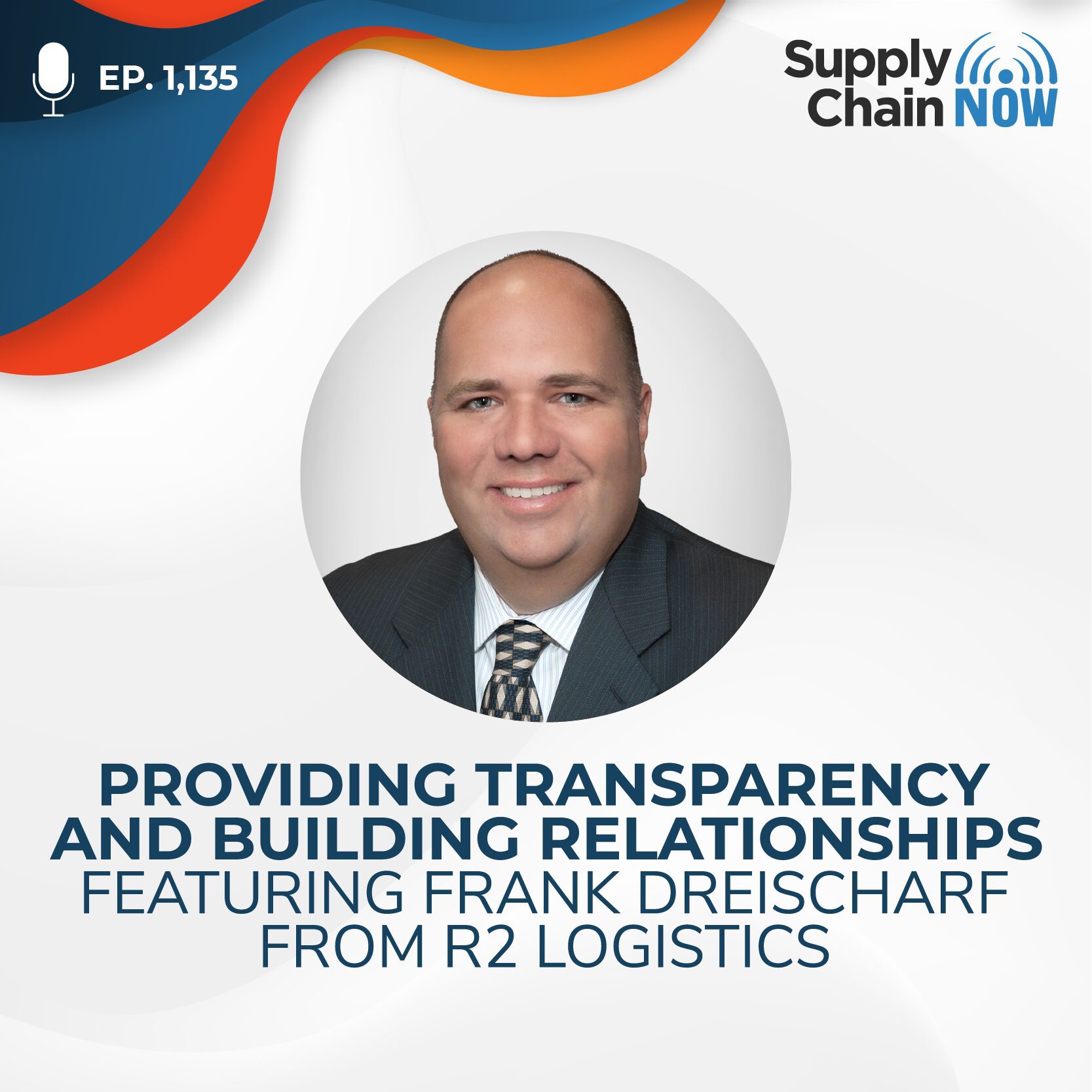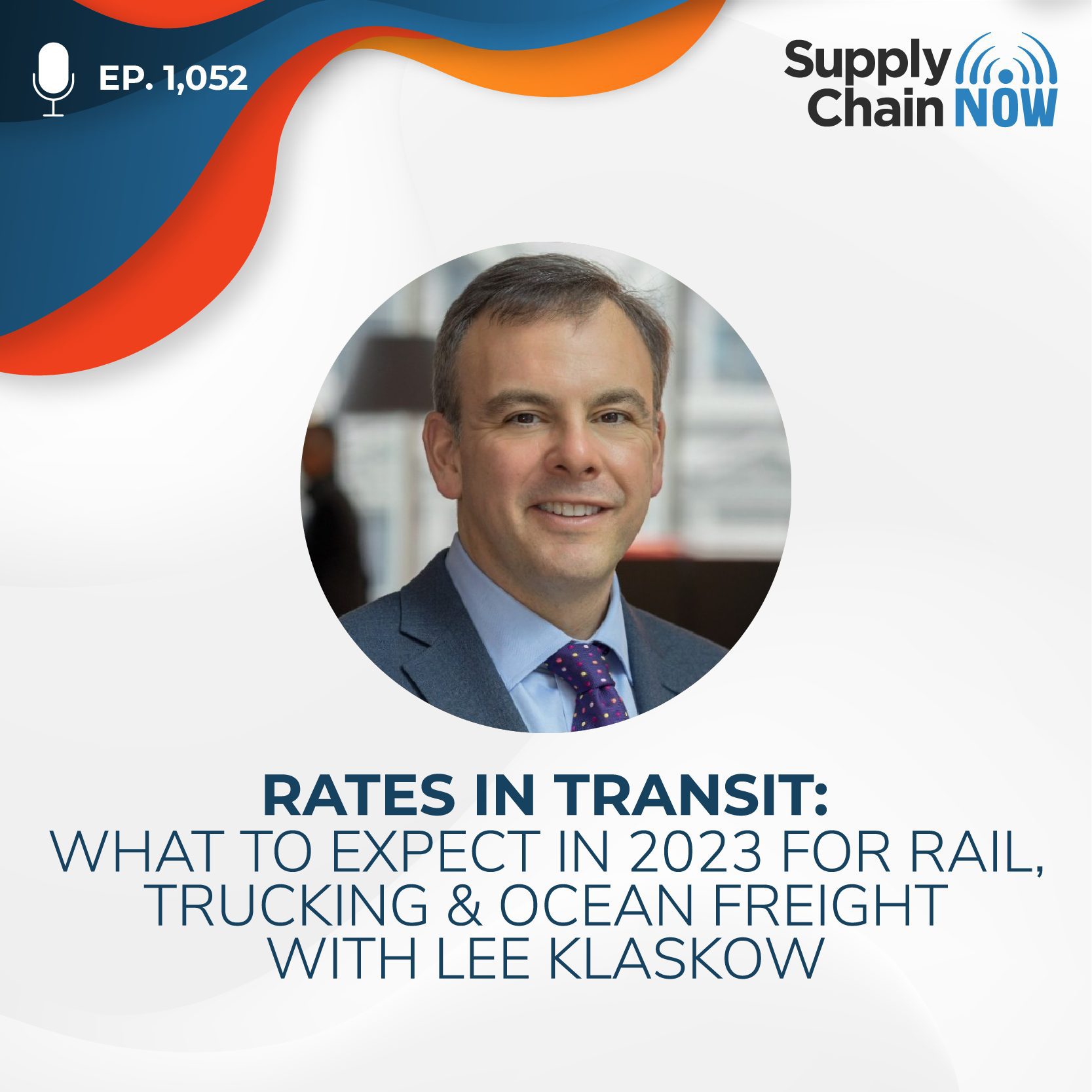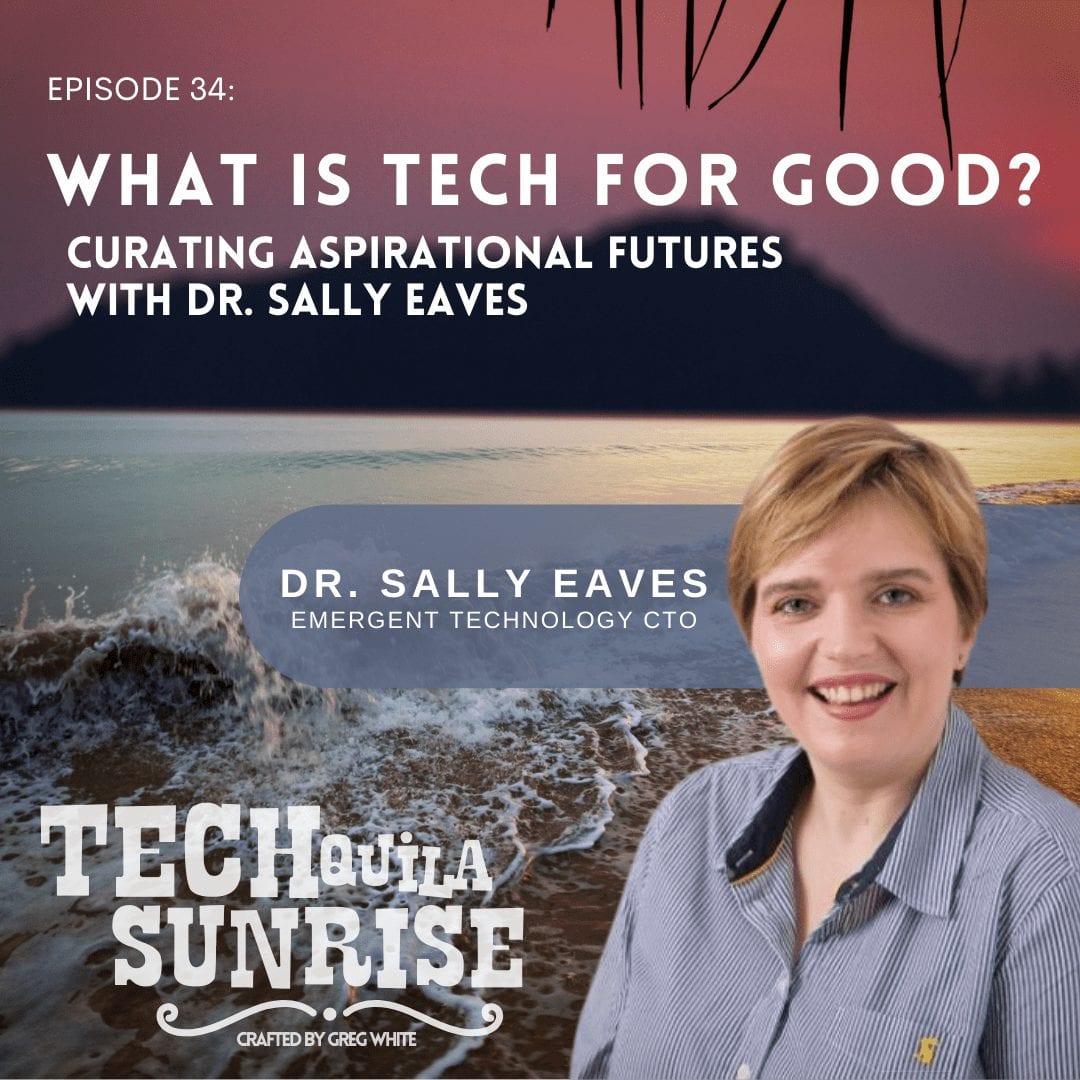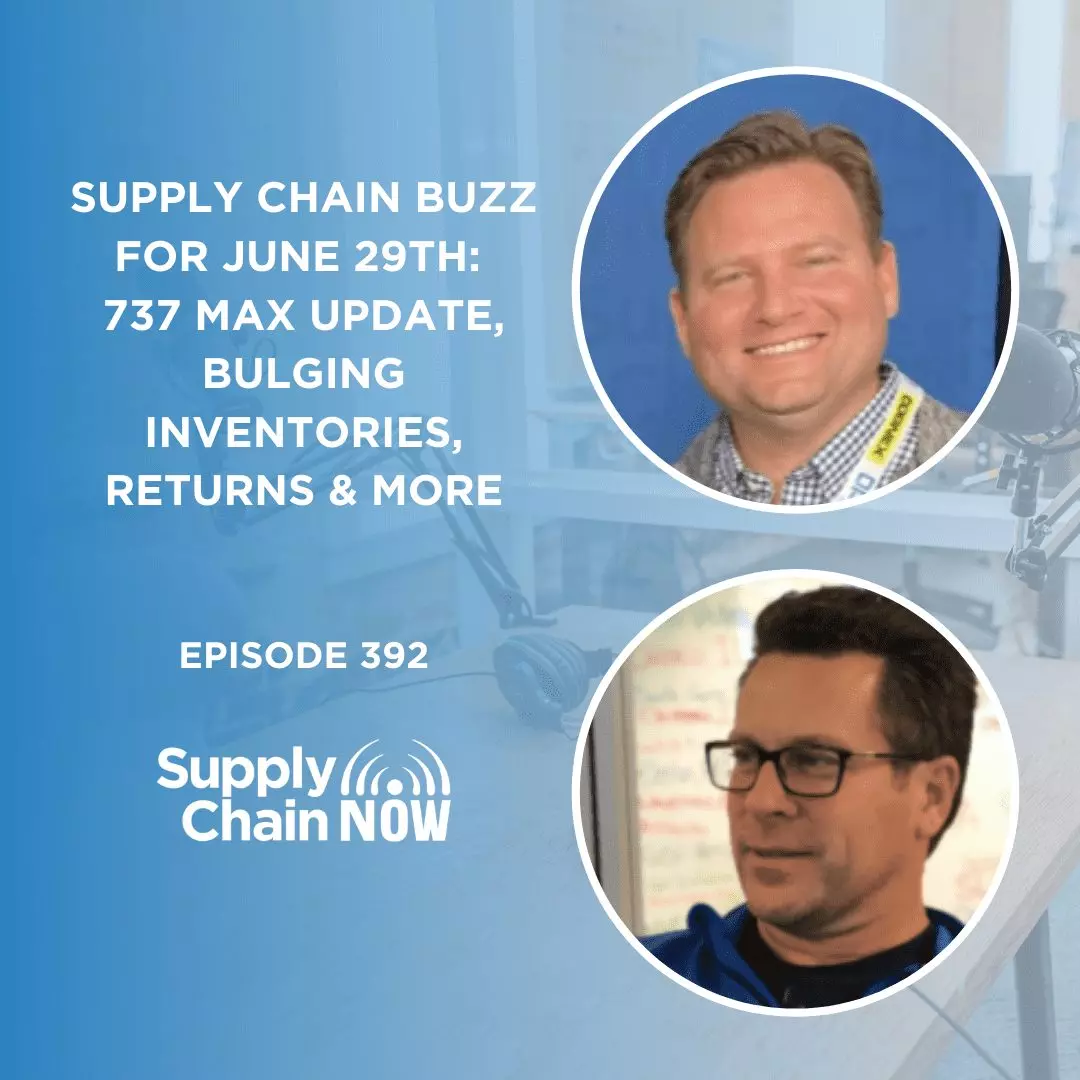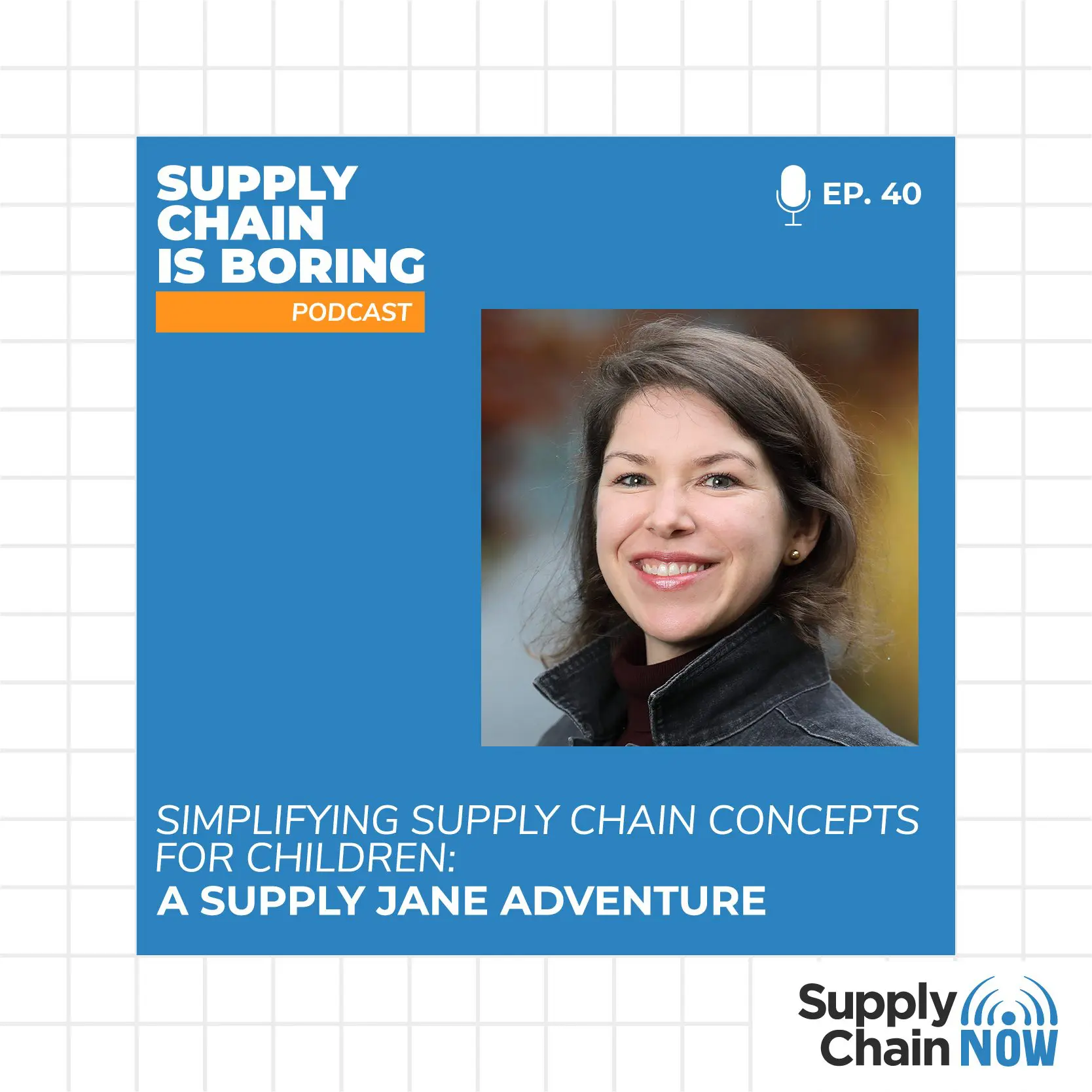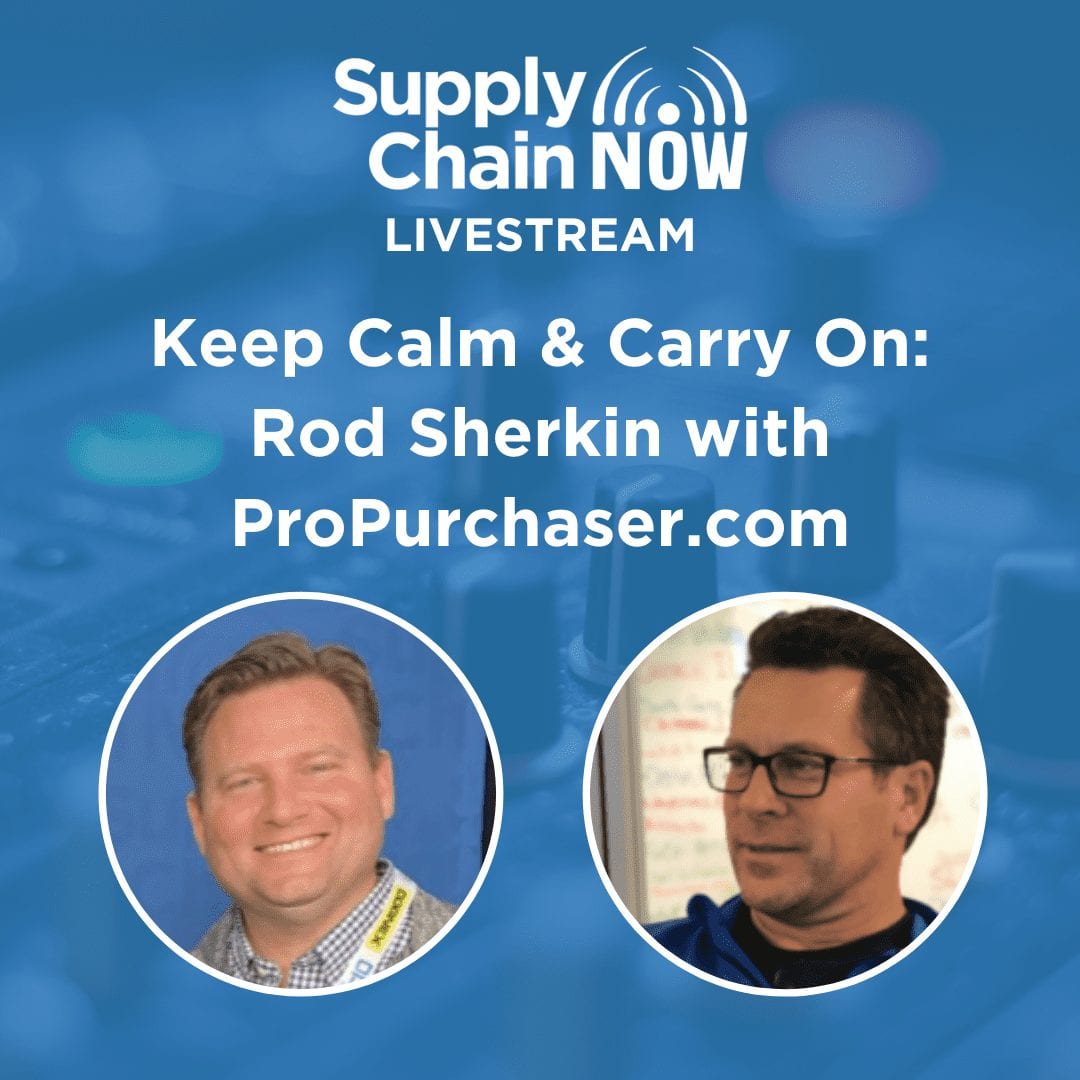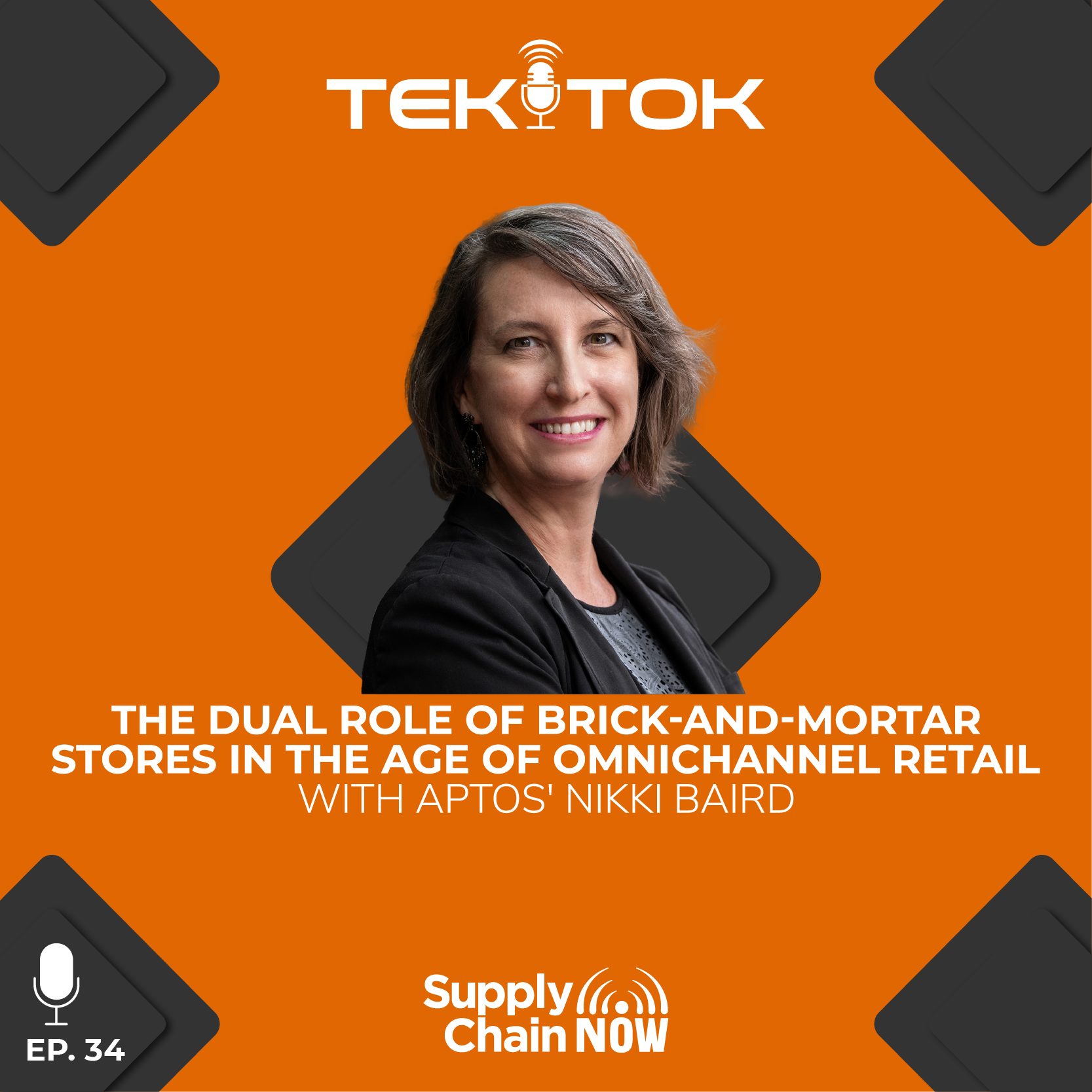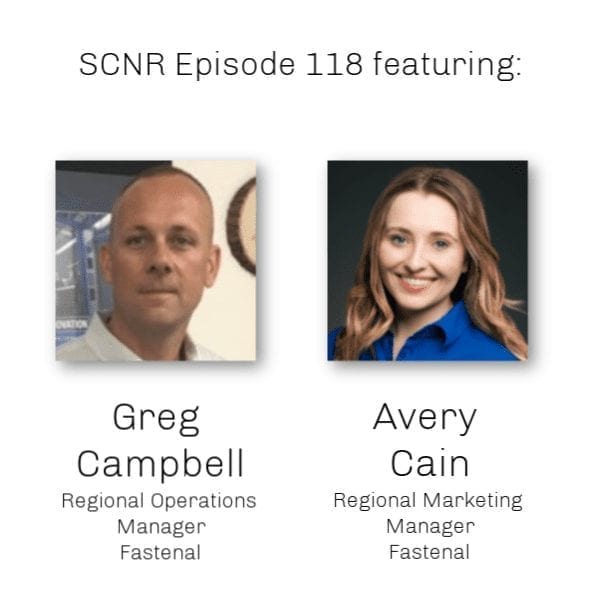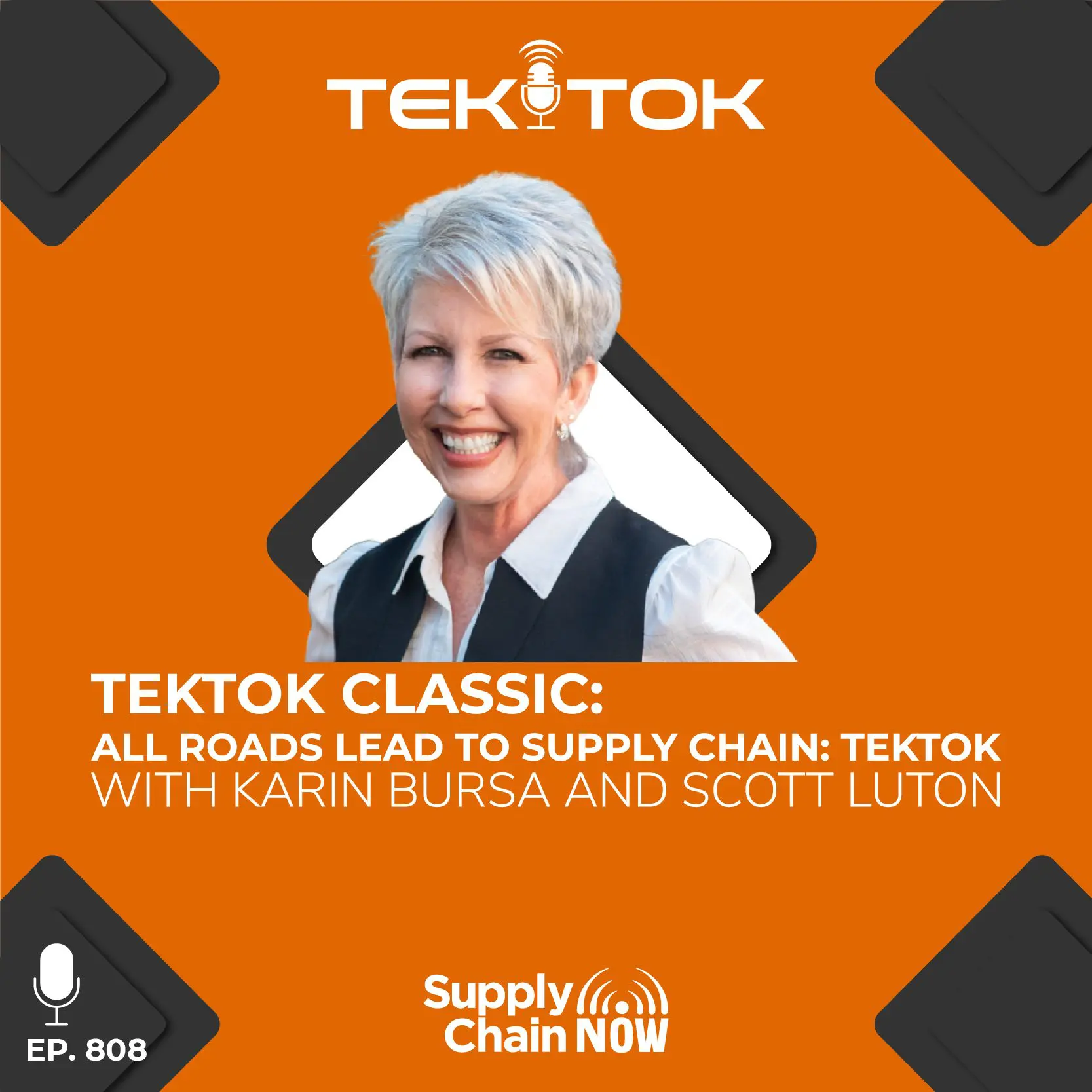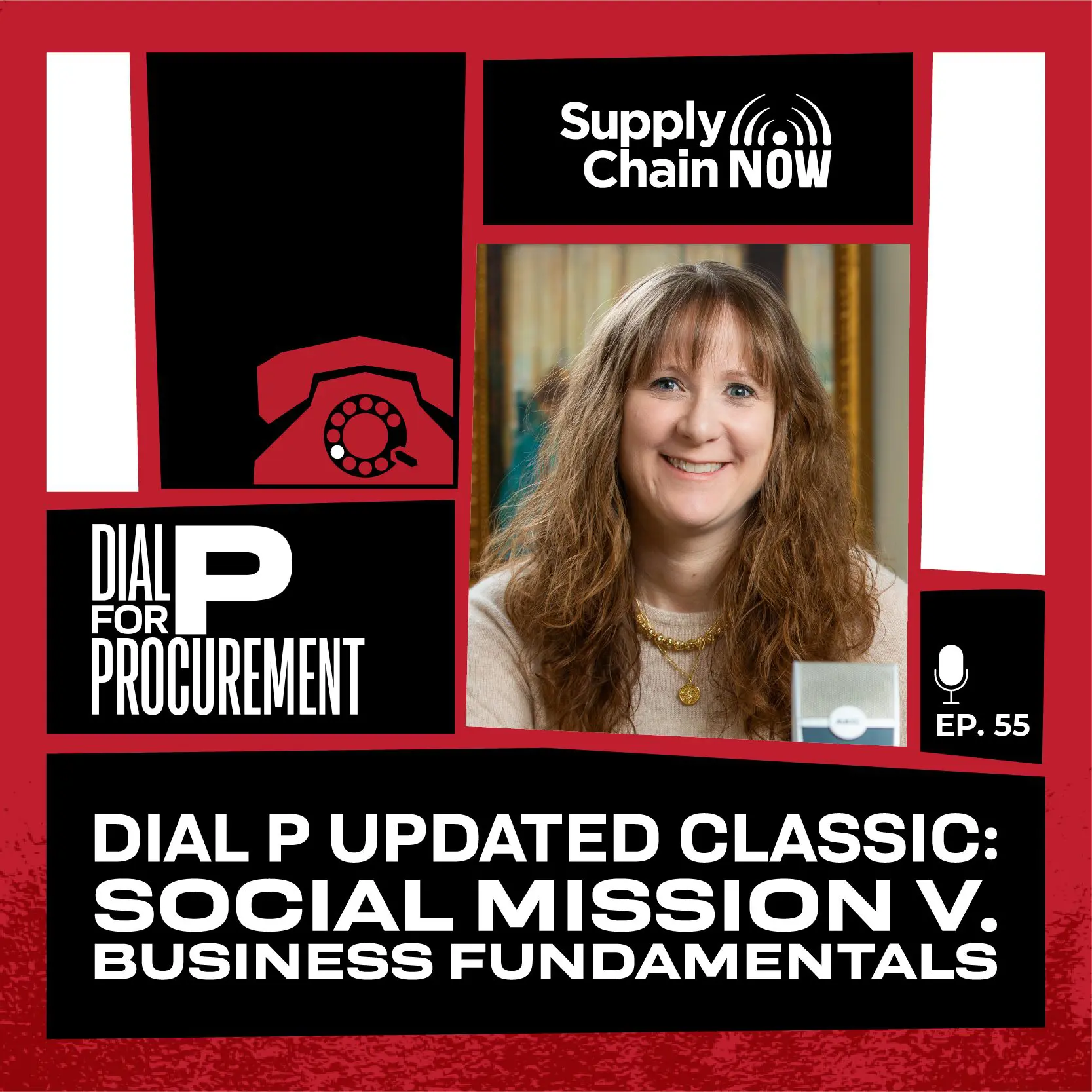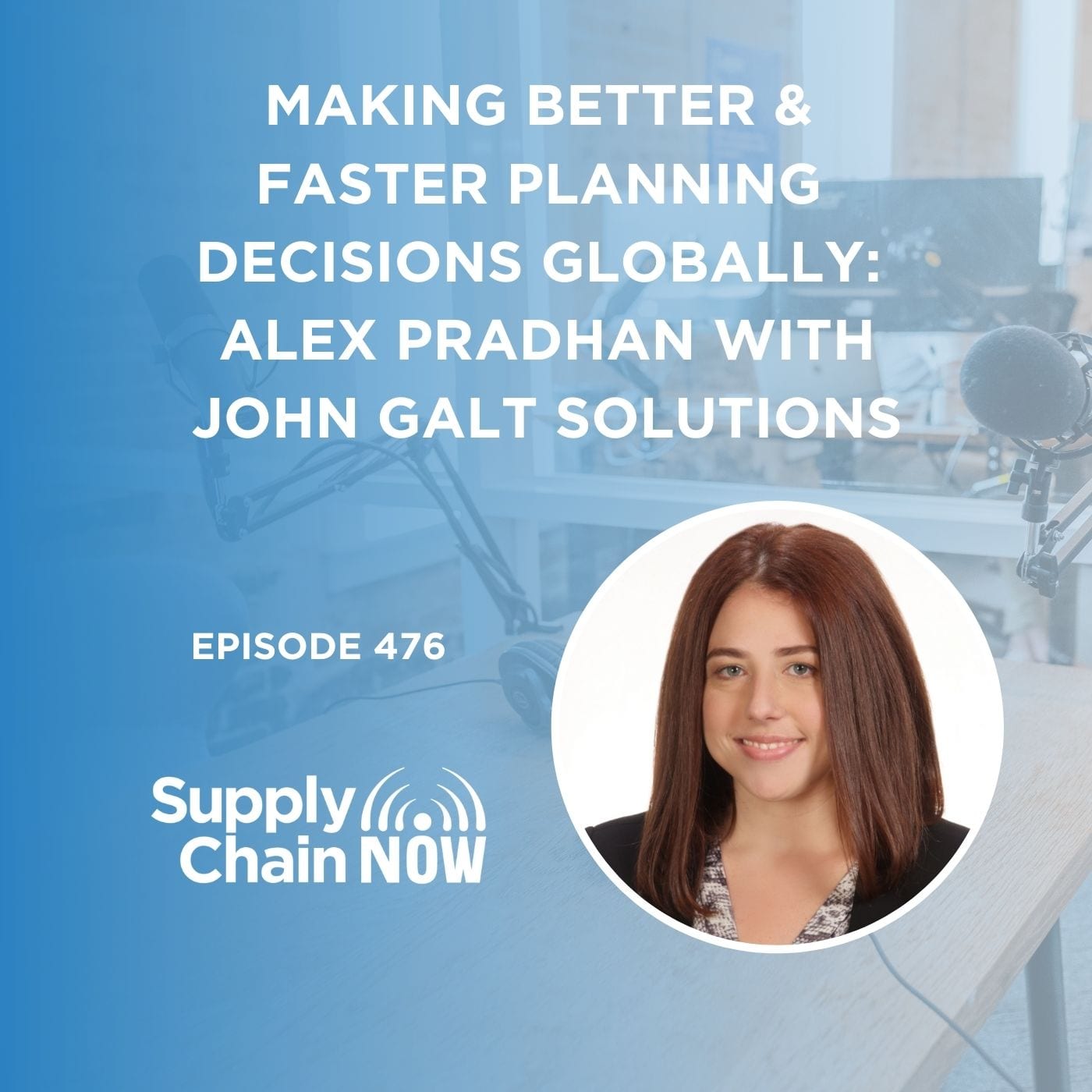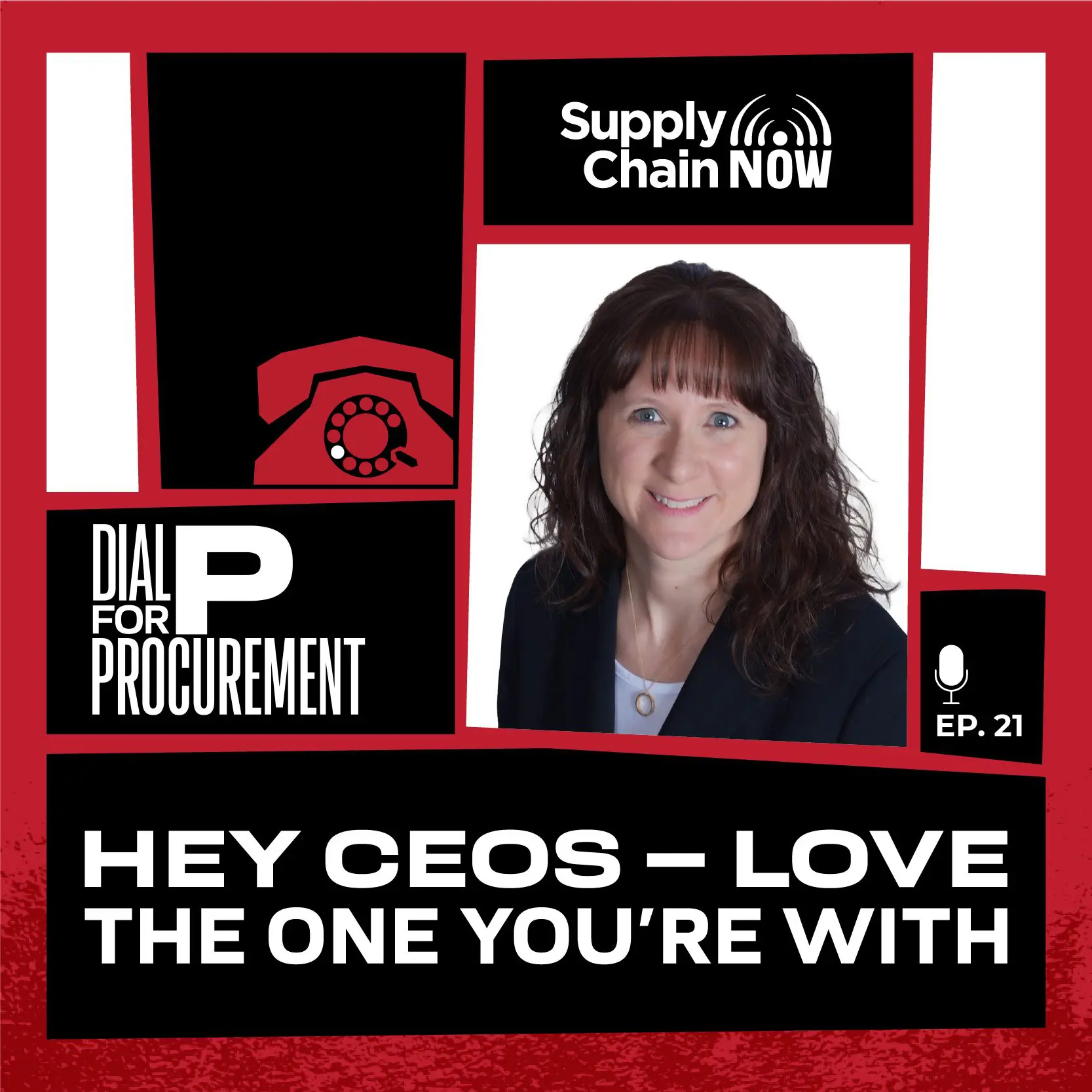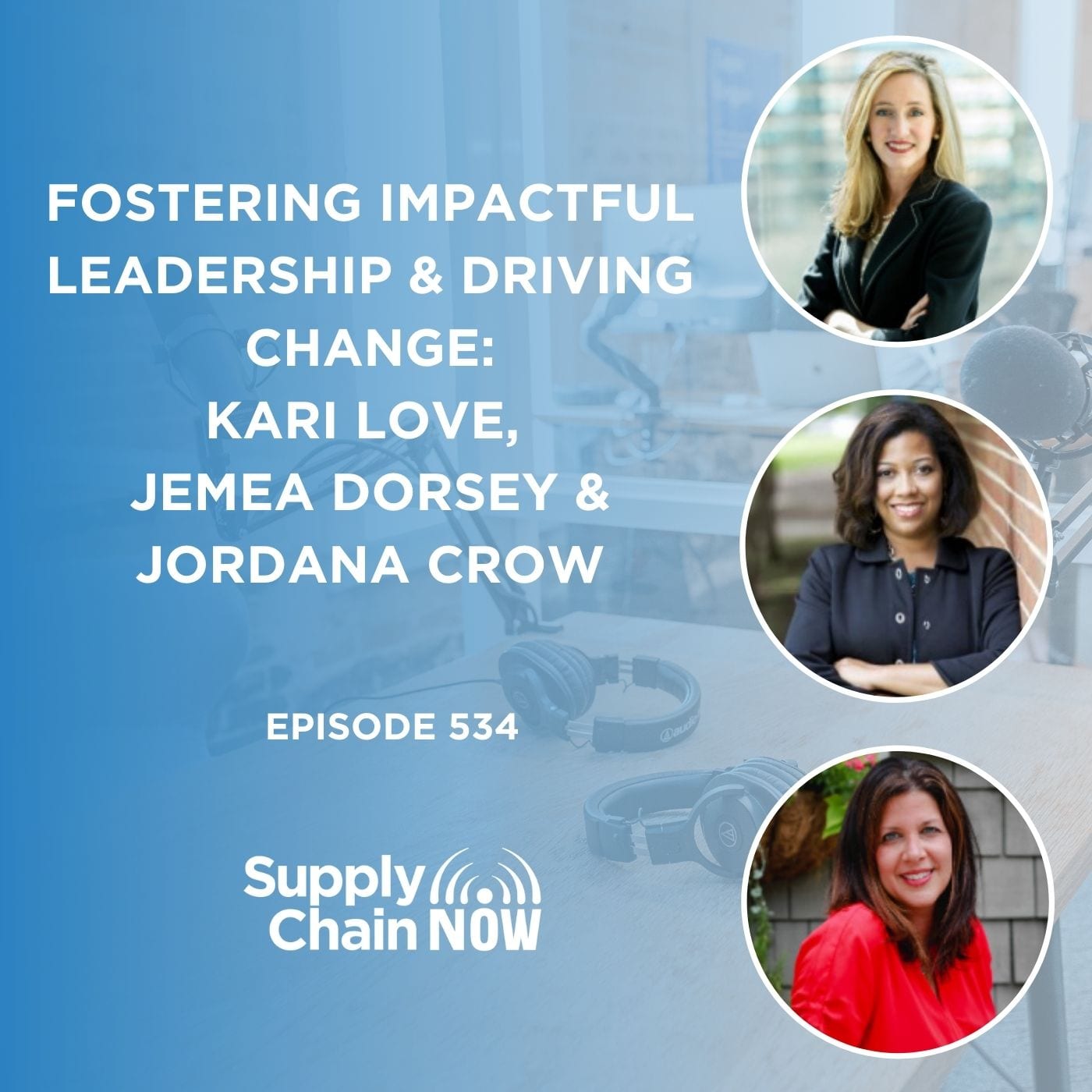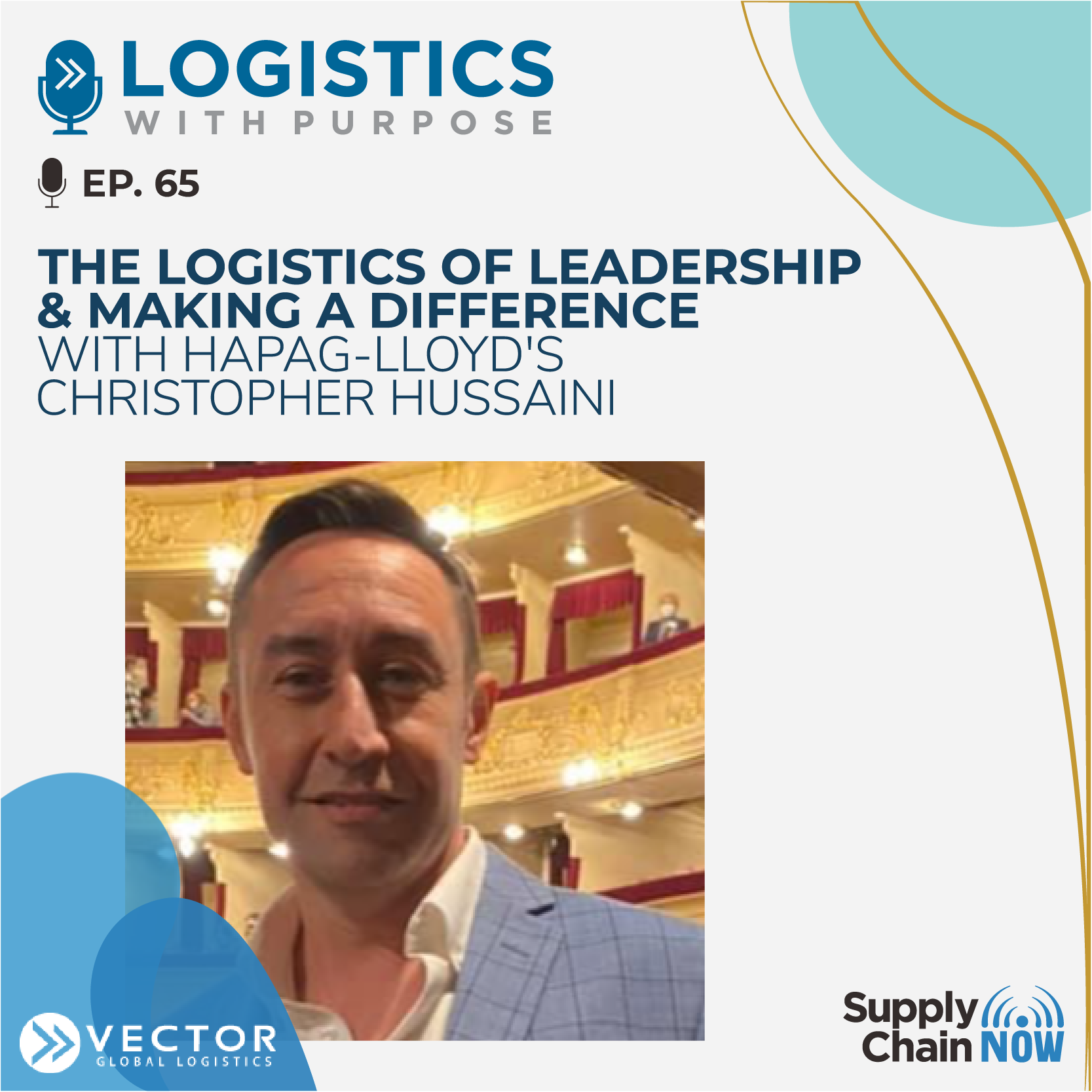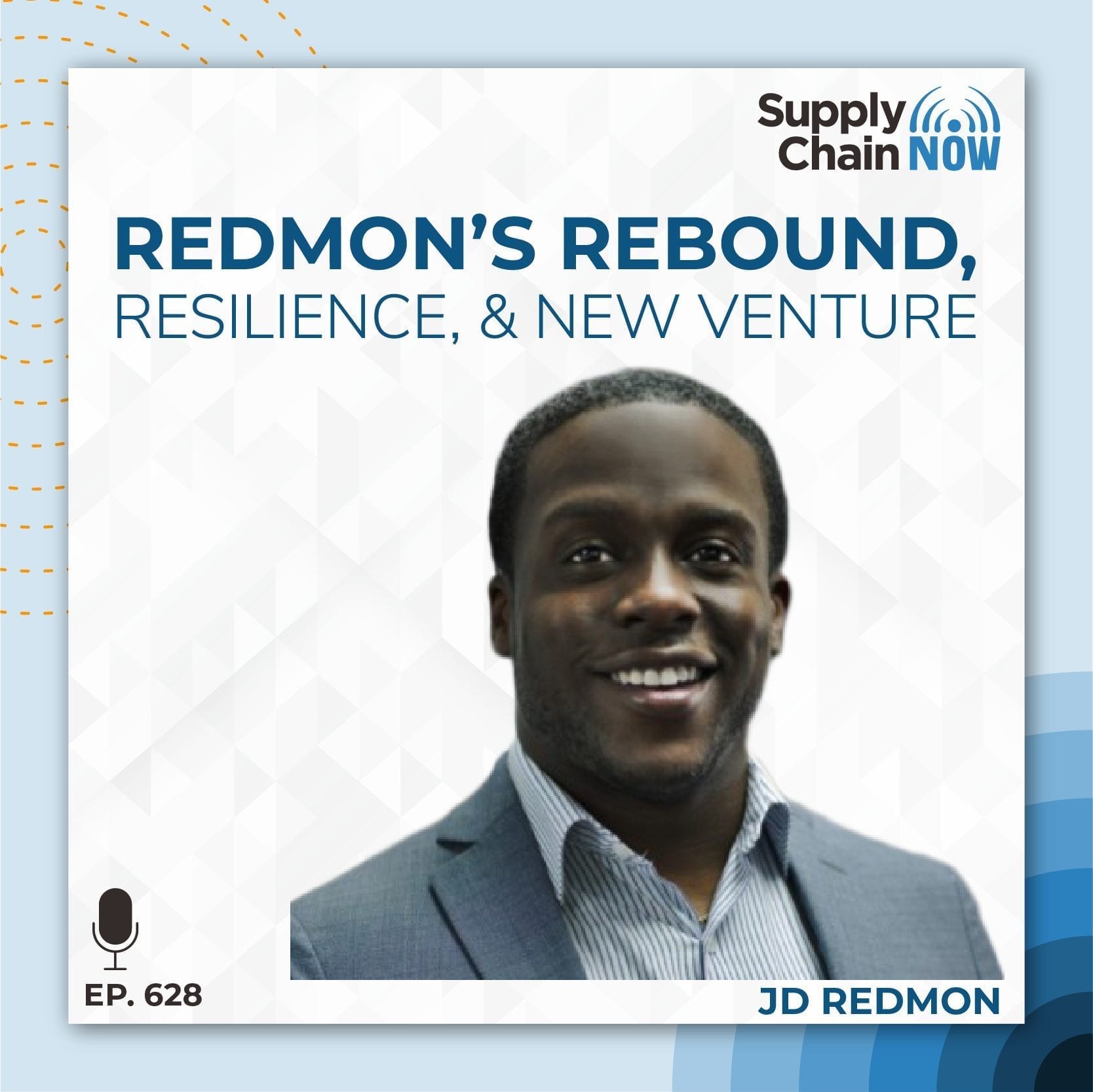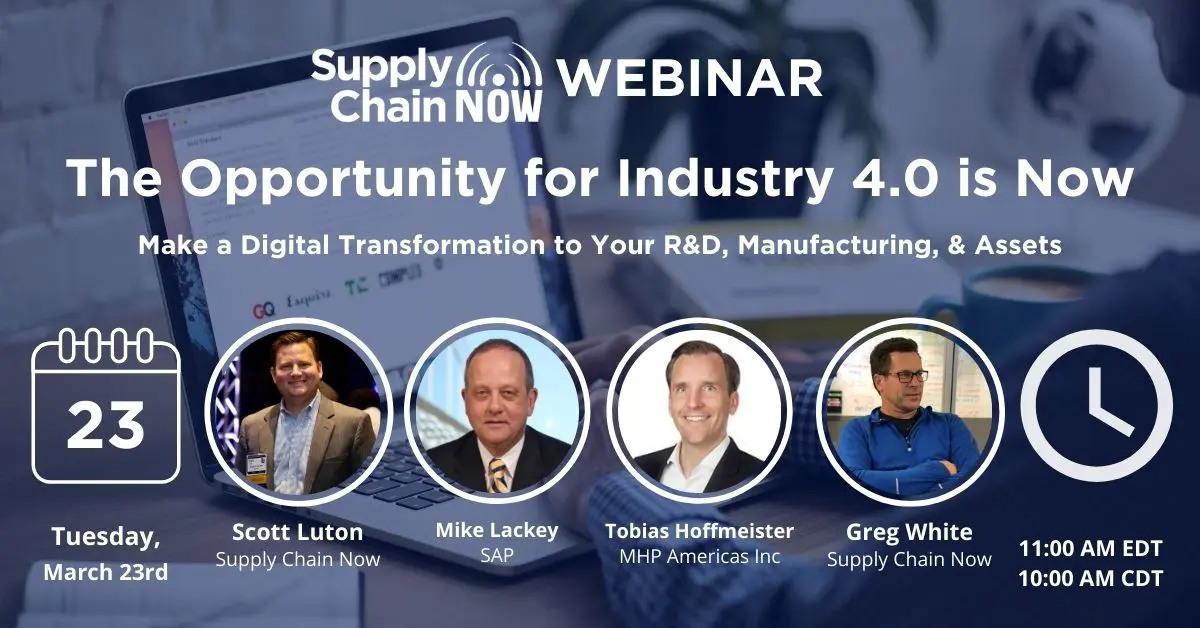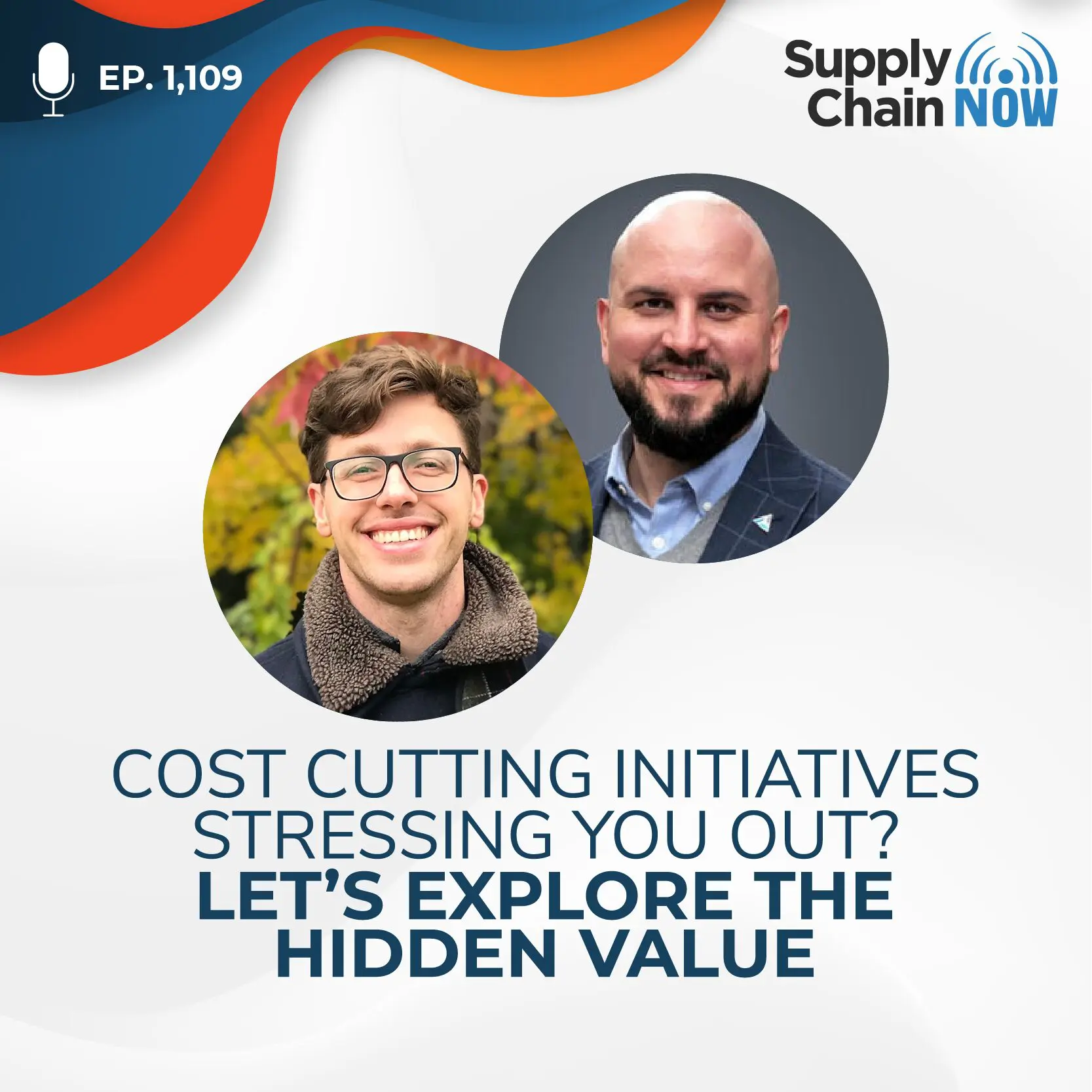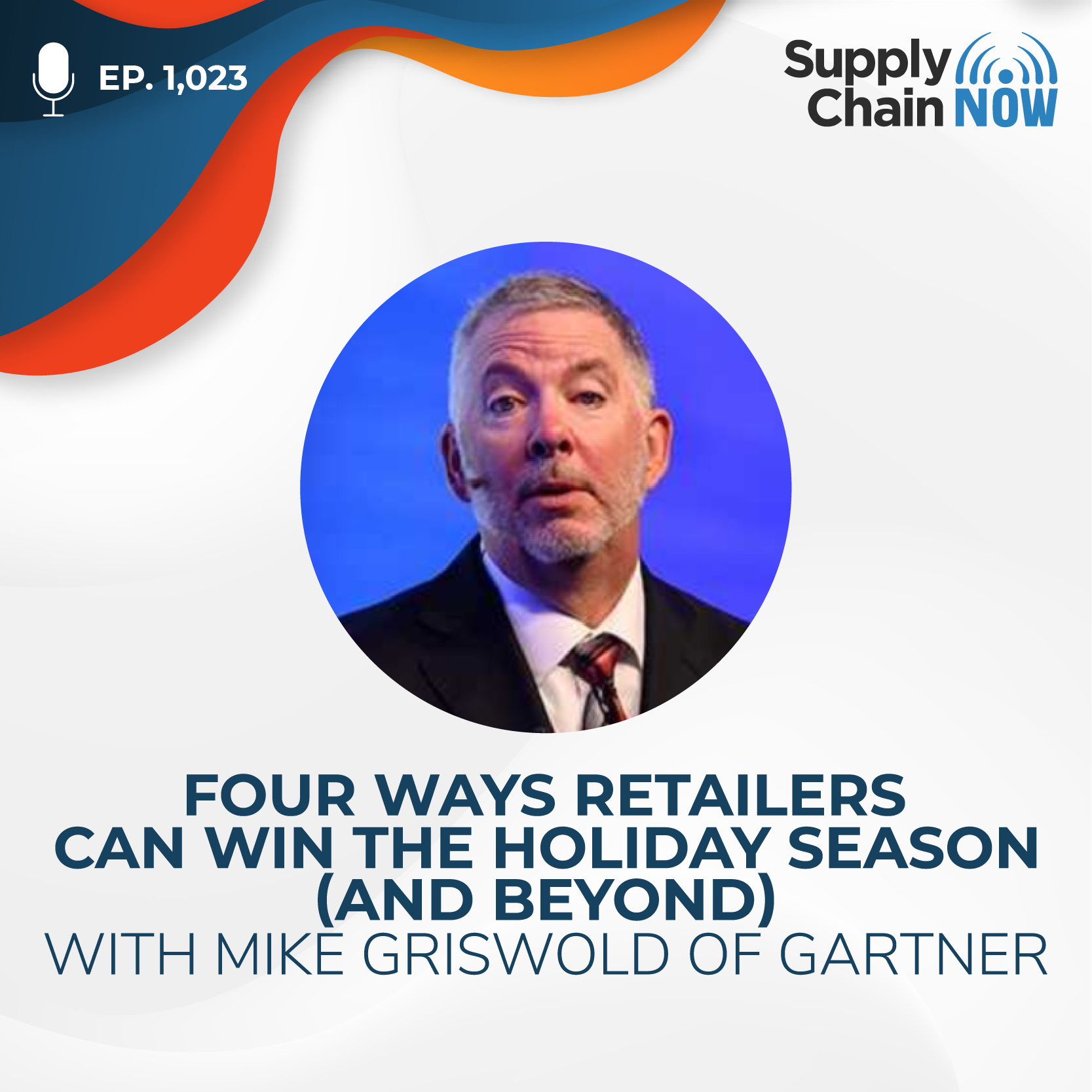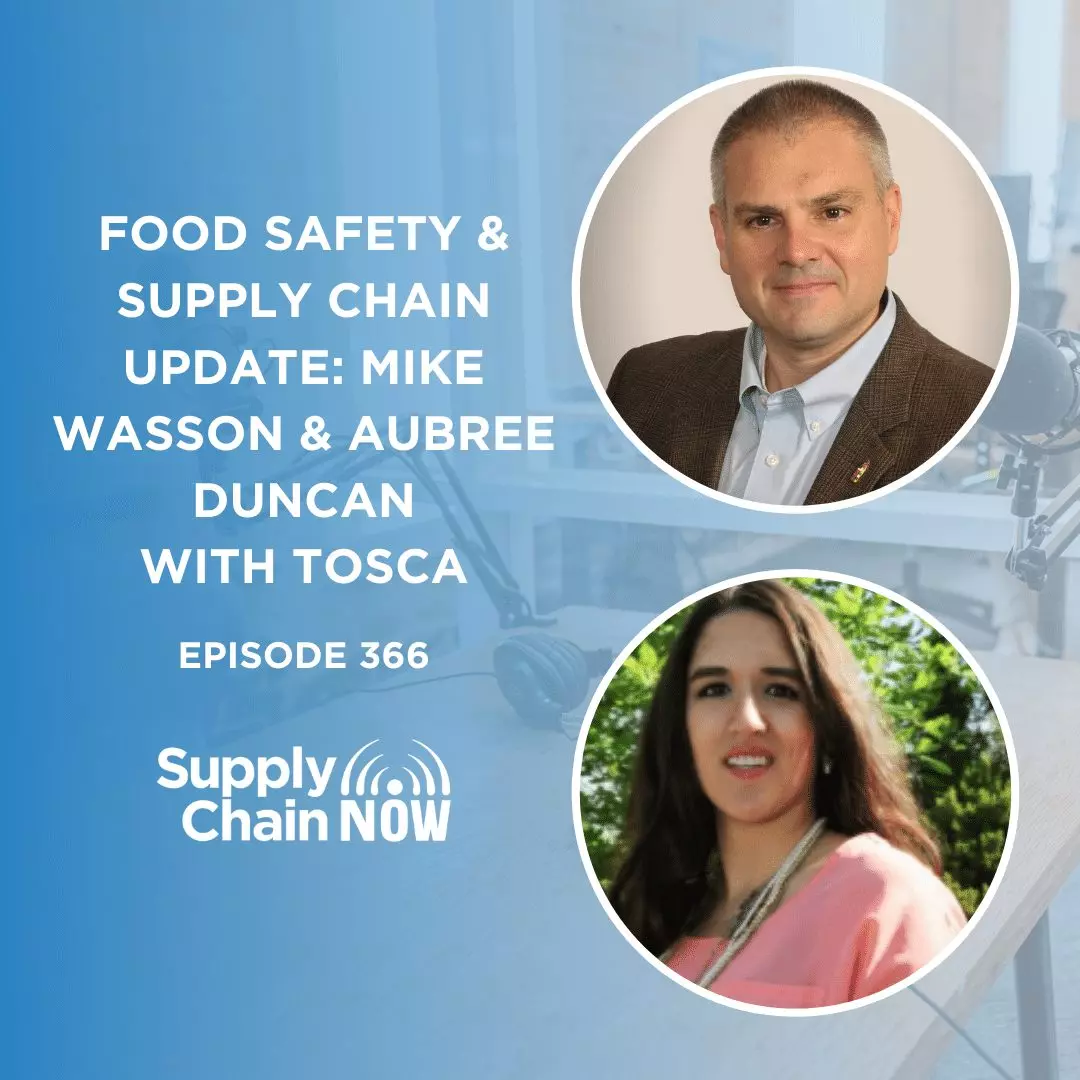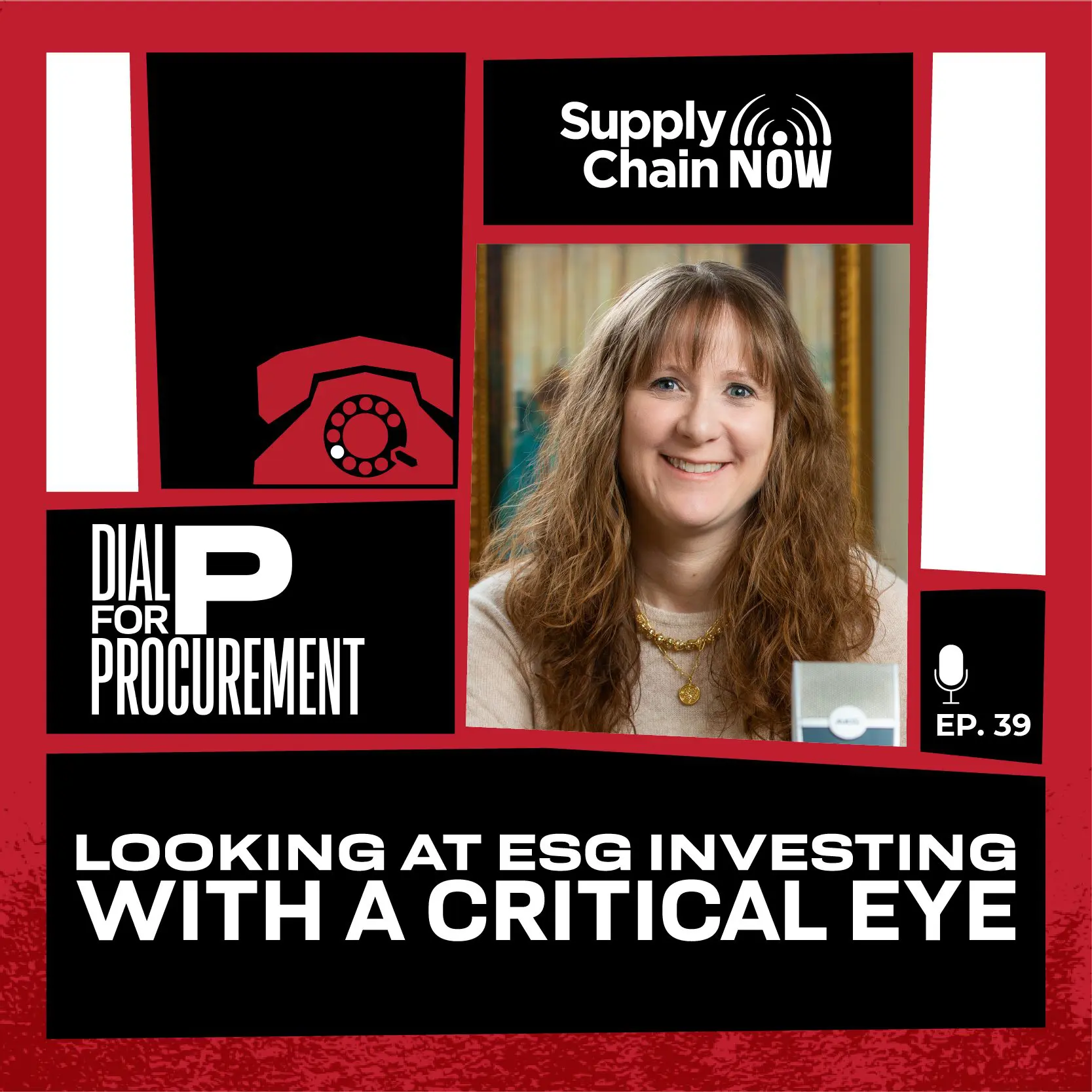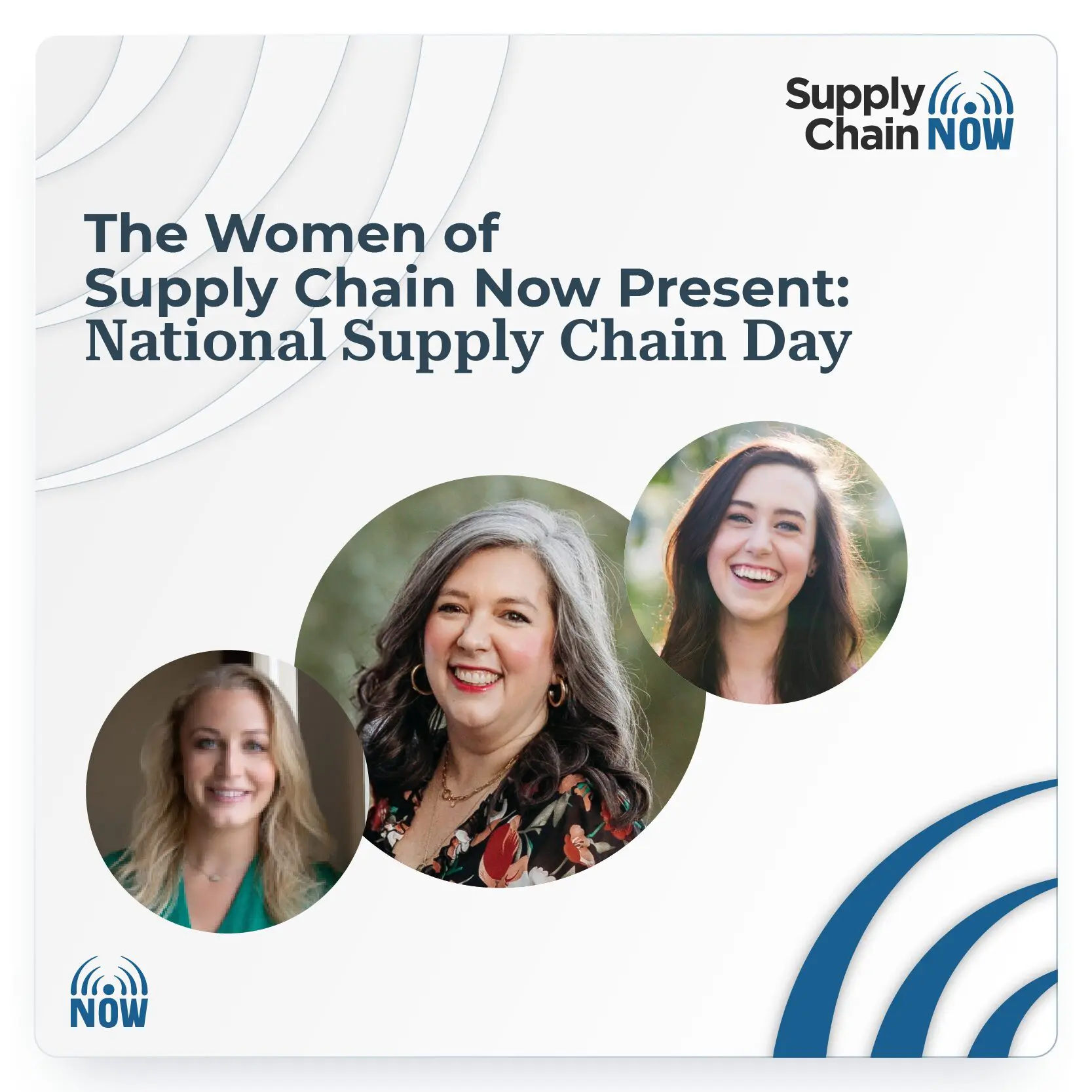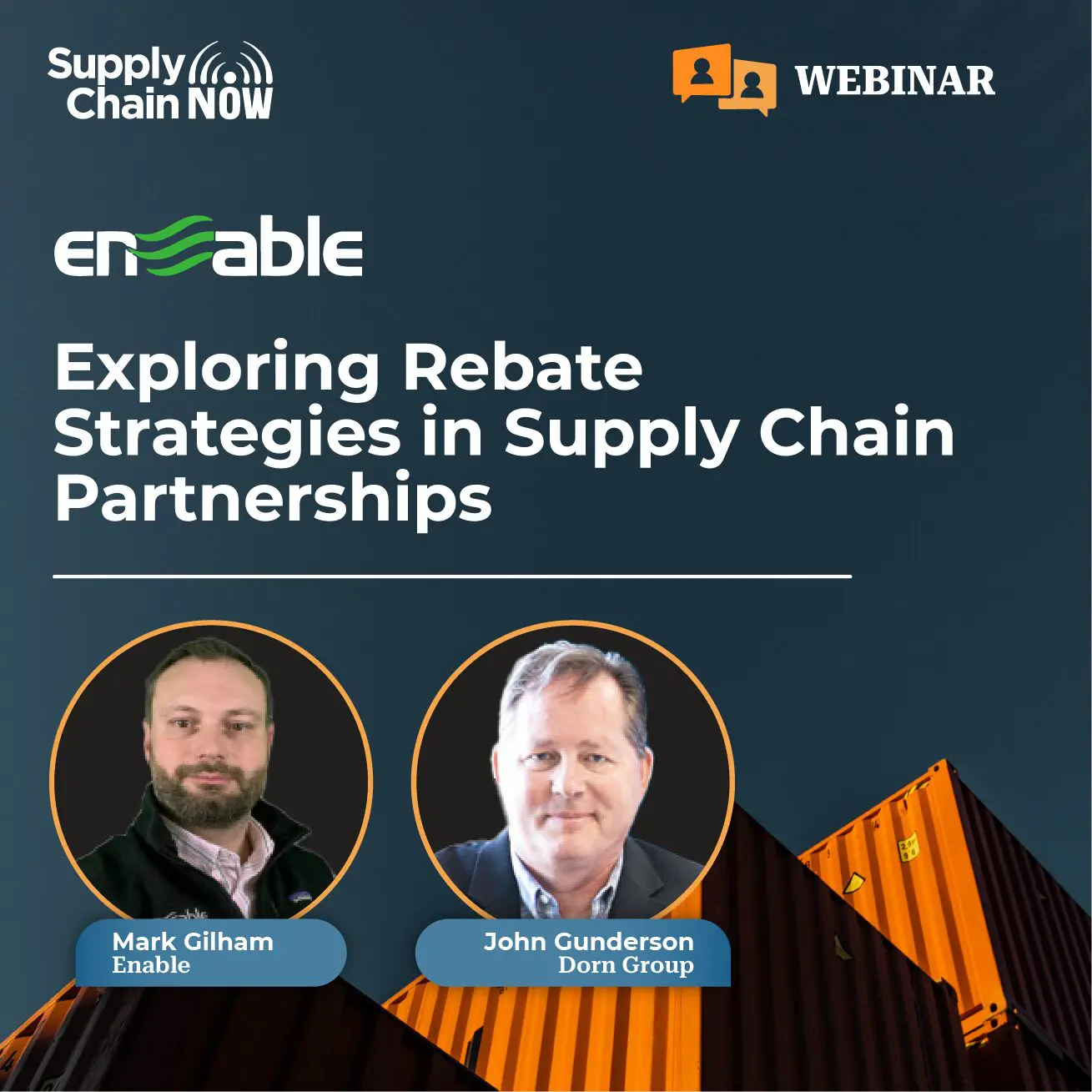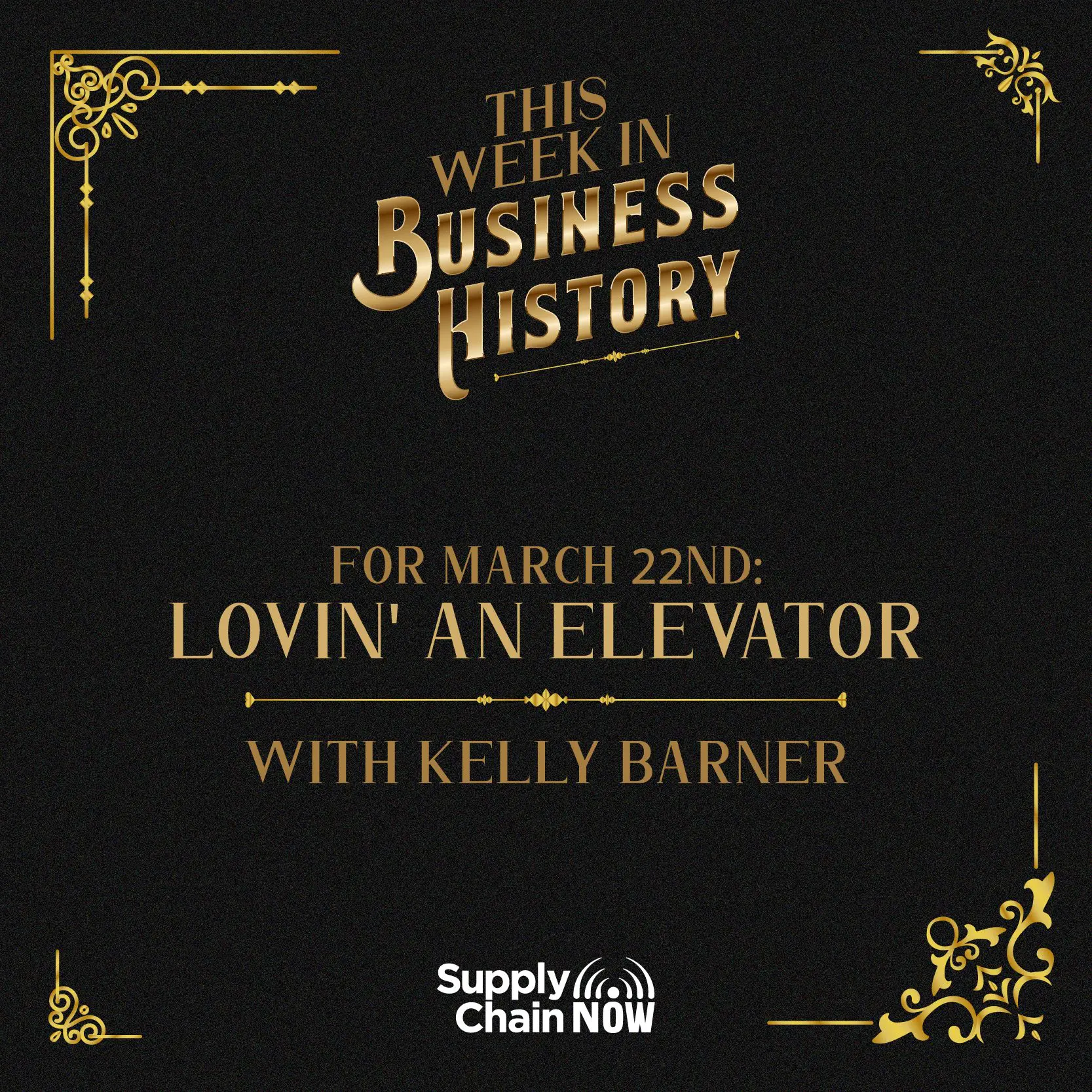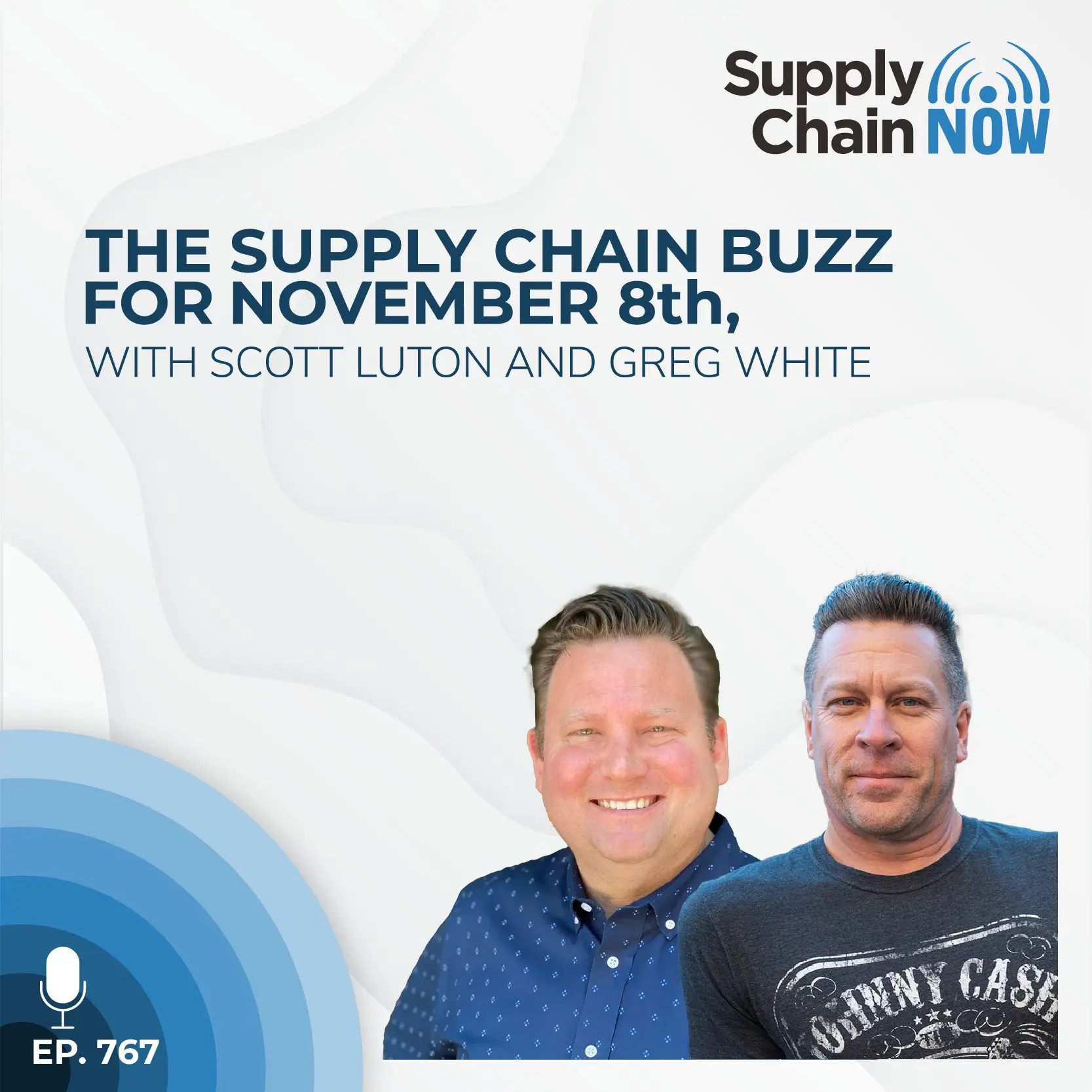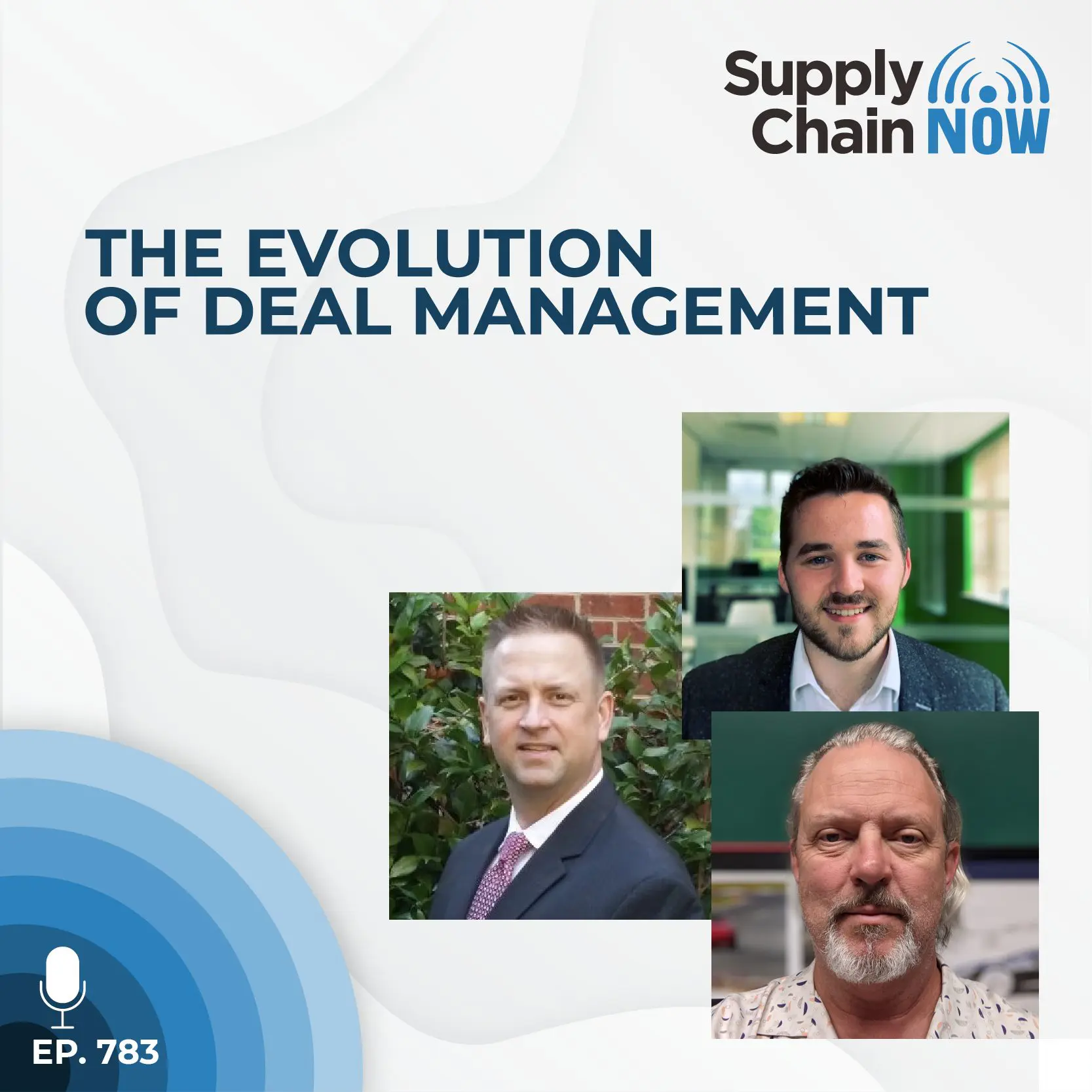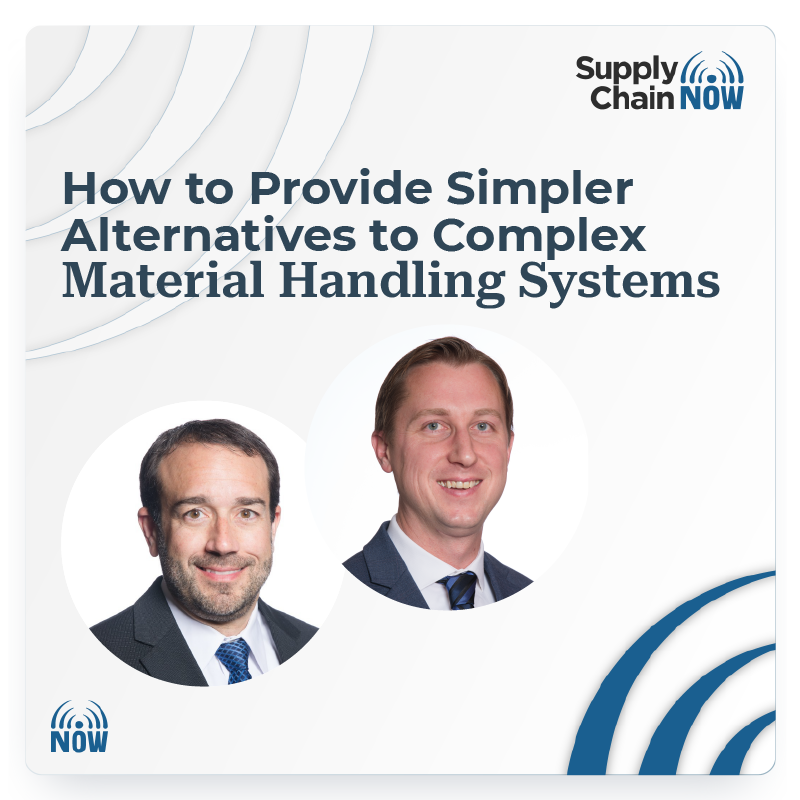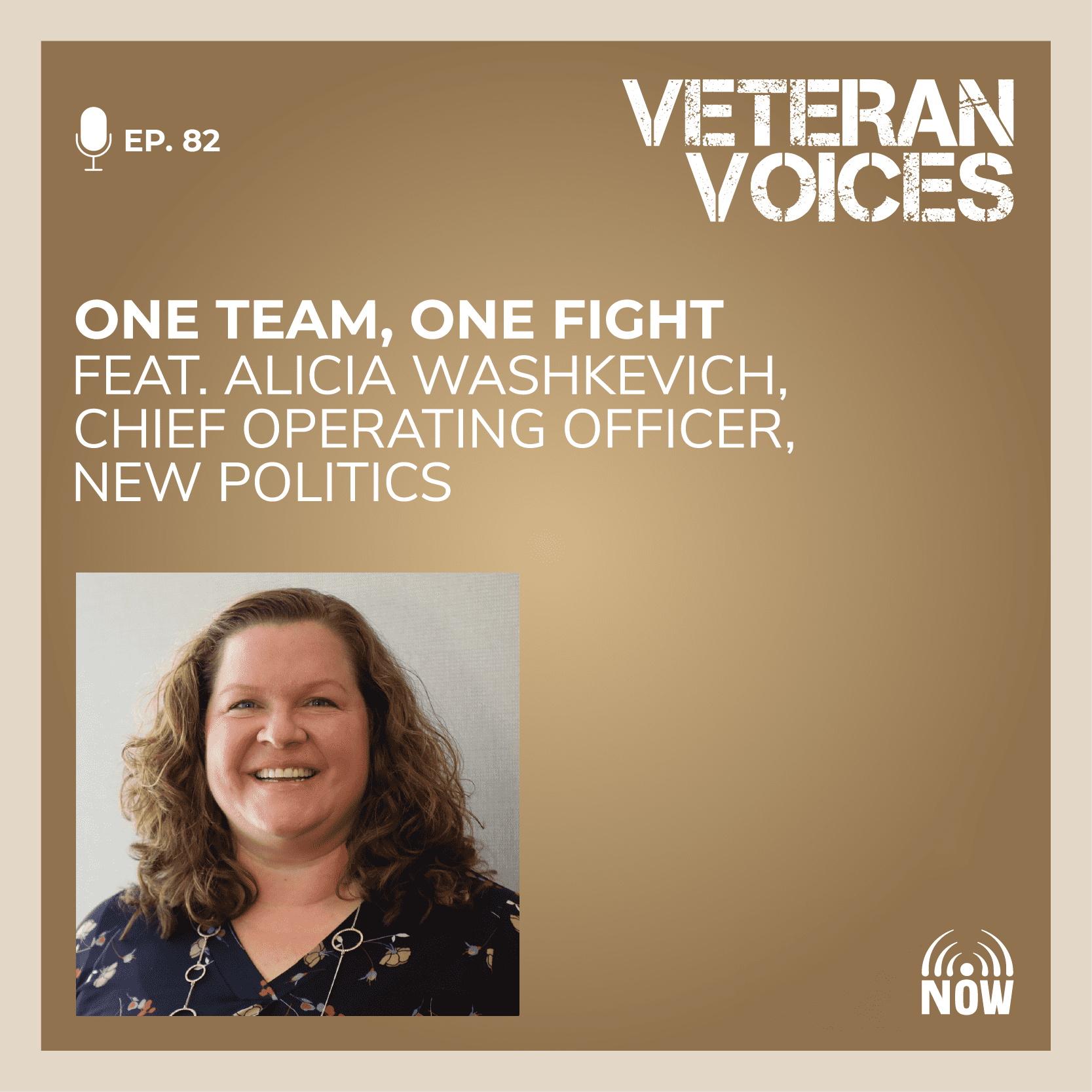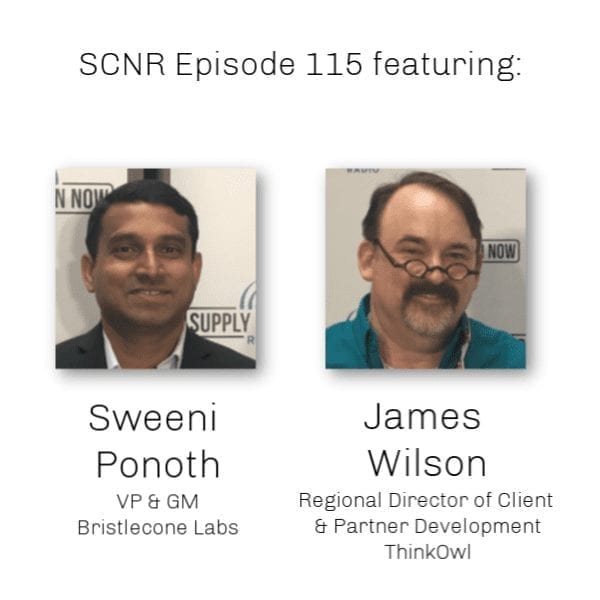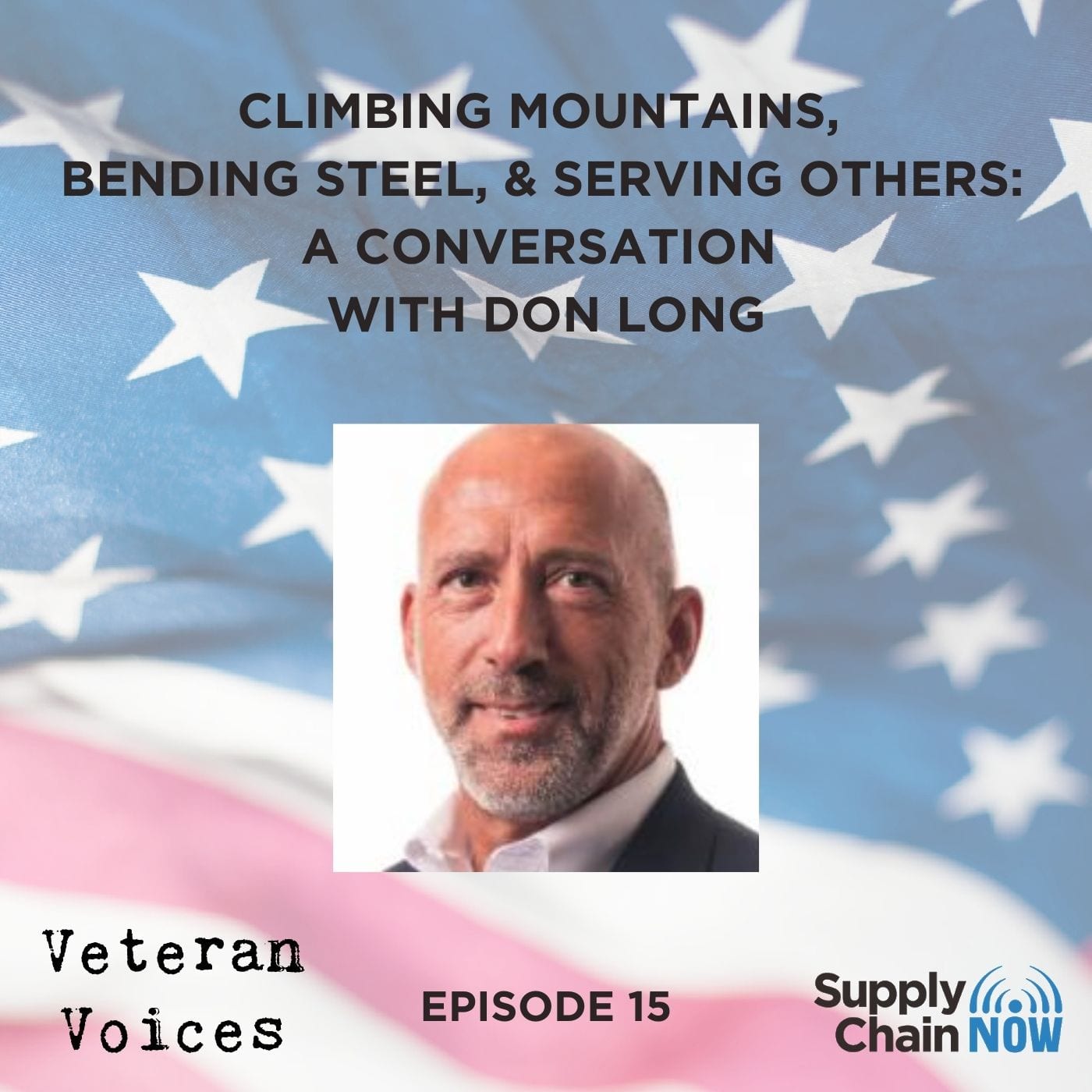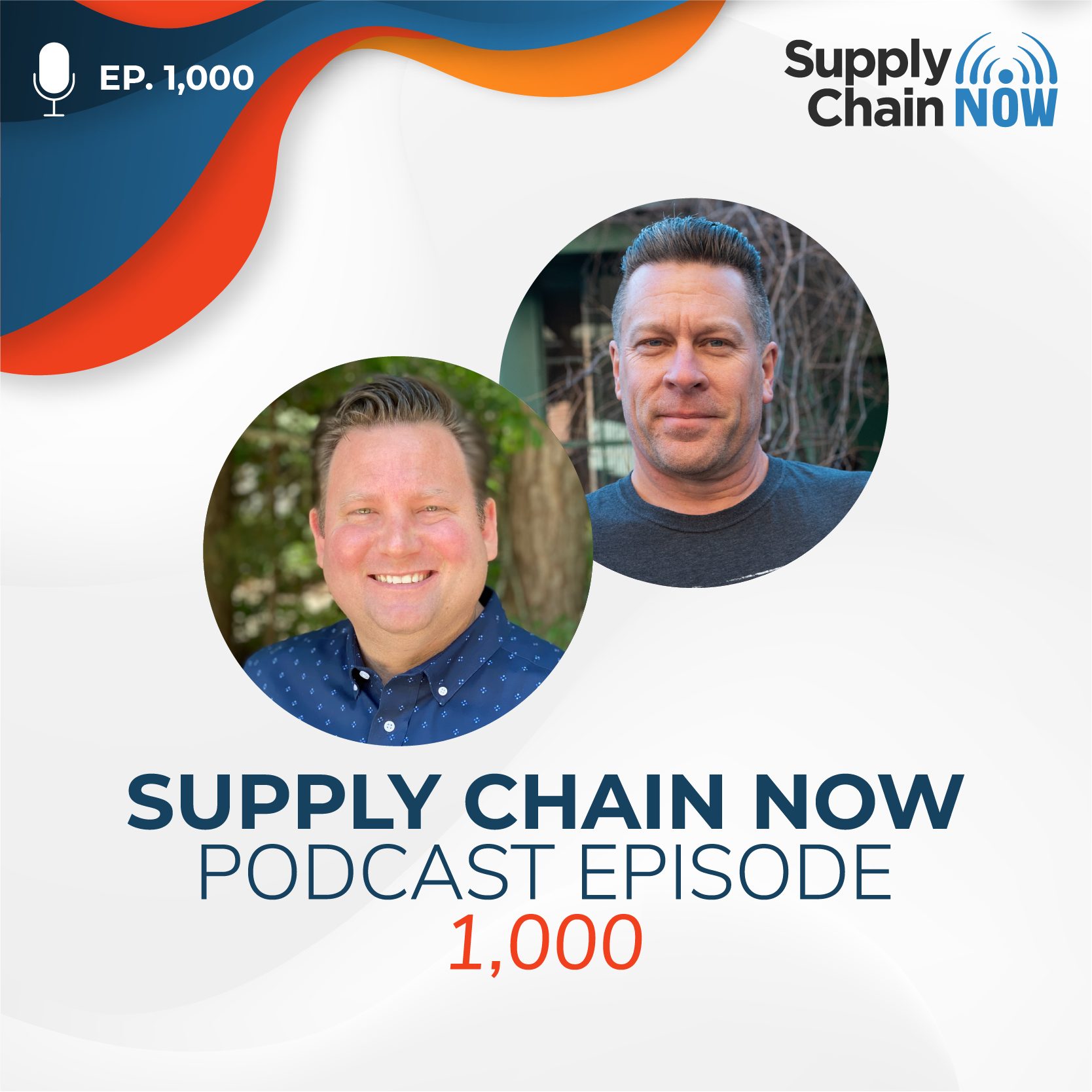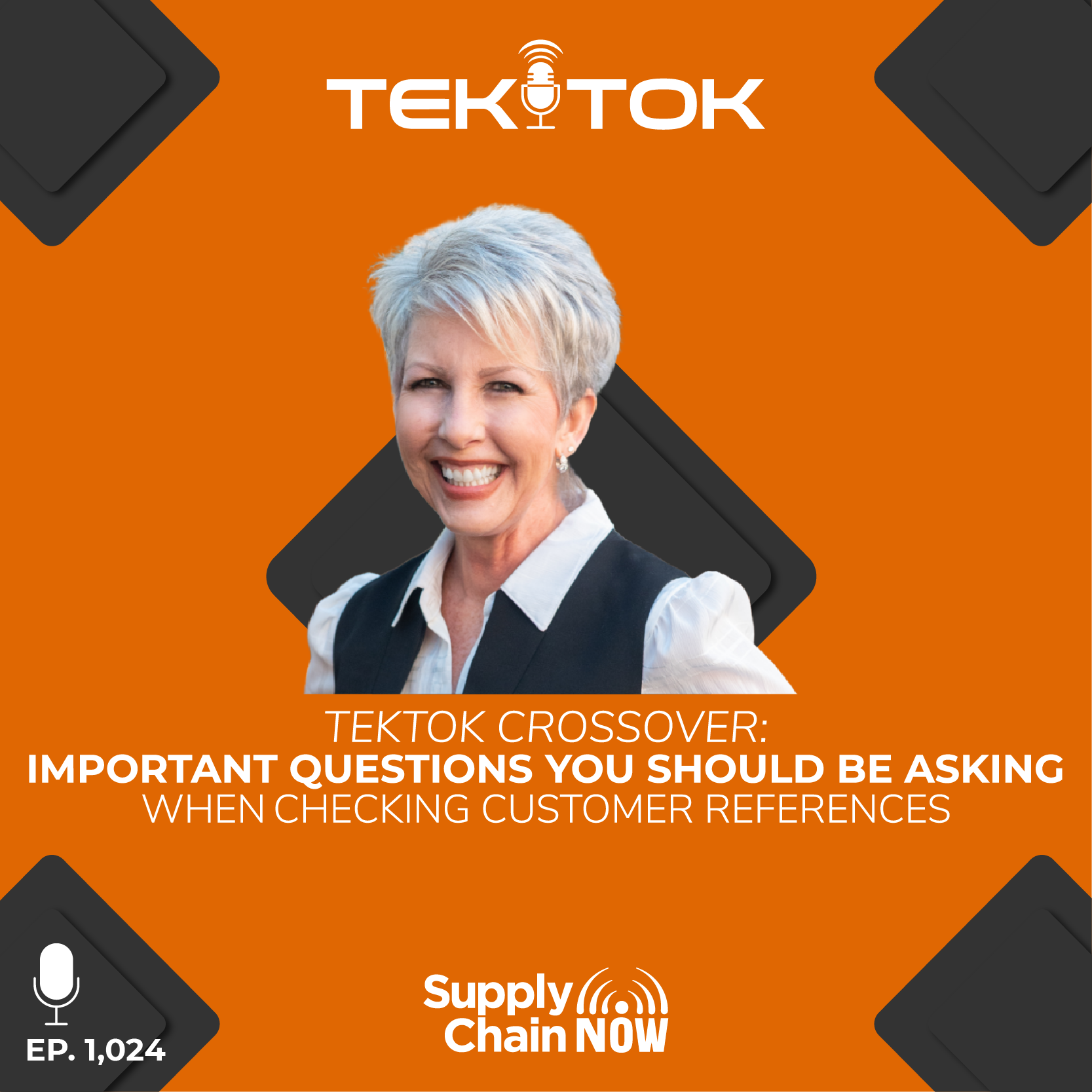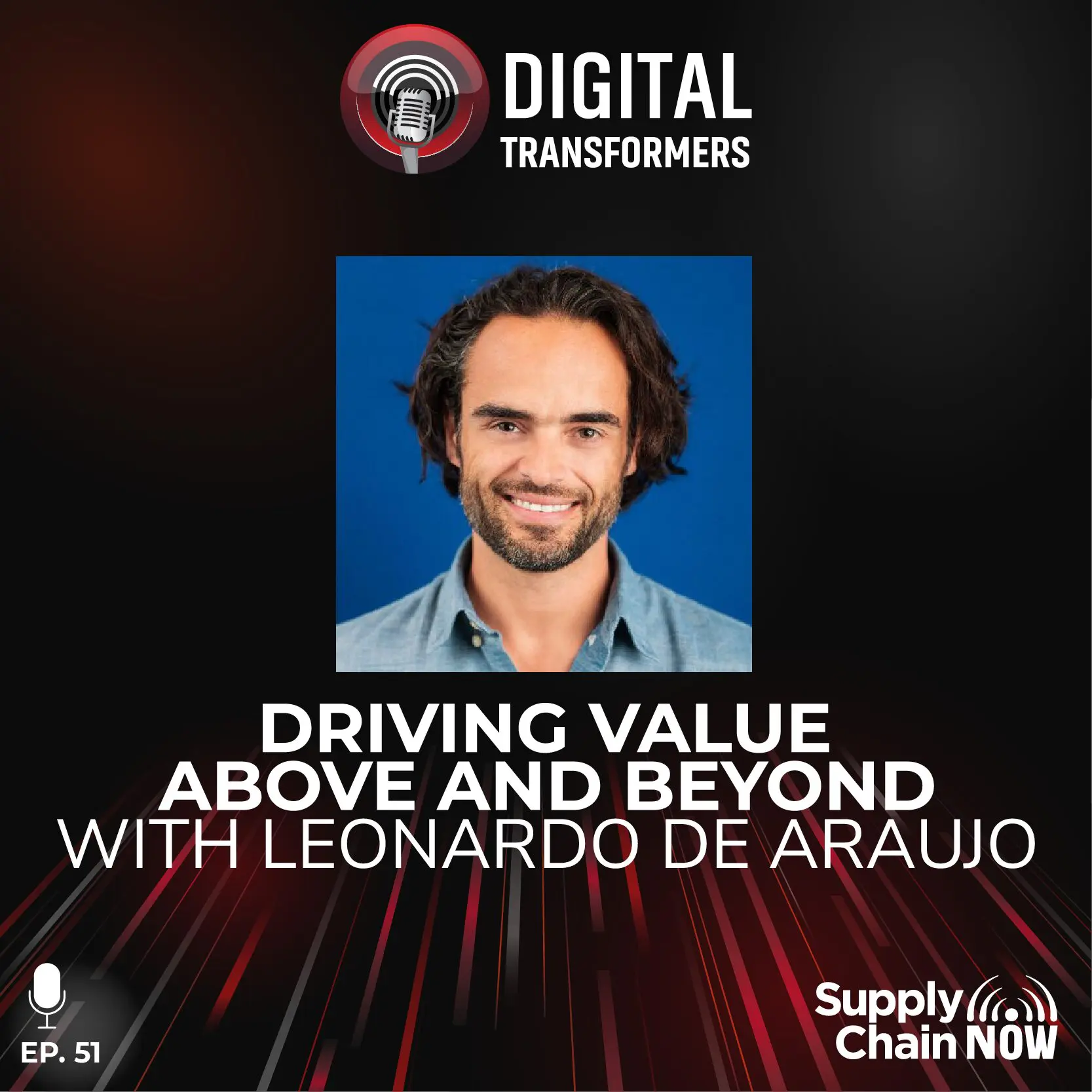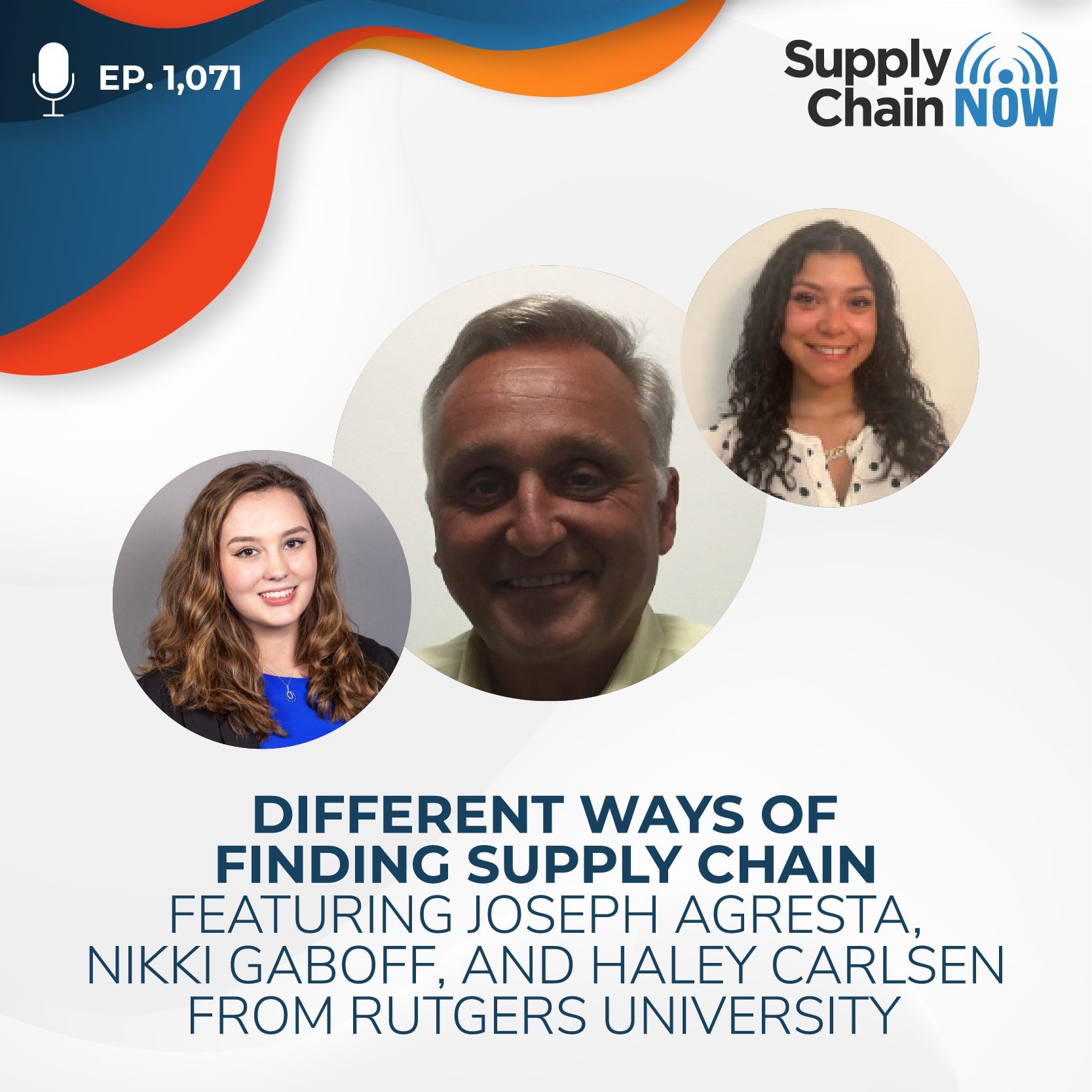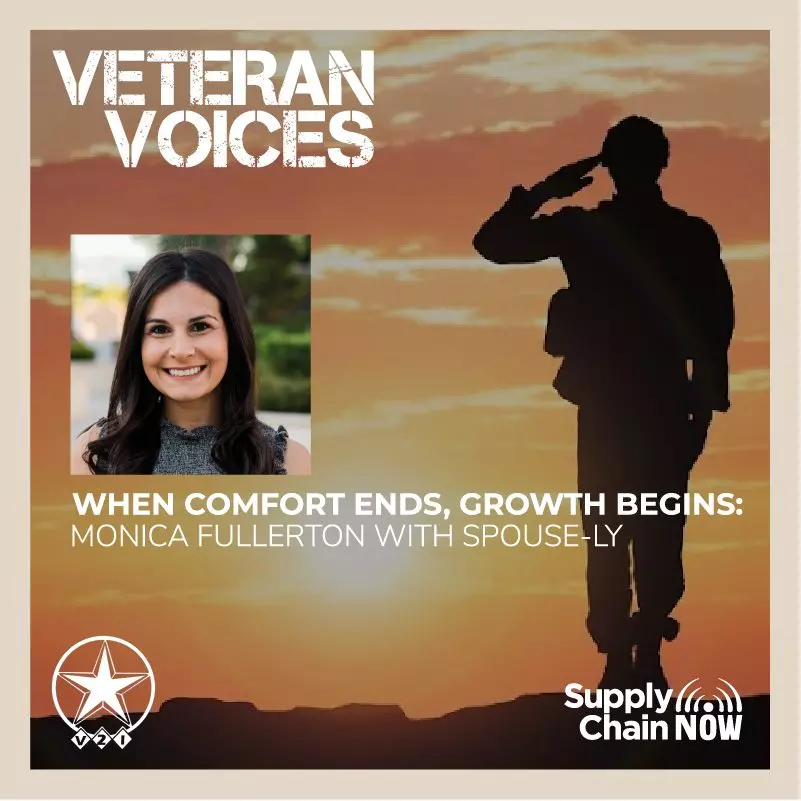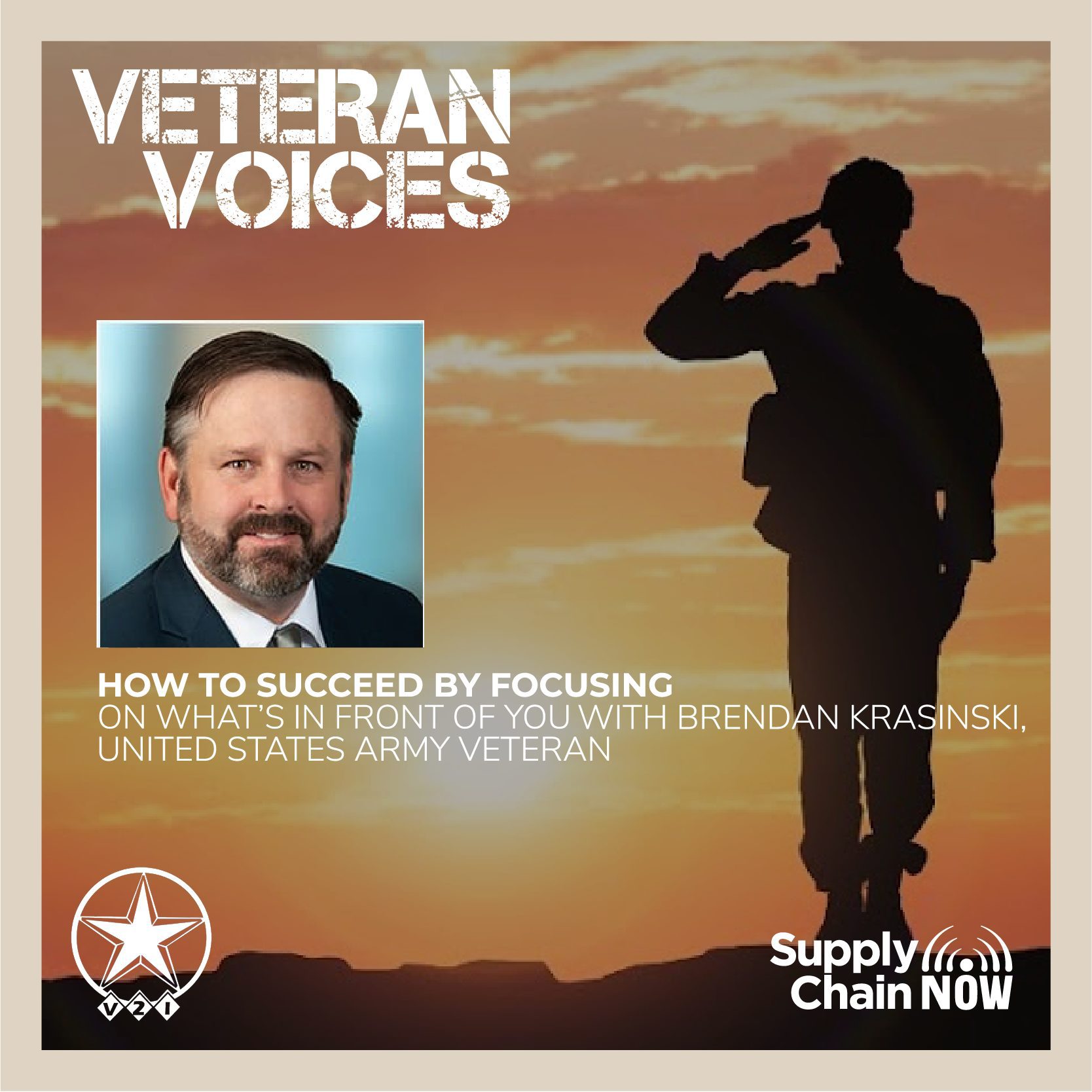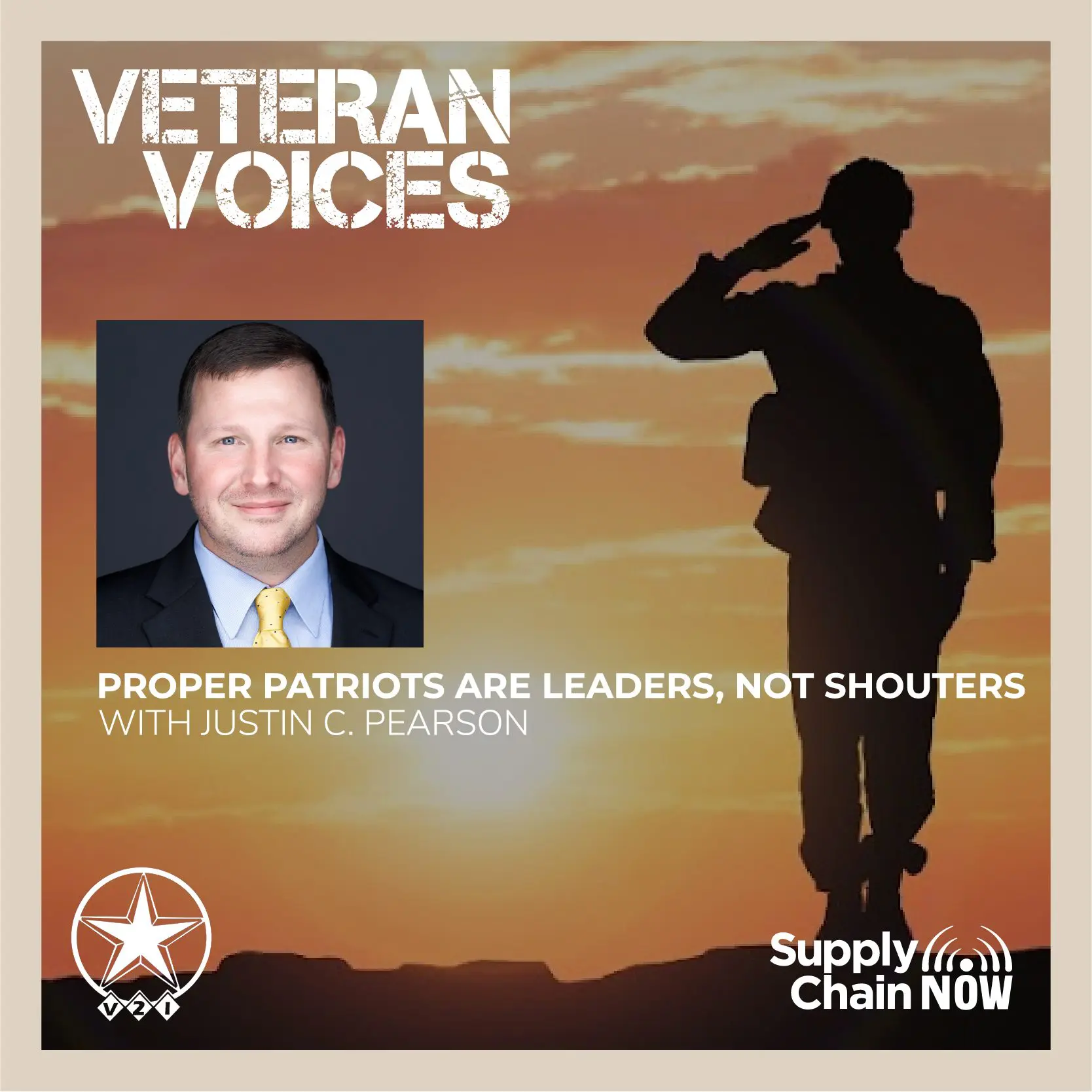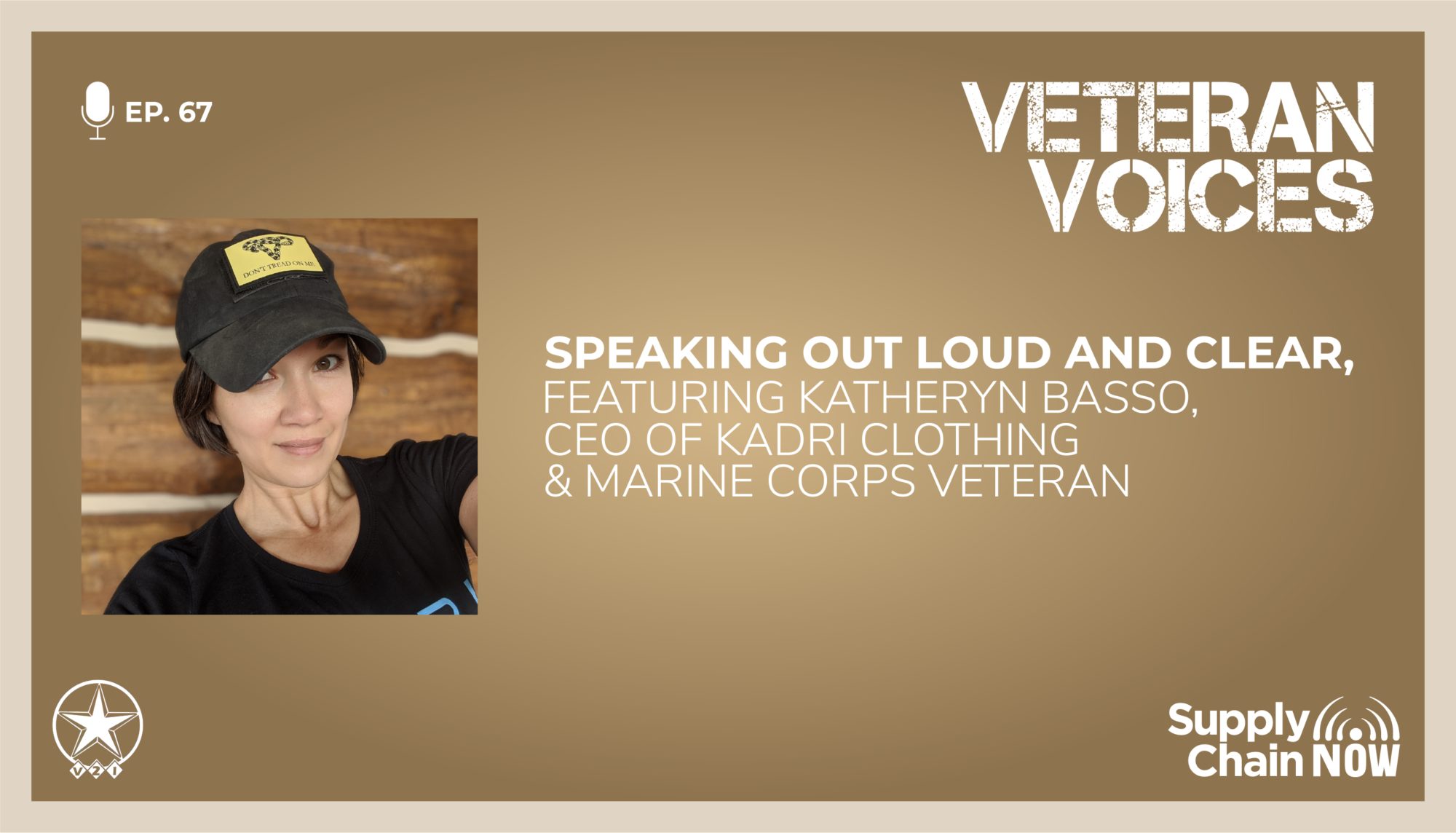
I became very candid and blunt because I felt it was my responsibility to speak from that perspective and from that lens. And if I didn't, then I was doing a disservice to everyone that I was leading, everyone under me. Everyone who was coming up needed a voice. And if that was my voice, then I was going to speak loud and clear and give them the argument and see if they would take it.
- Katheryn Basso, CEO of KADRI Clothing and a Veteran of the United States Marine Corps
Episode Summary
Having the right to speak up and feeling an obligation to speak out are two very different things. For many women in the military, standing out because of their gender makes them want to ‘go with the flow’ to fit in. But not all women – some view it as an opportunity to be the voice that speaks on behalf of everyone.
In this interview, Mary Kate Soliva welcomes Katheryn Basso, Founder and CEO of KADRI Clothing and a Veteran of the United States Marine Corps, to talk about finding her voice in the military. It took her an entire year to tell her parents she had joined the Marines, but once she was in and had their full support, she was off on an entirely unplanned life journey.
Katheryn talks about:
• The opportunity she saw to design active clothes for women that not only fit but met the storage needs associated with rugged outdoor activities
• The important role that male officers and servicemembers play in ensuring women are treated and regarded fairly
• What it was like transitioning from Marine officer to civilian entrepreneur
Episode Transcript
Intro/Outro (00:02):
Welcome to veteran voices, a podcast dedicated to giving a voice to those that have served in the United States, armed forces on this series, jointly presented by supply chain now, and vets to industry. We sit down with a wide variety of veterans and veteran advocates to gain their insights, perspective, and stories from serving. We talk with many individuals about their challenging transition from active duty to the private sector, and we discuss some of the most vital issues facing veterans today. Join us for this episode of veteran voices.
Mary Kate Soliva (00:48):
Hello everyone. This is Mary Kate Soliva with you here on veteran voices. Thanks for joining us today. As we’ve gotten incredible veteran teed up with you to talk to you a little bit about her background, stay tuned for an incredible discussion with her. Cause I know I’m super excited and I’ve been waiting all week for this and a quick programming note before we get started, this program is part of the supply chain. Now family of programming today’s show is conducted in partnership with near and dear friends of mine. Best industry. Dunno what I would’ve done during my transition without them. So big shout out to Brian Arrington and the team, and learn more about this powerful nonprofit@vetstoindustry.org. That’s vets with the number two industry.org. Another initiative near and dear to my heart is the Guam human rights initiative. You can learn more about the great work that they’re doing@guamhi.org. Now, without further ado, I’m happy to introduce a veteran sister of mine today, a guest special guest. Who’s a veteran of the us Marine Corps once a Marine, always a Marine. So I’m not gonna say former Marine and she’s also the CEO of cadre. And I am just really excited because like I said, CEO, like how many veterans actually end up becoming CEOs? So without further ado, Katheryn Basso thanks for joining us today, Katheryn, thank
Katheryn Basso (02:10):
You so much for having me.
Mary Kate Soliva (02:12):
I’m just really excited to get to know you better and for our audience and listeners to get to know you as well. So I’d like to kick us off with some motivation, cause you know, our time in service, probably more so Marine Corps than my time, army really pumps people up and getting them out of bed in the morning, but would love to hear what your favorite motivational quote is.
Katheryn Basso (02:34):
So I have so many, but I think the one that has stayed with me the longest is the only thing necessary for the triumph of evil is for good men to do nothing. Yes. So this quote has pushed me in pretty much every aspect of my adult life. As soon as I heard it every time I’m pausing or wondering if I should keep pushing forward or what I should be doing or what we tend to call for us is moral courage, right? Like you have a lot of physical courage and you see that a lot in our military community, but the moral courage to actually take a stand and say, that’s not right, or I’m gonna do this differently or Hey, I’m calling people out. Um, and I, I think it’s just really important, you know, to have that in the back of your mind, uh, to know like you can make the difference. And I think for so many people, they just think they’re one human being on this planet filled with billions of others. And knowing that one single person can make a difference is extremely motivating. And knowing that, you know, that one single person can actually stop a lot of bad things from happening mm-hmm <affirmative> definitely gets me up in the morning and drives me forward.
Mary Kate Soliva (03:46):
Kinda. I absolutely love that. And just thinking about how we just said before the show started about how you wear so many different hats and now you’re CEO, and I know we’re gonna get into it a little bit, but just the fact that you really are, uh, embody someone who is service above self and really helping others who you’ve never even met others who are gonna be following in your footsteps or those coming behind, both you and me. So just a little teaser there for what’s to come that we’re gonna be talking about. But I really, gosh, that one, that one pumps me up, but also gives me like all the feels too. And just knowing about like, I sometimes ask myself, am I doing enough to make a difference? And what I’m realizing is a lot with a lot of these organizations, time is something that just as simple as your time is, is all they ask time to share the message time, to just give of your skills, to be able to help amplify that organization and their mission set. So thank you for sharing that. I’m about to take us a little bit further back, not way back, cuz you’re still young, but <laugh> talk about a little bit about your upbringing. So if you could share with us a bit about where you grew up in, tell us a little bit about your upbringing.
Katheryn Basso (04:55):
Sure. I grew up in Charlottesville, Virginia on a farm outside the city. Oh cool. And it was probably the best way to grow up. In my opinion, you know, I had an older brother, older sister, we grew up very close because there were no other kids around and we couldn’t drive. Uh, so was just us, the dogs, the cats, the chickens and the cows. And you know, it was just a very peaceful and wonderful place to live.
Mary Kate Soliva (05:20):
And so a farm is so did you, what were, what were some of your chores on the farm or did you have chores growing
Katheryn Basso (05:27):
Up? Oh yes, of course from the farm, of course. Yeah. Thankfully I was the baby of the family. So I, you said
Mary Kate Soliva (05:33):
Thankfully,
Katheryn Basso (05:35):
Yes. So my only job was to get like collect the eggs. Right. That that’s what I did take care of the chickens. I had to collect the eggs. And I say, thankfully, because it was not hard manually. Like the manual labor was not a lot. However, like the chickens were mean like I used, they, they were not friendly. So that was always really scary. You’d have to kind of figure out a way to get the eggs for the rooster found you, we had foxes come into the, literally coming into the henhouse and kill some, our chicken. So, you know, it’s just a lot of taking care of those, but there’s nothing like fresh eggs. So I, again, like I can’t complain. It was pretty awesome.
Mary Kate Soliva (06:17):
I, I feel like I have a fear of chickens. My grandparents had chickens on their farm also Virginia <laugh>. And so when I, I would go in there and I they’d ask me to go get the exam, just like, but they’re mean they just like fly and if one flies over me and it scared the Jesus outta me, so I can totally relate to that. And I’m glad that that wasn’t my daily task. It was just like few occasions. But now I’m wondering too, with growing up on a farm, did you have somewhat of an entrepreneur mindset then? Did you end up like selling the eggs at some point or having like a lemonade stand or anything like that? <laugh>
Katheryn Basso (06:53):
No, not at all. Like entrepreneurship was so far from my mind, it was never something that I intended to do. And it was definitely never something that I thought I would do as an adult. So this whole thing is, is brand new, but no lemonade stands, unfortunately <laugh> as just, uh, a lot of innocence I would say, I didn’t know what veal was until I got to college. And every year my dad would tell me that the baby cows were just going away to the neighboring farms, uh, where they would grow up. So I was quite sheltered, uh, growing up, but it, it ended up being a good time.
Mary Kate Soliva (07:29):
Oh gosh. Well, I can’t imagine cuz did you end up treating them like as members of the family, right? Like you end up. Absolutely. So I had friends that I, I grew up with that they had pigs and so they refused to eat bacon or anything that came from a pig because they just saw like their friend on the tables, on the dinner plate or breakfast plate or whatever it was. So I can definitely see where you wouldn’t know what veal was cause you’re like, but they’re all some animal names. Did you have some pet names for them?
Katheryn Basso (07:56):
No, I really didn’t. You know, they were numbered and that’s how I kinda recognized them. It, it does for sure. We had so many farm cats. Obviously we had, I think at one time we had 11 cats because, oh my goodness. Two of the female cats got pregnant at the exact same time and that was insane. And my parents were going crazy. And of course I said, kid, I was like, oh, look at baby kittens. So, you know, right. And it was, they were very young cats. We were planning on getting them sped and then they got pregnant. So it, it was just, uh, I was much closer with the cats and the kittens than the cows, thankfully, but I did enjoy the cows as well. Not the chickens.
Mary Kate Soliva (08:38):
I love that. Totally fine.
Katheryn Basso (08:40):
And I love that fine eating chickens,
Mary Kate Soliva (08:41):
Just that farm life. I mean, were your parents also always part of their upbringing? Are they sort of city folks that ended up with a farm? Was it one of those situations like green acres?
Katheryn Basso (08:50):
It was, they were definitely city folks that ended up and we lived on the farm farm, had a nice garden. I do remember that was also part of the chores. Right. Like weeding the garden and watering it and, you know, harvesting it appropriately and helping the mom with the canning and strawberry jam making. And
Mary Kate Soliva (09:09):
Um, I feel like an episode of Walton’s coming up to it
Katheryn Basso (09:13):
Pretty, it was, uh, I definitely learned how to entertain myself. So it, it was just a really solid childhood that, uh, I’m very thankful for.
Mary Kate Soliva (09:22):
Yeah, absolutely. Like you said, the wholesomeness of just your upbringing and knowing how to do things, there’s something special about knowing how to be able to, to feed like what you had prepared before you was something that you all grew and did with your own hands. So very, very special compared to like aisle seven, I’m gonna go buy my package of, so really the field, we won’t talk about the baby. So sorry. Upbringing goes too. Do you have sort of any anecdotes or lessons learned from that time? Pretty tight knit family.
Katheryn Basso (09:54):
It was. And my dad served during Vietnam. Wow. But we were not like a military family at all. And my dad always instilled this sense of, of service. Yes. But also protecting those who can’t protect themselves. And you know, he instilled that on my oldest sibling, my sister to protect my brother and me. And then my brother had to protect me as well. I had a lot of protection obviously. And then it was almost like that scene from hook. Like I was the littlest one, like who do I protect? And he’s like, you stick up for your friends, you know, you go to school and you take care of your friends. And he always told us like, never start a fight, but he would support us if we had to defend ourselves. And you know, I was such a nerd. I never got into a fight, but it was always nice knowing sometimes you have to stick up for others and you have to stick up for yourselves. And we knew that he would support us in that. So I think that lesson carried over into the military, knowing that I wasn’t just fighting for myself or that person to left or right. But also that we had this goal of, of protecting those who can’t protect themselves.
Mary Kate Soliva (10:59):
And I, gosh, I really love that. I, um, definitely a lifelong lesson that’s like goes beyond just childhood, but even now, and I love that you brought up your father, your dad’s service and that he taught you something, cuz it’s sort of like a great segue to what ended up bringing you to go from a farm to joining the Marine Corps. <laugh> so, cause I wanted to ask a little bit about like anecdotes from anything that you learned, cuz not everybody gets to grow up around animals. And so there’s a lot of things that we can learn from them too. But now I’m just really curious now about that shift from being with the chickens, to wanting to meet some DI’s with the, the Marine Corps
Katheryn Basso (11:38):
<laugh> right. Um,
Mary Kate Soliva (11:40):
So
Katheryn Basso (11:42):
I will say that the military was also not something I expected. I was an urban school, but I also played soccer and enjoyed all that. Um, I got injured my sophomore year in high school and fell in love with sports medicine and that was going to be my life. Like I love sports medicine. I ended up working at the training room in my high school. I interned at university of Virginia’s MCQ center, my senior year in high school. Oh that’s it was great. I got into UVA. That was going to be my profession. Like I could not imagine being paid for it, but the nine 11 hit and I was the second year at UVA and obviously it was traumatic for everybody. We had a lot of children of senators and congressmen and world leaders at our school. And so, you know, you saw the black SUVs, ripping kids out of classes and dorms.
Katheryn Basso (12:37):
And there was just a lot of uncertainty there. And for me it was this feeling of helplessness turned, okay, now it’s time to serve. Now it’s time to protect those who can’t protect themselves. How can I do that? And I, next semester I had knocked on the door of the ROTC building, uh, for the Marine Corps and I was like, I wanna be a Marine. And they were like, okay. <laugh> and cause I, you know, I, I just didn’t know anything. I, I didn’t know the difference between a, a CNO and an MCO. And uh, it was just completely foreign to me and I had to learn very quickly and I really wanted to be a Marine at that point, but my parents didn’t know. And we were obviously very, we are very close knit family and their idea of me and my success and everything that they had heard for the last four plus years was athletic trainer and getting my master’s degree and going overseas and you know, being some trainer for a European football team and you know, like this whole idea of what my life was going to turn into.
Katheryn Basso (13:44):
And that was just completely changed in one day. And so I started working out with R ROTC. I did not apply for that. I wanted to still have a college experience. Right. And so I knew I was gonna go through officer candidate school, but I still had to tell my parents. And so it was this really awkward, like full year of me going home and being like, I’m gonna tell them this weekend and couldn’t tell them. So when I, I finally did, my dad was super proud of me. He was like, this is amazing. My mom was like, absolutely not like, no, <laugh>
Mary Kate Soliva (14:20):
No go air force at least. Right? No. I feel like mom says to that and
Katheryn Basso (14:27):
Right. Like, and she, God bless her. Uh, she grew up, her dad was a retired army. So she grew up with, she was an army brat, as you would say. And she was just like, I’m not having that for my daughter. So it was quite a shock for her. I remember the day I got commissioned after we did the parade and then we were gonna go in and actually get commissioned. There was a little break in between and we went out to lunch and my mom pulled me aside and she’s like, honey, the car is running. If you just wanna go. And I was like, no mom, like I made it, I did it. I did the thing. You know, I, I passed, I I’m an officer. I, I wanna be an officer. And after that, it, it took her maybe, I don’t know, three months. And then she became my biggest fan and she had my daughters, a Marine sticker all over her car. <laugh> you know, she, she was super proud. It just took her a little bit to come around.
Mary Kate Soliva (15:20):
Oh, I know. Gosh. Well, I’m glad that they’re both very supportive and I mean, the military, you have ties, you know, with your dad and the fact that your grandfather also served too. So, you know, with, with Marine Corps though, what made you really stick with that though? Instead of, uh, another branch, I’d say
Katheryn Basso (15:40):
I looked at the standards, I looked at what was gonna be the hardest and I, I guess that’s the Marine, right? Like,
Mary Kate Soliva (15:46):
Yeah. Well still sharpest uniform for sure.
Katheryn Basso (15:49):
Oh, for sure. Except for, you know, the, the female dress blues kind of look like, uh, flight attendants, but I, I hear they’re working on that, but you know, it, it was one of these you’ve met plenty of Marines I’m sure. And you always, like, I’m starting to talk to, to a lot of people who want to join. And I always ask them the same question. Like, do you wanna a specific job or do you wanna be a Marine? And if they say they want a specific job, then I push them towards the army. Um, or the air force whatever’s more appropriate for that job. If they are like, I wanna be a Marine, then I’m like, okay, you’re a Marine, right? Like there’s just something different about Marines that they, they just want that EGA. Right. They want that globe and anchor, and it doesn’t matter what job they do because they’re still a Marine at the end of the day.
Katheryn Basso (16:36):
And when I was looking at everything and the statistics, especially with the women and, you know, the, how hard everything was and, and how I was gonna be and what standards I needed to meet and exceed at the end of the day. Like, I didn’t care what job I had. I just wanted to lead Marines and right. I knew that, okay, you know, she’s a Marine. Right. And I think for anyone else coming up, that’s what I end up asking them, like, do you wanna be a Marine? And they’re like, yes. And I’m like, all right, go at it. You know? So I think that’s why I think they’re just something in our DNA. That’s a little strange. And I’m very proud of that. I think a lot of people think it’s, it’s a little crazy and I’m okay with that too. Uh, but it it’s definitely the pride, this decor that was very attracted to me. So marina was
Mary Kate Soliva (17:25):
<laugh> well, it definitely seemed like a great fit and there’s definitely something special about Marine Corps women. I mean, it still is like the newer developments. I mean, you all still have those segregated, basic trainings too, where the women were trained different or not differently, but like in separate like barracks in separate area from the men at one point too, I know that’s like since changed, but there was a lot you’re right. As far as difficulty that definitely comes to mind about the Marine Corps training, just even initial training. So about your time, where did you go with the Marine Corps? Did you end up staying one spot us? Did you do any time overseas?
Katheryn Basso (18:03):
Yeah, I was very fortunate. Uh, my very first duty station was Marine choir station. You Mar in San Diego, great
Mary Kate Soliva (18:11):
Station <laugh> yes.
Katheryn Basso (18:13):
And in fact, I remember Lieutenant Colonel was like, this should never have been your first duty station. They spoiled you. And I was like, oh no, it’s great. But yeah, they spoiled me. It was a great time. I was with a third Marine aircraft wing, uh, ended up going and deploying to Iraq with them. And then while I was there, I applied for the foreign area officer program and got accepted. So I came back and then went straight up to Monterey and got my master’s degree. Yep. It was again, very fortunate and then went to DLI, did the language thing for 63 weeks and then got stationed and attached to the us embassy in Korea. And I, I spent some time over there as well. So I had a very, very great experience in the Marine Corps there. I got recruited to a SOCOM unit and got stationed back on the east coast, which I will say I, by that time got very soft, uh, six years in California, I was not okay with the humidity and the bugs as anyone who’s been too long in California knows, uh, it definitely softens your skin a little bit, but at that point I was hitting 10 years as this was never supposed to be a career for me.
Katheryn Basso (19:22):
I always thought I I’d hit 10 years. I, you know, be a captain get out, but I was just having so much fun that I decided, well, we’ll just keep staying in. Uh, until it doesn’t get, it’s not fun anymore. So, you know, about 12 years, I hit that point where I had to make a, a good decision on whether I pursue this for the remaining eight years and retire out or start a new path and to,
Mary Kate Soliva (19:49):
Yeah. I’ll well, I can definitely see the great things that you’ve done, you know, that we’re about to get into with what you’ve done since the Marine Corps, but definitely a Testament to your grit <laugh> and tenacity to even choose the Marine Corps to begin with. So I really appreciate you sharing, uh, that aspect. So I definitely love what you were saying about your, the Marine Corps and why you chose the Marine Corps. I still don’t think that I have the tough grit and tenacity to be a Marine myself. So army, it was for me, but I really admire that what you do and the Marines that I worked with and served with on my deployment, I definitely look up to them admire the mental toughness. And just, again, there’s something different, like you said about Marines, and I know it was like leading Marines.
Mary Kate Soliva (20:32):
It’s not a matter about what your sex is, but there is something for me, at least from my observation about something different about a female Marine compared to the other branches of service of women that I really love and admire. I did want to ask a little bit about any of, of the sort of mentors that you had, what either during your time in service, who wore the uniform as well, or maybe even somebody that was just in your life at that time, that really took you under their wing and sort of, uh, what they did to mentor and advise you
Katheryn Basso (21:00):
A lot of, of my, I don’t wanna say peers, but you know, the classmates, especially, uh, at NPS, when I was there, I was the youngest, or I guess I should say the most junior, cause I’m not quite sure about age wise, but I was the most junior, um, Marine there for sure. And probably the most junior officer when I was there. I was very fortunate again that I, I was able to get there. Uh, but I was a first Lieutenant and, you know, I was very young and we were still right smack in middle of Afghanistan and Iraq. And, you know, I was surrounded by a bunch of field grade officers who had just come back and they had their own demons to deal with, but it was definitely a, a very unique perspective seeing how these officers even led their own, I guess, is the best way to put it.
Katheryn Basso (21:46):
Like I was always looked after. And that is something that I really took to heart. When I went to DLI, I became a company commander and I had, uh, you know, battalion commander who was in charge of the detachment, Colonel any, you know, he was also definitely someone that I looked up to as a leader, as long as you explained why you were going to do something, he supported it. And he taught me that I always had an opinion, it was my job to recommend to him something. Right. But in the Marine Corps, especially in the military, it’s tends to be like, shut up in color is a very common phrase that they say your opinion has been noted is, is also another one that I have actually used before. But when we would have these, you know, mentor sessions or, or when I would just come in and talk to him, he told me, he’s like, you know, you can always ask, I will tell you no, if I don’t want to, you know, if I don’t think it’s a good idea, but you can always ask mm-hmm <affirmative> and it was just, uh, something’s just clicked, right?
Katheryn Basso (22:43):
Like I have an opinion, I have ideas. I have, um, you know, boots on the ground experience. My opinion is a valid opinion. Now it might not fit in the overarching hierarchy of, you know, that particular battalion or, or a military in general. But I can always ask, know the answer might be no, but I can always ask and I can always state what I think is the right thing to do and provide that recommendation. He can always say no. So it was one of these liberating moments where before, you know, I never really felt like I could speak up and then it was the exact opposite. It was, I am freely giving you my opinion on what the right thing to do is whether
Mary Kate Soliva (23:34):
You agree or not.
Katheryn Basso (23:35):
Yep. And, you know, and, and I was always respectful. Right. I, you know, I still knew my place. Um, but it was, this is what I think should happen and you can take it or leave it. Uh, but if I do not say it, then that’s on me. If I do not give you my recommendation based on my own expertise, that’s on me and that’s my failure. So it is up to me to tell you what I think. And if you take it great, if you, don’t great, because you have the bigger picture, right. Talking to a boss, especially you have the bigger picture, you know, you have 10 other people telling you what you, you should do based on their own unique lens and own unique perspective, but being able to step up and give them my perspective, especially as a female, cuz we do have unique perspectives.
Katheryn Basso (24:21):
We’re not just this five foot, 10, you know, blonde hair, blue, I white male, um, that grew up in the Midwest, right. I usually just see them all over the place in the military, but it’s like, I have a very unique perspective cuz I’m five, three, and because I’m a female and this is my opinion on this matter. So I think that started this. I don’t, I don’t even know what to call it, but I, I became very candid and I became very blunt, um, because I felt it was, you know, my responsibility to speak from that perspective and from that lens. And if I didn’t, then I was doing a disservice to everyone that I was leading everyone under me, everyone who was coming up, they needed a voice. And if, if that was my voice, then I was gonna speak loud and clear and give them the argument and see if they take it.
Mary Kate Soliva (25:12):
Dunno if our listeners understand like how unique you are as well. Just the fact that I found out mistaken the rink or has the least amount of personnel compared to the other branches and then as far as women in the Marine Corps, even fewer. But then the fact that you’re also an officer, uh, I imagine there are many times where you were the only woman in the room or the only woman at the table that really could be that voice and provide that perspective.
Katheryn Basso (25:38):
Absolutely. In fact, the only time I ever worked worked for a woman was, uh, my last four years in that SOCOM unit, there was an army Lieutenant Colonel and it was amazing to see her in action. You know, she had this, just this presence about her and it was my first time either working for a woman or, I mean, I, I think I had worked alongside, um, another female officer when I, in my very first duty station, Joe Laden. And that was it. And other than that, it was, it was just me and I was the only, or the first or, you know, you name it and being able to speak from that perspective, uh, especially to a room full of men that, uh, let me see how I can put this correctly, but in a polite way, men have a very, uh, specific lens in which they think through.
Katheryn Basso (26:38):
And I think it was very interesting that, uh, we would often come to head, uh, on very opposite issues, um, in our, on the same issues, but what we had very differing opinions on it. And it was my responsibility to ensure that voice was heard. So yes, it, it was definitely a, an interesting time, but I think for women, especially because they’re usually the only in the room, they don’t wanna stick out anymore than they already do. And so they tend to be just going with the flow and they wanna be one of the guys and they don’t want any special treatment. And I get that. I was there, no, I was that person at the same thing. Um, but there’s absolutely no harm in speaking up and saying, Hey, this isn’t right. You know, from my perspective as a woman, this is not right. Um, and can we look at it a different way? Can we solve this problem a different way? That is fair for everybody? Um, absolutely. And I, I hope that, you know, more women feel comfortable in the culture that they are currently serving, that they can be the one to speak up as well.
Mary Kate Soliva (27:50):
I, I can definitely, you know, just as you’re saying that can already relate in so many ways. So that experience, I am curious, um, to your experience with when you were in Korea, did you find that working with the host nation was, um, sort of like advantageous as, as a woman to be able to speak your mind or more? So did you find challenges there?
Katheryn Basso (28:14):
I found more challenges than success. Um, for sure. It, I remember a few, um, instances where we were, we were all traveling somewhere and we were in a van and, uh, a Korean general needed a ride and they opened the door and they looked at me and they were like, get out. And I was, I was in a major yet. I was still a captain, uh, and there were much more junior people in that van. Uh, but because I was the female, I was the most junior one to them and, you know, it was, it was very strange. And, and luckily there was, uh, another Marine major there and he was like, absolutely not. She’s staying in. And again, like, I, I think this theme that I’ve seen is that women are seen success yes. By being meeting and exceeding their standards and being that voice for others and, you know, stepping up.
Katheryn Basso (29:14):
Um, but also when we have male advocacy and if I did not have that male advocacy in that room of a field grade officer saying, no, she’s staying she’s here. Um, then I probably would’ve gotten out, right. Like the General’s coming. They want me to get out. I will get out. Um, cause you, we end up picking our battles a lot. Right. Um, but the fact that men are, are standing up and also taking, you know, our side to ensure that we get the respect that we deserve. Like that’s how we are succeeding and we can’t do it alone. And we have to have those men on our side.
Mary Kate Soliva (29:54):
Gosh, that’s such a great point. Cause even the allies you is like, um, I remember seeing this women veterans group, like they really wanted it to be women only. And I was sort of playing devil’s advocate of like, we should also allow the men who want to come to be able to learn from our perspective and be allies in this because you’re right. Like if the, there could be a male in the room that is gonna speak up when, you know, we’re not the other men aren’t giving us a chance or a voice. Uh, so that’s, that’s a valid, valid point. And I’m glad that you brought that up. And as far as your, so now back home in the states, did you end up, did you transition while you were in the states or did you begin your transition while you were overseas?
Katheryn Basso (30:38):
I transitioned on the east coast.
Mary Kate Soliva (30:41):
Okay. And, and sort of, what was that, was that like for you, did you have a easy pathway experience in that? Or how, how did that go? No, <laugh>, how’d that go down? Uh,
Katheryn Basso (30:52):
I mean, yes and no. Um, you know, I, I think it was, it was a unique experience because I went straight into starting cadre. Right. Um, and starting an entrepreneurship straight outta the military, uh, is challenging in itself. Um, but I think as a, as a woman, it was very hard cuz in uniform, you walk into a room, everyone knows who you are, they know your rank, you know, they, they, you have your own identity. And I maybe experienced sexism a handful of times when I was in, I was very fortunate. Um, I experienced sexism in the civilian world almost daily and that was hard for me that transition of walking into a room and people don’t look at you and say Marine major, they look at you and think she’s a woman. And that identity loss was, was a huge struggle for me. Um, you know, it, it was, it was very difficult for me to find my place once I got out.
Katheryn Basso (32:08):
And I think we all end up being defined by titles, right. Like officer Marine, um, you know, for me it was just grasping, um, at something that, that defined me. Okay, well I’m a CEO now. Okay. Well, yes, you’re a CEO. You’re also a founder. You’re also like every other hat, um, that you have to wear when you’re starting a business. And so what you really are is crazy, right? You’re just like you end up having this conversations in your head. Um, you know, and all the different hats are fighting with one another because they all have different priorities. Uh, but just, that’s a
Mary Kate Soliva (32:49):
Good point.
Katheryn Basso (32:51):
Yeah. Cause I,
Mary Kate Soliva (32:51):
I had somebody tell me one time that don’t start an organization unless you’re prepared to be the HR, the logistics, the finance, like basically like all the S shops like you had in the military. Like the it guy until you’re to wear each of those hats, don’t start your,
Katheryn Basso (33:17):
It, it is, it was a bit of a struggle. And I think especially where I came from, a lot of the guys would get out and they’d go work and contract for the government. And you know, they still had that title. You know, they, they went from doing SOCOM stuff to basically doing the same thing for other government agencies and still it was, yeah, it, it was a very easy transition for them. And, and for us, you know, for women, we just didn’t really have that option. And all of a sudden it was, I used to be somebody at some point, who am I now? And what I didn’t wanna do is, you know, you, you see all these people, uh, I call them professional veterans, right? Like they, they focus all their attention on what they did 10 years ago and 20 years ago.
Katheryn Basso (34:07):
And you know, they, they build their reputation based on that. And I’m like, Hey, I am not taking away from the amazing things that you did. And the service that you had in this country, it is, you know, not, not a lot of people will step up to that, but what are you doing now? What are you doing now to make this world a better place? You did it right for 20 years, for 10 years, for five years. And you did an amazing job. So continue doing that. What are you doing now? And love that. That’s where I was. I, I was like, what am I doing now? What am I doing now to, to make this world a better place? Um, or to make the next generation of women stronger and, you know, with starting a clothing company, which by the way, like, I am not a fashionista. Uh, most people look at me and be like, wow, she’s really comfortable. Right? Like that, that was me. Like I was not clothes, you know, fashion forward. Uh, I was always very comfortable. Um, so taking this, this company, taking it on was, I was completely out of my element and I was, you know, hyperfocused on, on function and ensuring that women had what they needed to succeed while also, but again,
Mary Kate Soliva (35:20):
Challenging yourself,
Katheryn Basso (35:21):
Right? Yeah.
Mary Kate Soliva (35:22):
Just like, you’re like, I’m gonna choose the hardest branch because I wanna challenge. Wasn’t like the most difficult, challenging branch. I’m gonna pick that one. And then you’re like, what company am I gonna start? The one that I’s totally outta my element that I gotta start learning again, but you’re definitely up for the task most definitely. And just, you know, in a little bit of time that we’ve gotten to know and just how you challenge yourself. But again, it goes back to like you did with the Marine Corps where you’re like serving my Marines and making sure my Marines are taken care of. And now it’s like serving. And I love that the, the theme with women keeps coming up. Because again, you, you continue like leveraging your experience and your background and still being a voice for those who are still afraid to speak up.
Mary Kate Soliva (36:03):
And I think we had talked offline before, but like, even for me, there were times, many times I’d say in the military where I didn’t feel like I could, I could speak up. Like it wasn’t my place to do so. Even if I was the only woman in the room, I was one of those, like you spoke of where I just didn’t wanna rock the boat or stand out even more than I already was. And to just, even for the equipment, I already knew it fit poorly. <laugh> I knew that the scars on my back cause my equipment dug into my skin and I’m like having to peel my equipment off of me with my first layer of skin and all those times of rocking. And then, you know, even for air even being airborne too, and just, um, you know, I think I’d, I’d love to hear.
Mary Kate Soliva (36:42):
I mean, this is a great segue, cuz I think with the point you’re making for transitioning service members is so true about like, what are you doing now? And you wouldn believe that what’s veteran voices. My goal here is to really amplify those who are continuing to serve beyond the uniform, but you wouldn’t believe how hard that’s been to actually find folks who are serving beyond their nine to five job. When I ask some veterans, I’m like, well, what are you doing to give back to volunteer? They’re like, well I volunteered like five years ago for this organization. And I’m like, but you haven’t done anything since or what are you doing now? And so I’d say that even though we did service beyond self in the military, that isn’t necessarily the common or status quo for all of us veterans after we get out. So I really admire that. You’ve actually started your own business and you are CEO and, and entering these uncharted waters. But could you tell us a little bit about your company about, and, and then about the name, please tell us about the name.
Katheryn Basso (37:39):
Okay. So cadre started, uh, because I lost my knife and it
Mary Kate Soliva (37:45):
Is the shirt <laugh>
Katheryn Basso (37:48):
I should totally do that, but I lost my, I lost my knife. So I was at, uh, an assessment selection and uh, we had to wear civilian clothes cuz we couldn’t, I had any sort of identifiable marks on us on what branch we were in or what service we were belonging to. So civilian clothes and as I’m sure, you know, REI and the civilian hiking population, they make amazing clothes for men that are very functional in high speed, low drag, lots of pockets, the women’s clothing and pants, uh, are very lacking. Yes. Uh, but I went and I got my shirts and I got my pants. Uh, anything that fit me as a woman. And that’s what I used while I was out. Um, now the pockets of a lot of these pants are either nonexistent or I don’t know, made for a chapstick, but I they’re
Mary Kate Soliva (38:45):
So tight. Right. There’s so for me, like for my body type, they’re so tight that I actually can’t put anything in the pockets. Like for some like, except for, unless it’s like down by the cap, but even still like I can’t fit like a bulk, like you having your cargo pants for men.
Katheryn Basso (38:58):
Exactly. Yeah. So I, I put a knife in my pocket and I was running around, um, and my knife popped out mm-hmm <affirmative> and this knife I got, uh, right after I got commissioned, it had been to 11 different countries with me. It was my lucky knife. Um, and I lost it. And so one, I was absolutely heartbroken about this knife, right. It, it was my knife, but two, I didn’t have a backup and yes, I know, uh, two is one, one is none. Um, but I did not have a backup. And so I had no way to eats that were to sustain me for the rest of this assessment selection. Uh, so luckily one of the guys had a key chain Swiss army knife. Mm-hmm <affirmative> like the little tiny ones. Yes. So for the rest of the time, I’m like sawing open my MRIs with like this teeny tiny knife.
Katheryn Basso (39:51):
And I was so mad. I, I was like, I cannot believe that we do not have functional clothes or functional pants or functional anything that fit women. And so that night, um, I drew up the first iteration of the bow field pants that we have, uh, with 11 functional pockets. Uh, it, it basically stayed the same. Uh, we altered a few things, but you know, I, I knew one, it had to have enough pockets that were deep enough to fit my knife. Uh, two that it had to have the bellowed cargo pocket so that no matter the thigh size, you could actually use the cargo pockets. I had zippered front pocket so that nothing fell out of them. And I wanted a tampon pocket so that I didn’t have to mix tampons in with nasty discussing lead or brass or whatever else that we put in our cargo pockets. Um, so I really started with the Val pant to solve the problems that I faced in the field. And then, and
Mary Kate Soliva (40:54):
For those who may not know, where did the name, what does Val mean? I, I know it is, but just for some of the listeners may not know what a RI is.
Katheryn Basso (41:01):
So it’s, it’s part of north mythology, you know, the, the female warriors who take those who die in battle, uh, to Bahala and when we started to names are hard by the way. So cadre cadre is, uh, I started this company with a co-founder, uh, she’s still active. So we ended up working things out so that I have a hundred percent of the company now, so that there’s no conflict of interest, uh, as she continues to kick in the military, we just ended up squishing our names together. That’s from,
Mary Kate Soliva (41:32):
Oh my gosh, I didn’t even,
Katheryn Basso (41:36):
Yeah. Oh, that’s are hard. Uh, so when, when we named the valry, I knew that this was gonna be something that I was gonna have to continue on with all of the other pieces of clothing, all the other products. And I wanted no mythology, Roman mythology, all the mythologies of all the cultures of the badass women. Uh, and so that’s kind our theme as, as we move forward,
Mary Kate Soliva (41:59):
Love that when you said Val pants, I was like, yes, that’s a great name for pants. I actually served with a, who I was at selection with his daughter’s name, Val. So I was just like, it’s so cool. A cool strong name. It’s such a strong name. And you’re like, some of us go in and we’re like, why did our parents name us that? And then it’s not a very strong name, but that’s a strong name. So I, I really love that. And now I won’t forget what the awe sound because, you know, from your name. So I’m also a Katheryn, but yeah, that’s, that’s so great. And then with some store and I, the fact that you even mentioned again, like a tampon pocket, cuz I talked to someone as she was part of the first Naval academy graduating class, and she was talking about how like the bath suit that they had had a pocket in this suit for them to put their products.
Mary Kate Soliva (42:49):
But she’s like, do they not know what happens when it gets wet? Like, are we supposed to go in the water with this? And so, you know, we were just laughing about that and just thinking, okay, it must have been a male design that designed that suit. But um, just again about how it’s evolved over time, when you have that input and perspective from a woman who’s actually gonna be wearing those pants and the fact that you consider different thigh sizes to major plus. So you mentioned a bit about what you’re doing now, but would love for you to take this time, to let our listeners know about some of the efforts that you have coming up or, or really, um, just how we can better support you and what you’re doing.
Katheryn Basso (43:28):
Yeah, cadre’s turned, yes. It, it is a clothing company, um, obviously in apparel company and hopefully eventually gear company, but the real focus is, is this movement to better equip women who are in extraordinary male oriented occupations? Uh, military obviously is my passion, uh, because I was in the military. Uh, but, and it also covers firefighters, EMS, uh, law enforcement or law enforcement, um, secret service, et cetera. And I, I think in, and I, I say male oriented instead of male dominated because everything in this industry is oriented to the male and it is a complete disservice to the amazing women who have met exceeded standards, who chosen to work alongside, uh, these, these men in these occupations and what we’re trying to do, um, and hopefully will succeed is put the attention on all these amazing women, all these badass women who are, who are serving in their own way, but they’re serving with men’s gear, they’re serving with men’s clothes and that has to change it’s 20, 22.
Katheryn Basso (44:39):
And I’ve heard all the arguments against it. I’ve been in debates, um, countless times with, with leaders. But what it comes down to is this is an underserved market who is serving your country and we need to prioritize what women need in order to Excel in the occupation that they have chosen. So it’s, yes, it is about equality and I’m sure people can roll their eyes at that or whatever they wanna do. But if we have a number of women who are meeting and exceeding that standard and then immediately handicapping them off the back because we’re giving them men’s pants to run in men’s shoes to rock in men’s backpacks, uh, you know, men’s helmets, men’s everything. Then we’re not only setting them up for failure or creating. We’re making them a liability on the X, but we’re also injuring them. So that longevity of your investment, if you wanna put it into money, right?
Katheryn Basso (45:40):
The hundreds of thousands dollars that you are investing to train this amazing badass woman, you are injuring them. And so what we’re seeing in, I’m sure you and I have had this conversation before, but these women are having knee back and hip problems. They’re having shoulder problems to neck problems from the packs. And what we are discovering is that it, it goes beyond just ignorance. You know, there is a innate sexism, not only in this industry, but in clothing industry in general, where, you know, the, the boots are the prime example. I don’t know about you, but I was never given women’s sized boots. I was always told, what size are you in min? And you’re like, I six
Katheryn Basso (46:29):
And as we’re we’ve been doing research, what we found is that because of the, the Q angle of the femur, cuz of women’s hips, that our feet are shaped in size differently than men’s, we’re not just a smaller version of a man’s foot. We’re actually shaped different to distribute that weight appropriately. And a lot of these companies are just taking that, that mold, that last of a men’s chew and shrinking it down for women. And if you are in improper shoes, then you’re going to get back knee and hip problems. And so again, you’re so much problems
Mary Kate Soliva (47:04):
With the VA, like how many disability claims for women veterans has been because of, you know, with the hips and the back and just like those injuries in that area. I know those countless women veterans that have those injuries, how much of it due to footwear improper equipment.
Katheryn Basso (47:22):
Exactly. Uh, you know, senators ERNs and, and Duckworth passed the bipartisan bill in 2019 that did a lot of things, things, it it’s forcing the military to, uh, do better research the VA to do better research on female injuries. Uh, but what they discovered was that improper and ill-fitting PPE was the number one cause of injury for women in training and in overseas. So we know that it is a problem. And while this bill is forcing them to do the research and get female specific body armor, there’s so much more that they can do right now. Like, yes, I get it. They have to do the study, they have to do the research, but right now we can make a huge difference by issuing female fit clothes, female fit uniforms, you know, female boots, you know, female sized packs.
Mary Kate Soliva (48:10):
You mentioned the helmet before, too, which I think was interesting too. Cuz a lot of times I feel like it was a community helmet where they’re just throwing like you small, medium or large, and then maybe you have a extra large head, but there really wasn’t any kind of like number size on inches. And like you said, especially with our hair, the helmet off times pushes and it’s very ill, uh, fitting for a lot of women, just the helmet alone,
Katheryn Basso (48:33):
Sitting in or laying in the prone when you have a bun. Yeah. Oh,
Mary Kate Soliva (48:37):
Forget it.
Katheryn Basso (48:38):
<laugh>
Mary Kate Soliva (48:39):
Like shooting blind,
Katheryn Basso (48:42):
You know? And, and obviously that’s a problem. You know, combat arms was open in 2016. And so we are getting, uh, a lot more women in, in positions where they’re gonna be on the X. And you know, my, my argument to these leaders who are not making this priority is like, please do not wait until one of those women die on the X or a, a man dies because a woman couldn’t see, you know, and wasn’t able to help, you know, we have this obligation to these service members who equip them with the best that we have to offer. And the best for women is not men’s gear. And it’s certainly not men’s boots and it’s certainly not men’s clothes. So, you know, we, we’ve got a long way to go and I encourage everyone. And especially, you know, these decision makers to take a hard look at the women that are in their command and it’s not, we’ll just shrink it and pink it, thankfully we can’t have pink camouflage, but you know, we’re not gonna shrink it.
Katheryn Basso (49:38):
Right. And just say it fits a woman because that’s not how women’s bodies work. I think we’ve got like 26 varieties that society has now named us like reverse triangle and apple and a pair. And like all these weird fruits and geometric designs. But what it comes down to is that women need to be designing for women that lends that perspective that I was out there in the field. And this is what was horrible for me. So I’m gonna make sure that that next generation of women are not chasing when they spend 45 days out in the field.
Mary Kate Soliva (50:11):
That is the worst. I know exactly.
Katheryn Basso (50:14):
Thank you. Suffering towels on my hips because they’re a bloody mess from, you know, the poor packs or the poor body armor, the ill, you
Mary Kate Soliva (50:21):
Could hear body armor, you can hear these females crying at night. When we got back from a rock, you could hear them crying in the showers, cuz they were, were in so much pain from just all the cuts and the skin literally peeling off of us. And I remember one, I saw her and I was like, oh my gosh, she was black and blue. Like just covered in bruises. Granted our occupation, not, you know, like soft and there’s nothing, you know, it, it’s not about taking it easier on us, but like you said, there’s something that we can literally do to help mitigate or prevent a lot of, uh, the physical harm that happens to our bodies because of the ill four, uh, ill fitting equipment. And I mean, I know one of arguments is about like the number crunching, you know, about like, okay, well how many women are there really?
Mary Kate Soliva (51:05):
But I know you’ve done so much of your research and homework. And so I encourage all our listeners who are thinking who are rolling their eyes and challenging this to reach out to Katheryn and our team so that she can provide you with the actual facts instead of spreading this information about this. Cause I know you’ve done your, your due diligence in homework, Katheryn, and I do hope that maybe even one of the staffers is listening and can really, um, help push this in front of folks on the hill. Um, so I love again, the efforts that you’re doing and I’d love to know how our listeners can get in touch with you and, and what sort of further support, uh, that maybe somebody that’s listening could do.
Katheryn Basso (51:42):
Yes, please, uh, go onto our website is cadre clothing.com. You can sign up for our newsletter. You can email direct email me directly, uh, info cadre clothing.com is probably the easiest way. I also have Katherine cadre clothing, but everyone spell my first name wrong. So info will get to me eventually. Uh, that’s totally fine. Uh, and yeah, I mean honestly the more people, the, the allies, uh, the male allies, the, the women, the more people that we have pushing for this, uh, changing this perspective that a service member is a five foot, 1,085 pound male that we can change this so that women can have exactly what they need to Excel and to succeed in, in these occupations. Um, so support us by your girlfriend and wife pair pants. We also have rash guards, but if you are a leader out there, um, you know, we do contracts with the military as well to ensure that women have exactly what they need, uh, so reach out and we would love to serve you as you serve these women.
Mary Kate Soliva (52:47):
Yes, love that. And especially even, like you said, the male allies, uh, who are listening, tuning in, please share this information and if you’re still serving, share it with your units, cause the equipment exists. It’s just a matter of getting it to your service members, your service women. So tune in, uh, for again, other talks. And, uh, thank you so much for your time today. Katheryn, did you have any sort of, um, any last words, anything that I didn’t cover that you’d like to share?
Katheryn Basso (53:16):
No, this is great. I, I really appreciate everything that you’re doing. Elevating voices is, is needed and necessary. Especially as we transition from GE T uh, into other other battles, we need to make sure that we don’t forget, uh, the veterans that served. So thank you so much for everything that you do.
Mary Kate Soliva (53:32):
Yes. Thank you so much, Katheryn, and into your team, really grateful for what you started, what you’ve created and what you continue to do again, um, on behalf of the entire team here at veteran voices, thank you so much. Uh, we invite all our listeners to tune in for other episodes and to subscribe wherever you get your podcast from. And a huge shout out to our friends over at BES industry, big partners of ours, and also the Guam human rights initiative. So this is Mary Kate Soliva tuning in and stay motivated. Do good and be the change that’s needed as we heard from you have it within you to, to start and make a change in this world. So on that note, we will see you next time. Take care, everybody.
Featured Guests
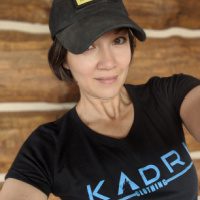
Katheryn Basso is a United States Marine Corps veteran and owner/co-founder of KADRI Clothing, an apparel company whose core mission is to support the trailblazing women in the adventure-tactical communities. Katheryn’s background and interests provide a unique perspective into the needs of her customers, ensuring each product has proper fit, practical function and durable design. During her time in the Marine Corps, Katheryn served as a Public Affairs Officer and Foreign Area Officer, specializing in East Asia culture and strategic policy. Her diverse skillset combines communication, civil affairs and foreign relations with tactical skills. Proficient at navigating the complex civil-military terrain of foreign policy, she has advised and advocated for military and civilian leaders from multiple partner nations.
Katheryn sits on the board of Torn Warriors, a non-profit organization dedicated to empowering and enabling disabled warriors through off-road vehicle and shooting events.
